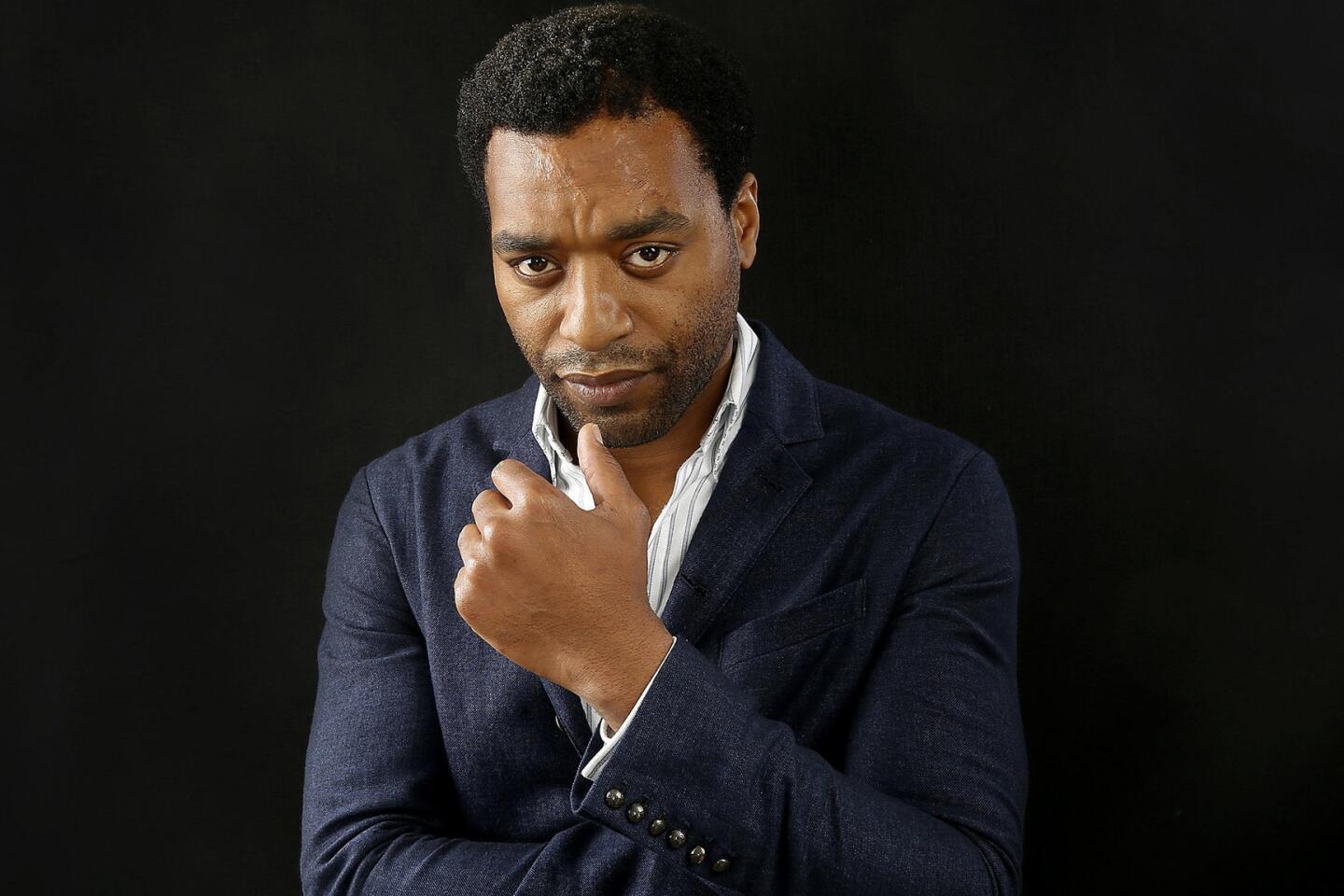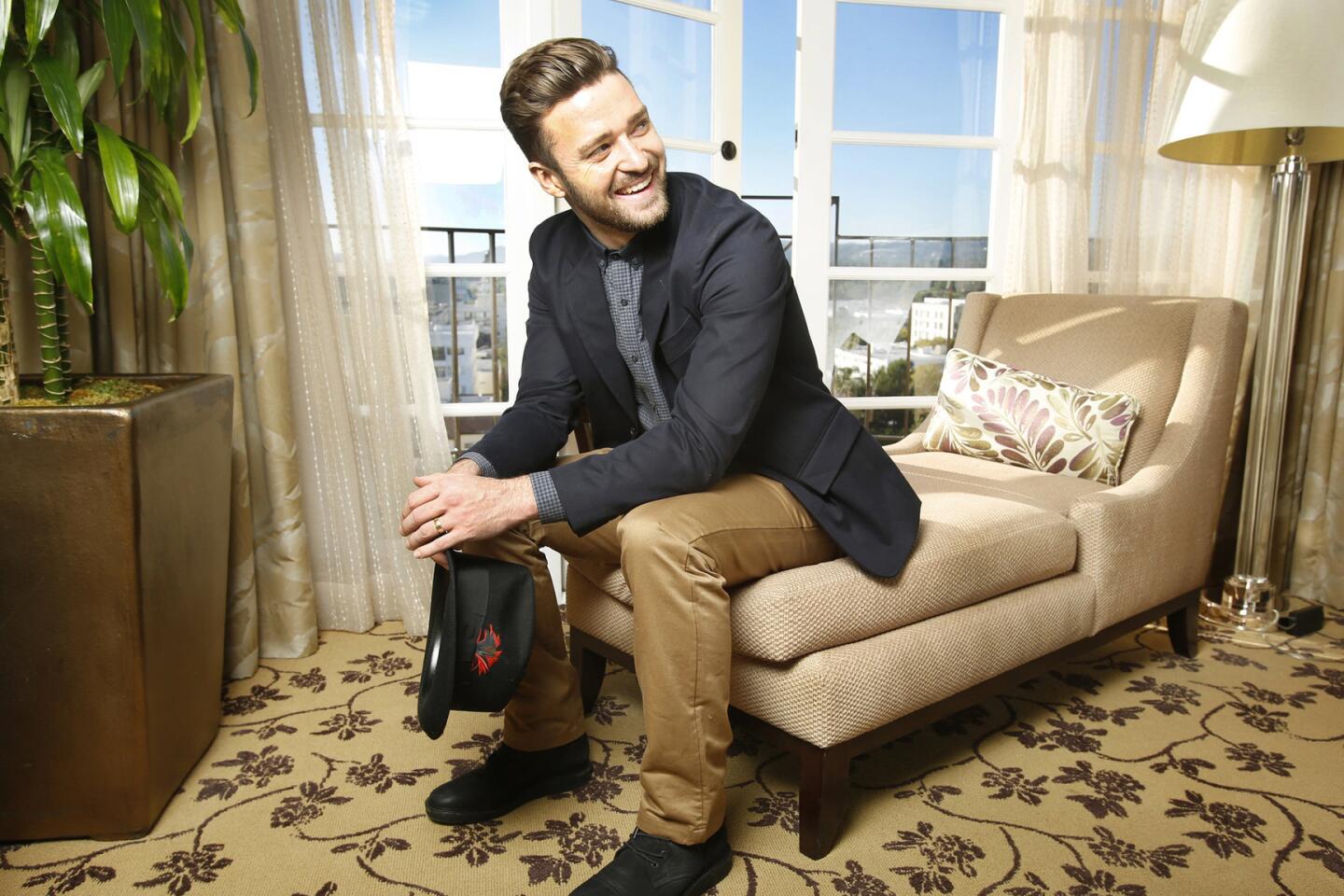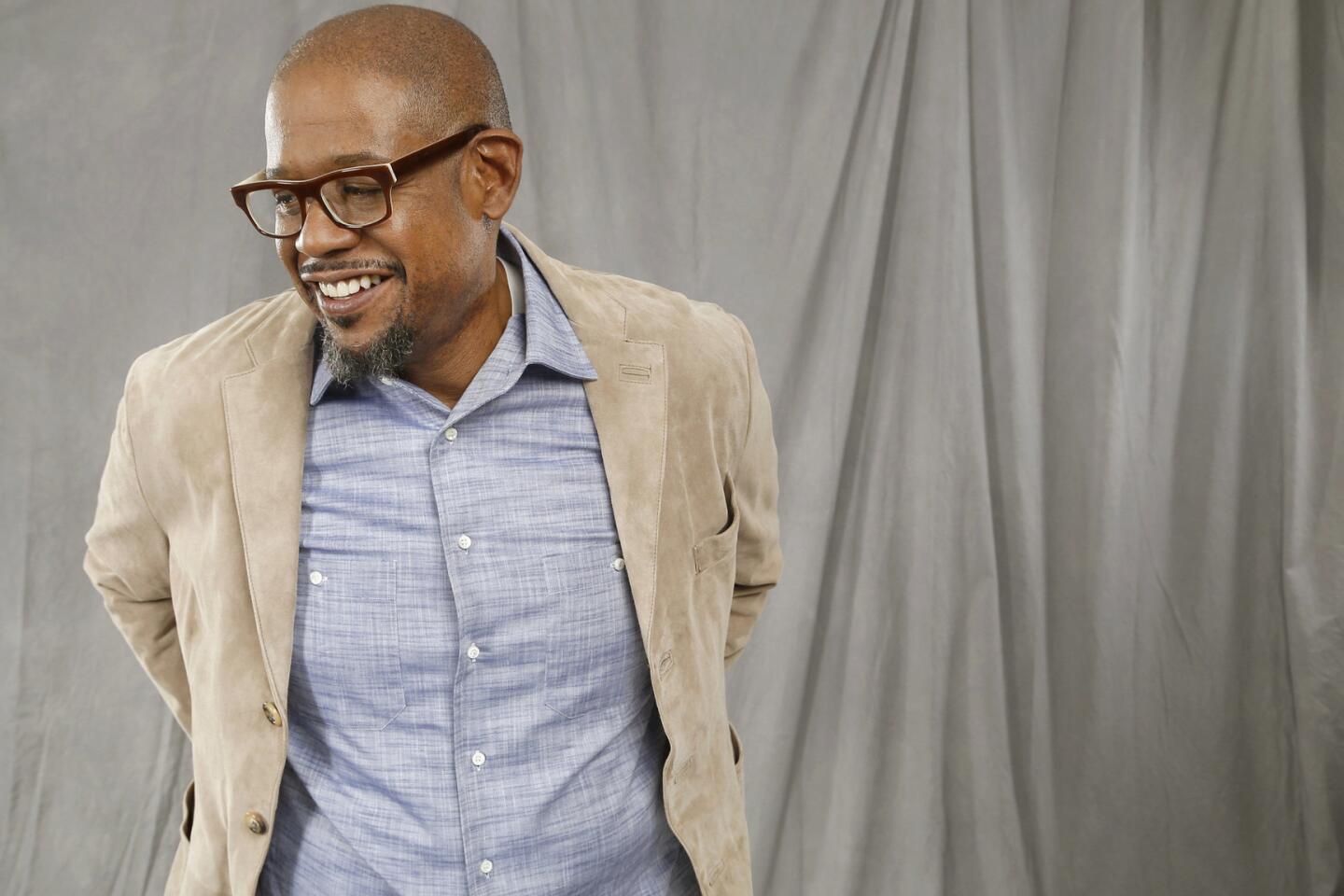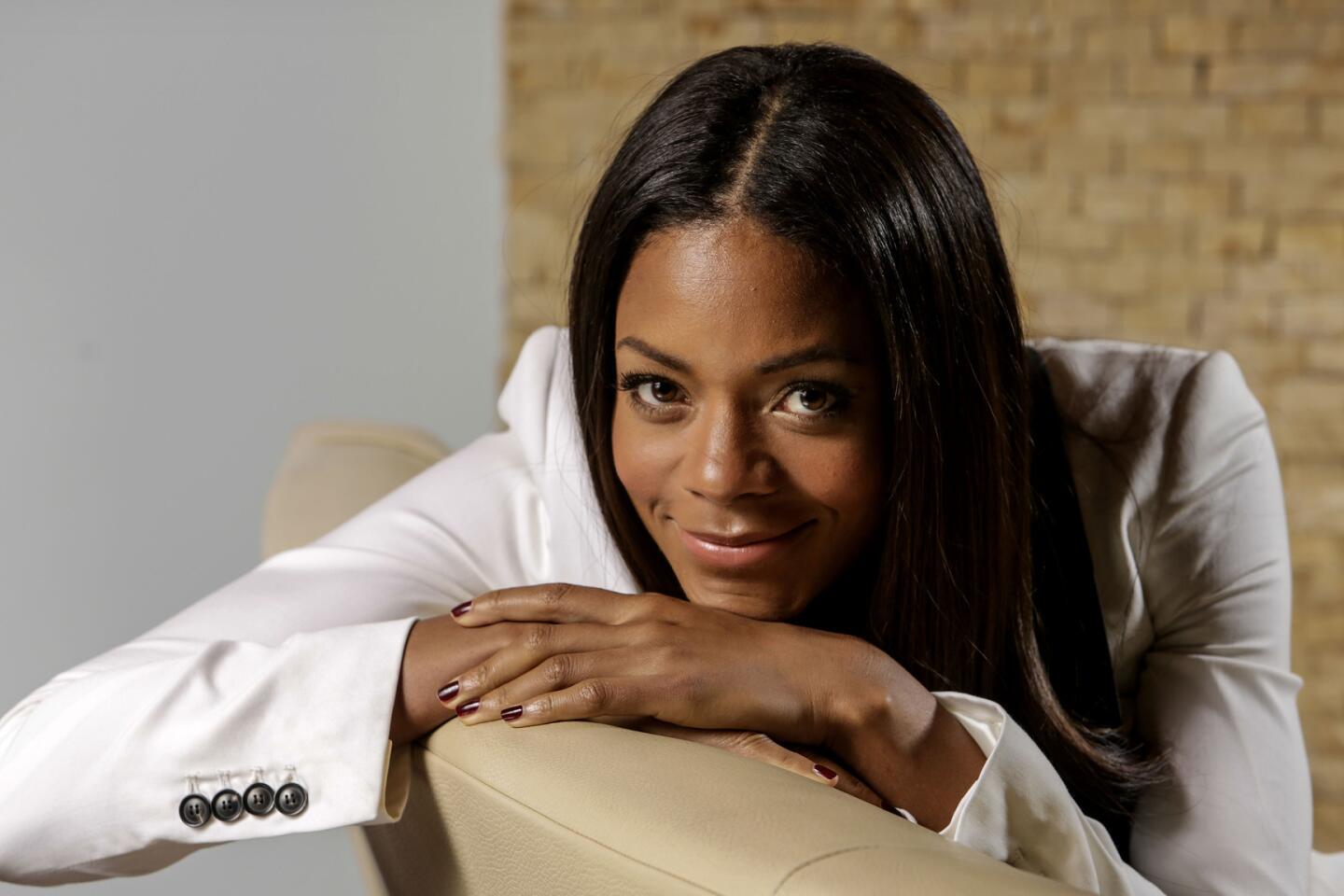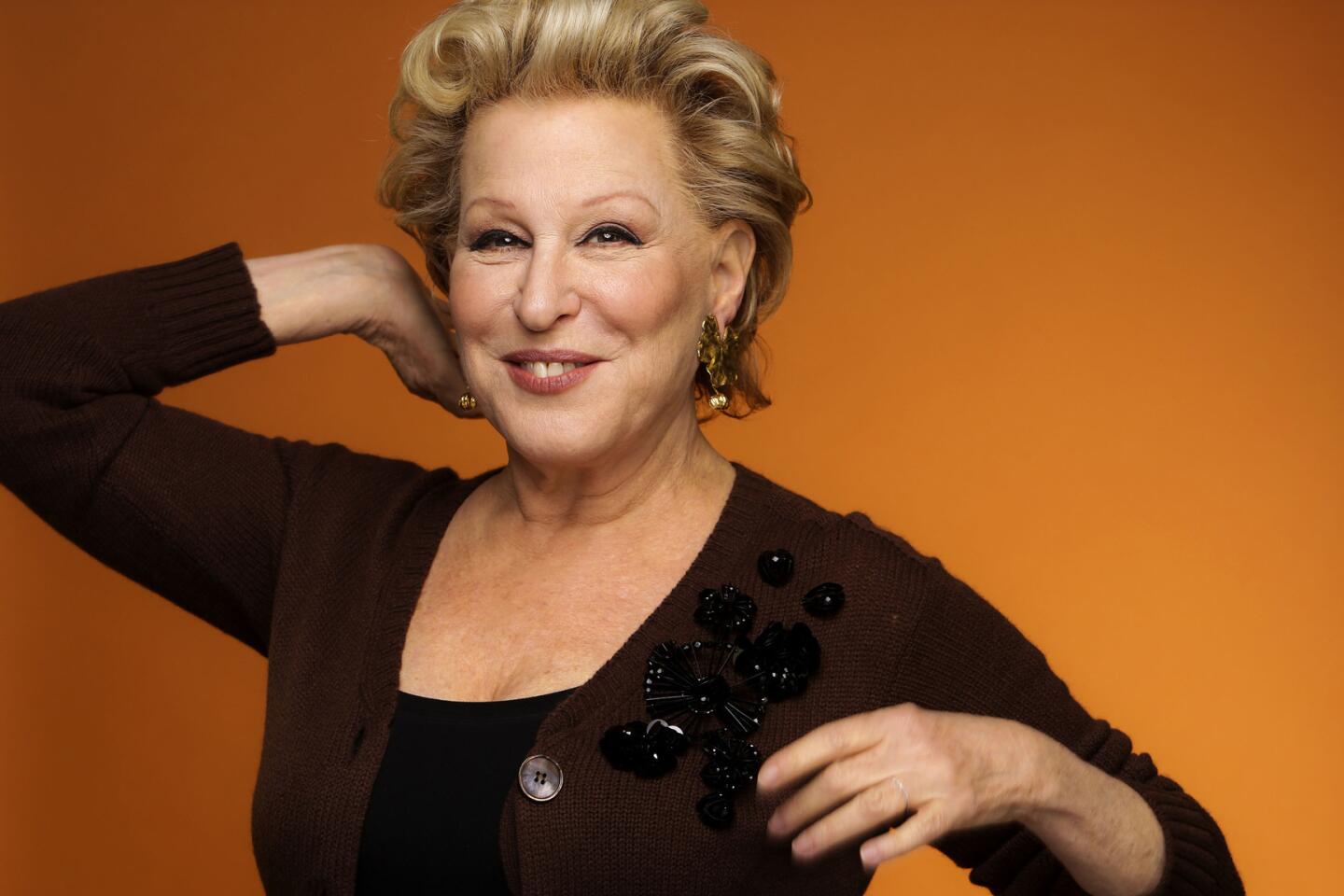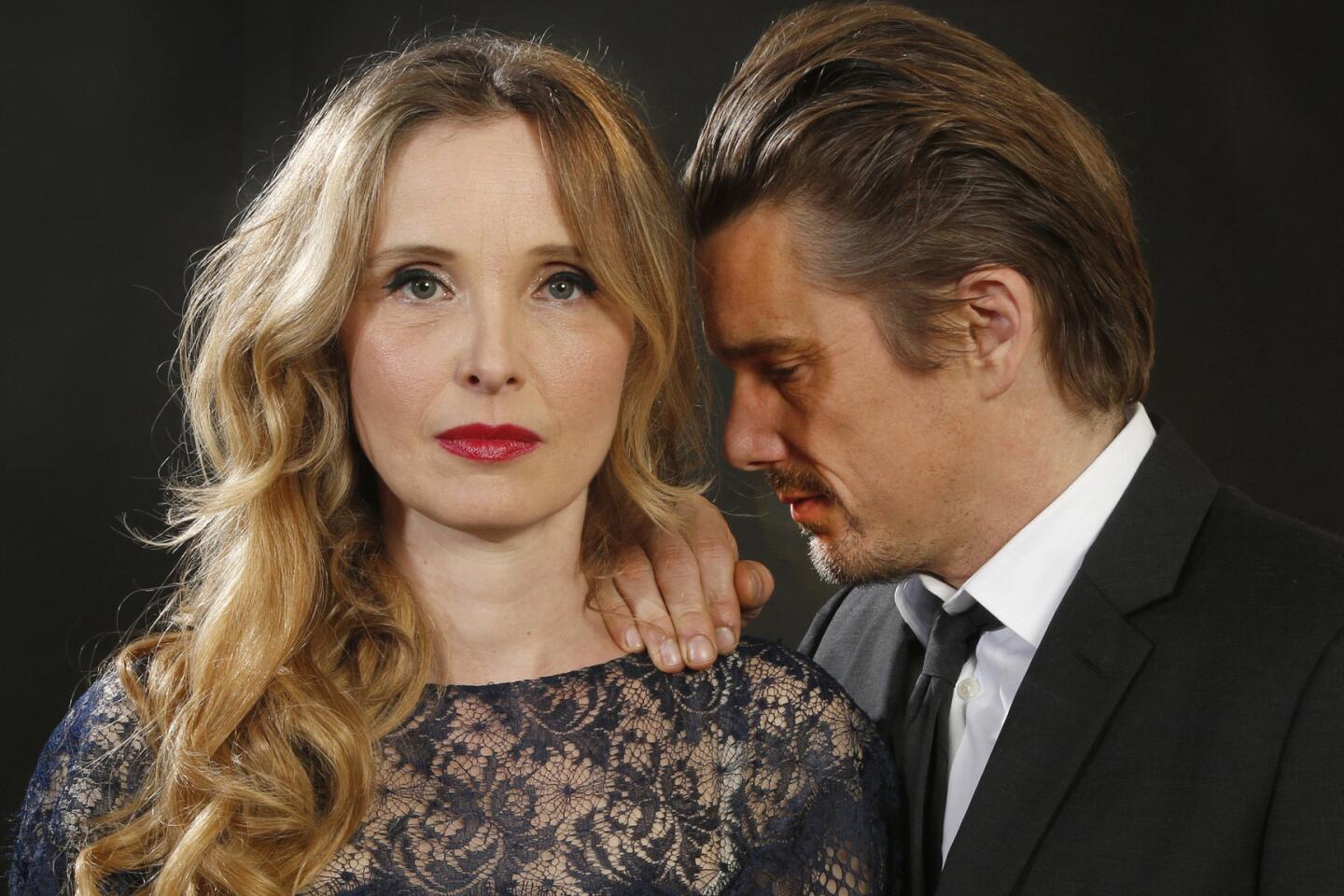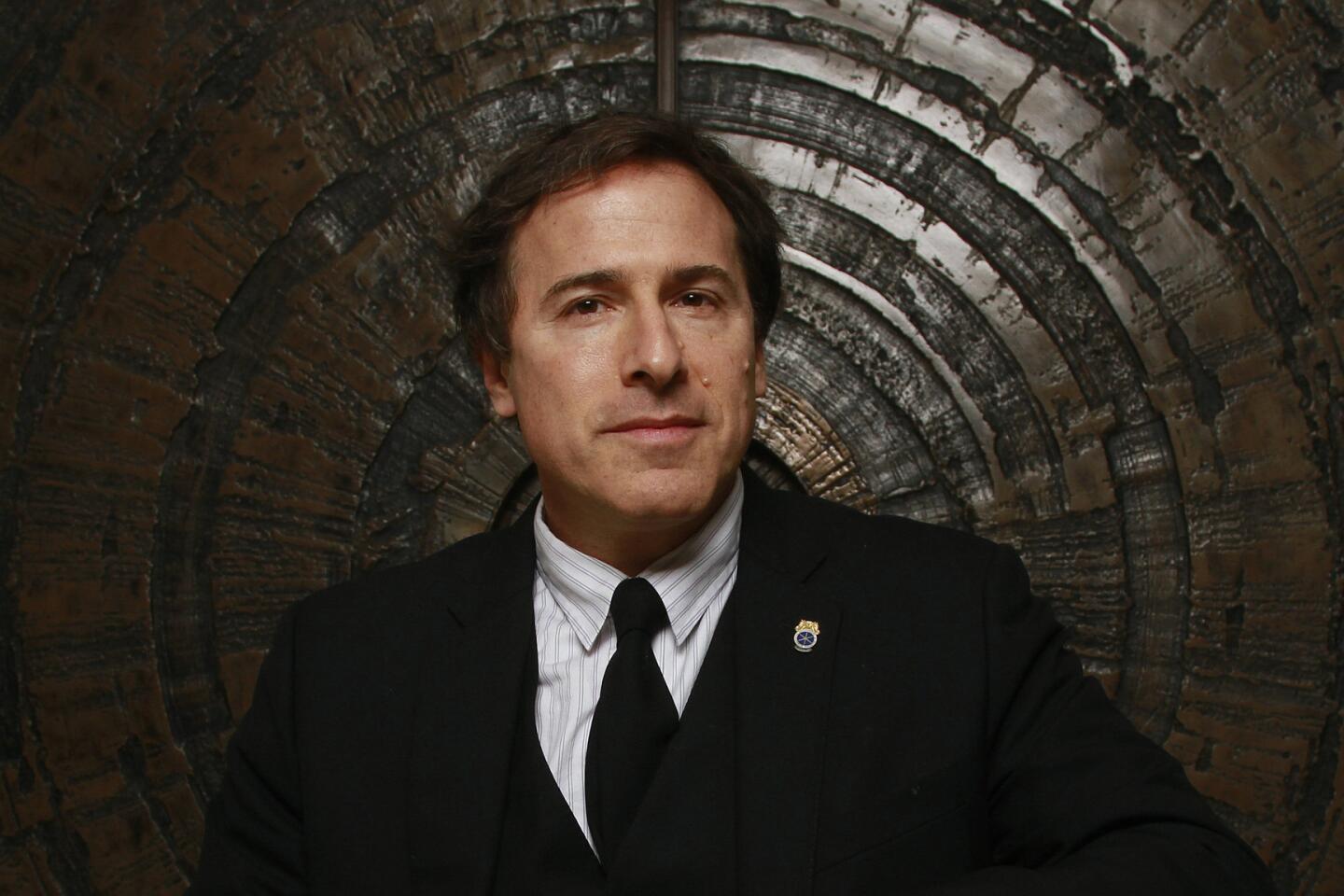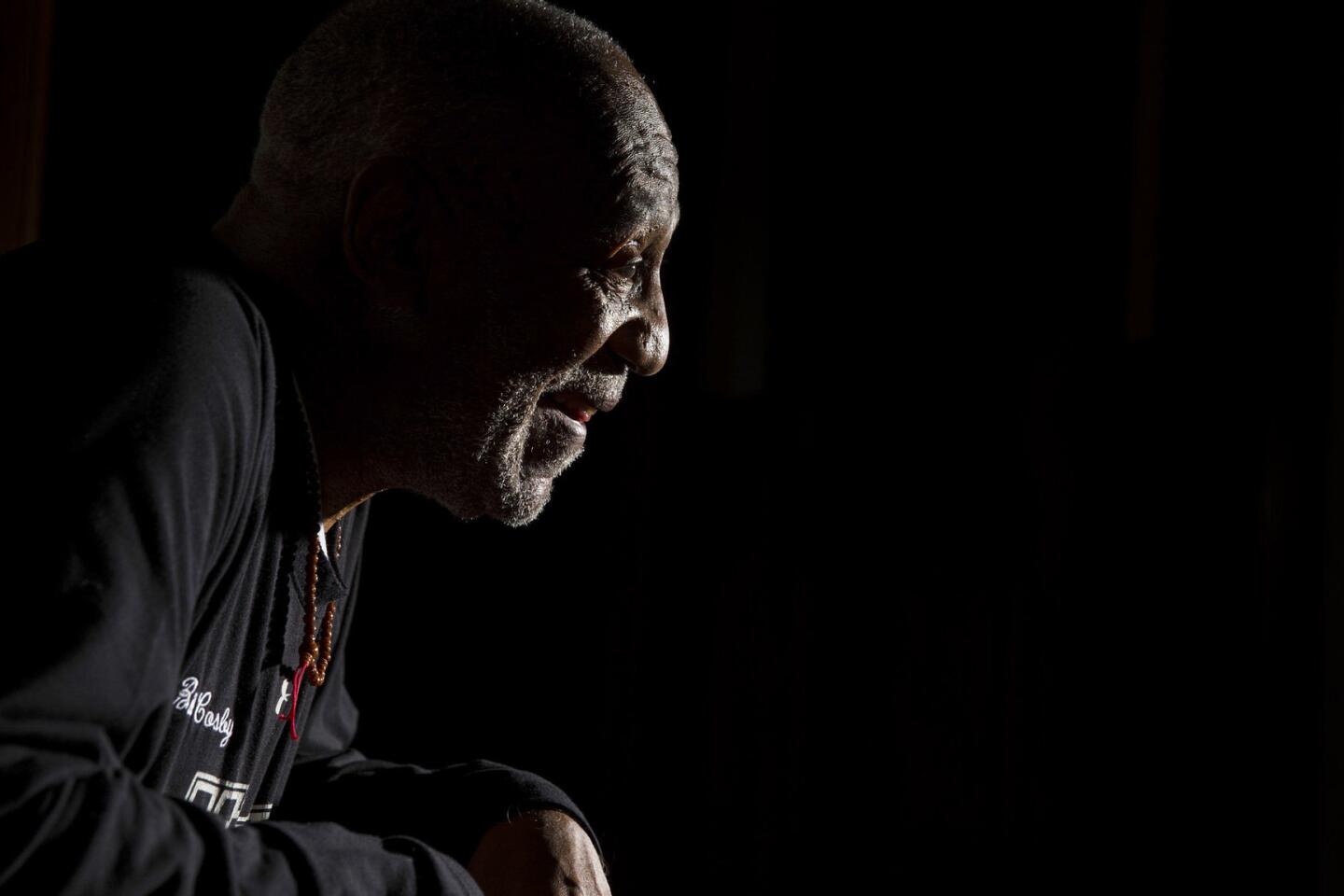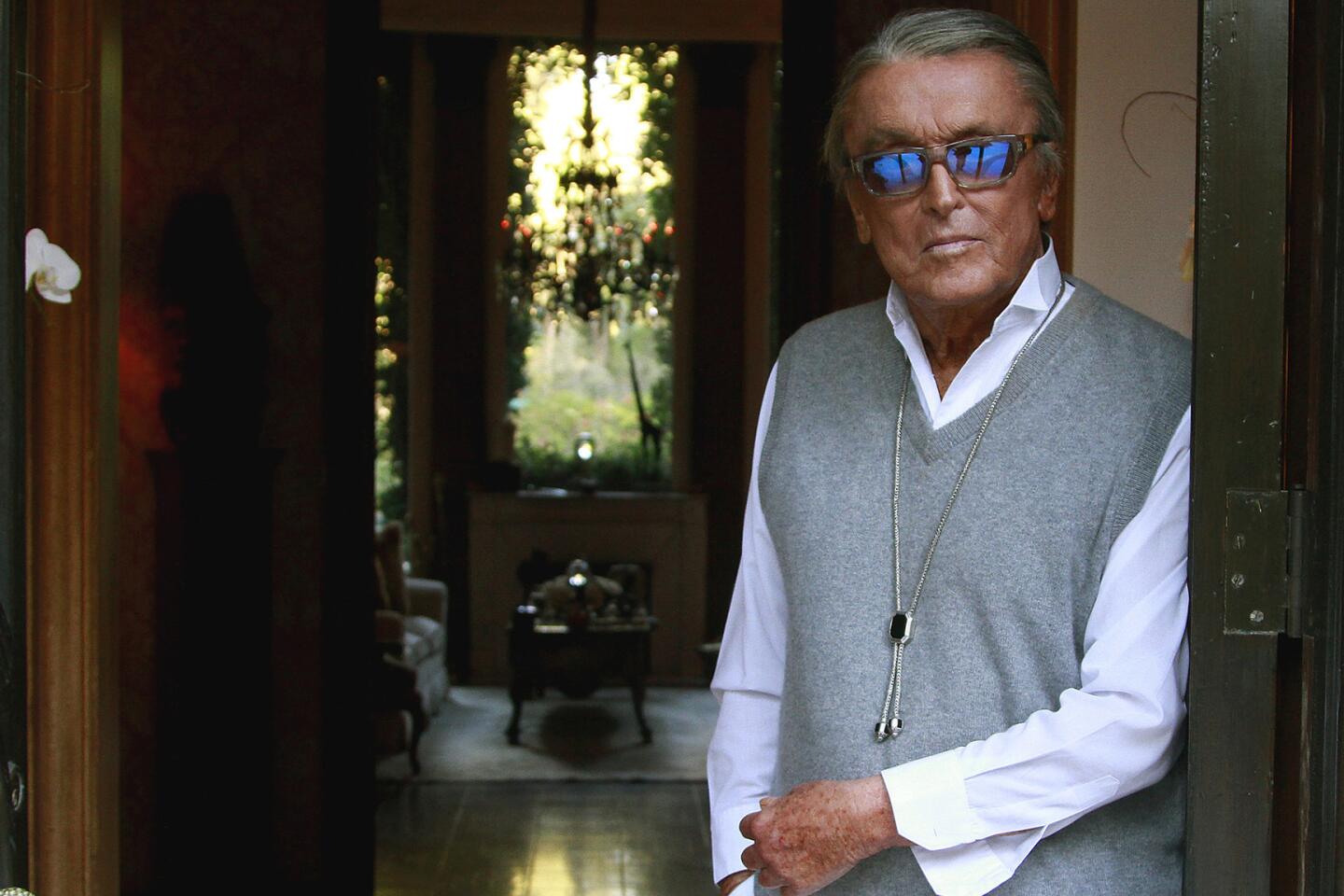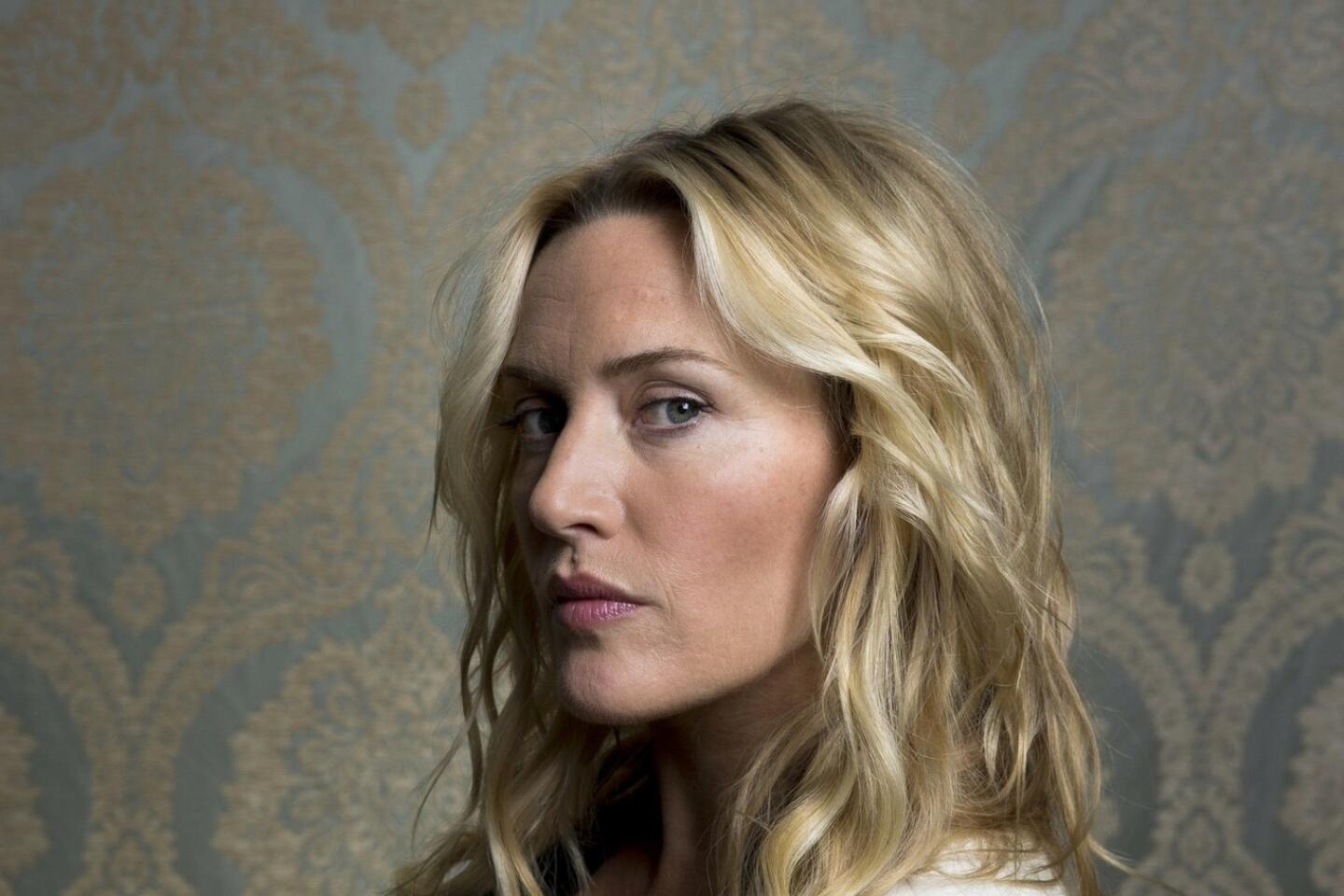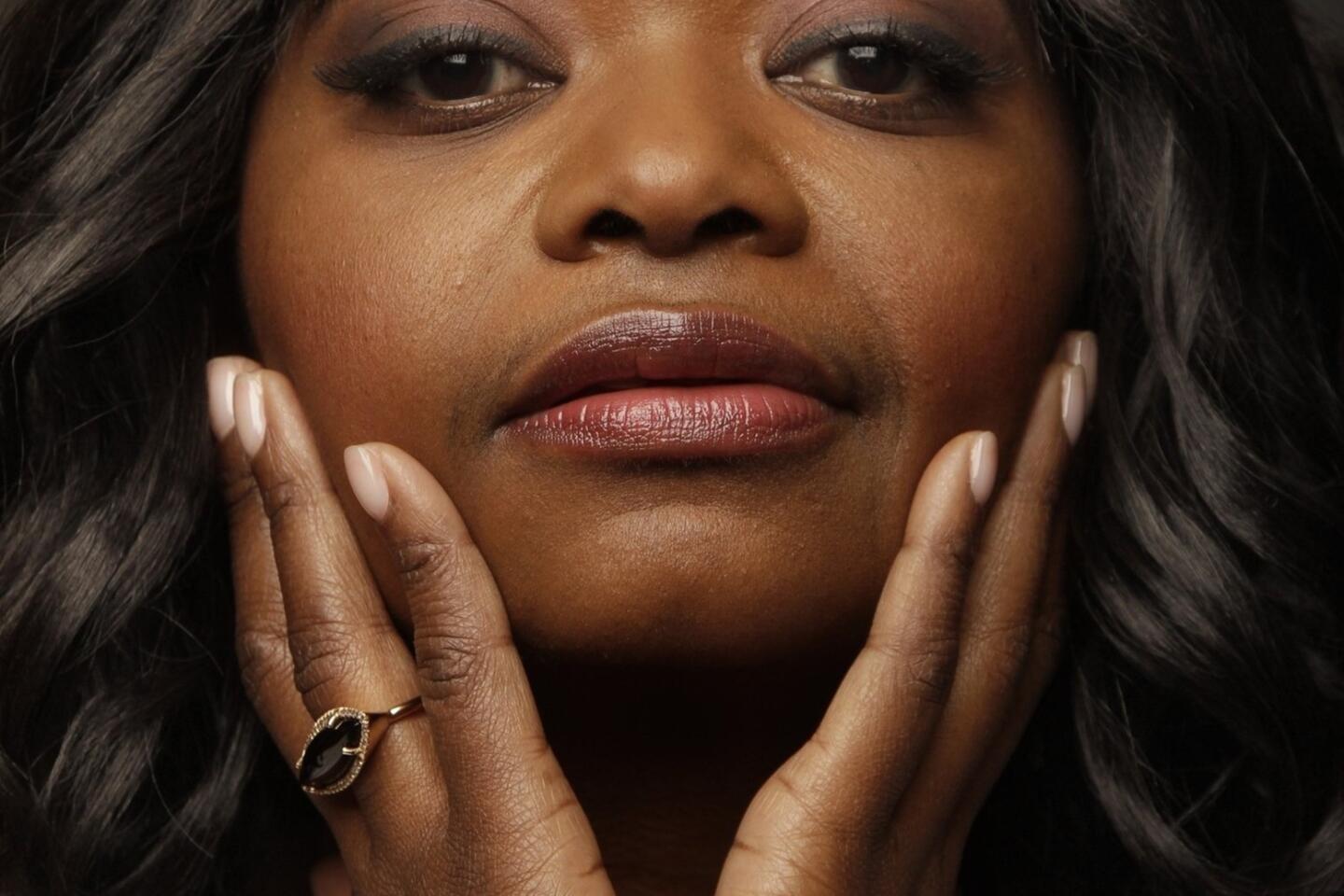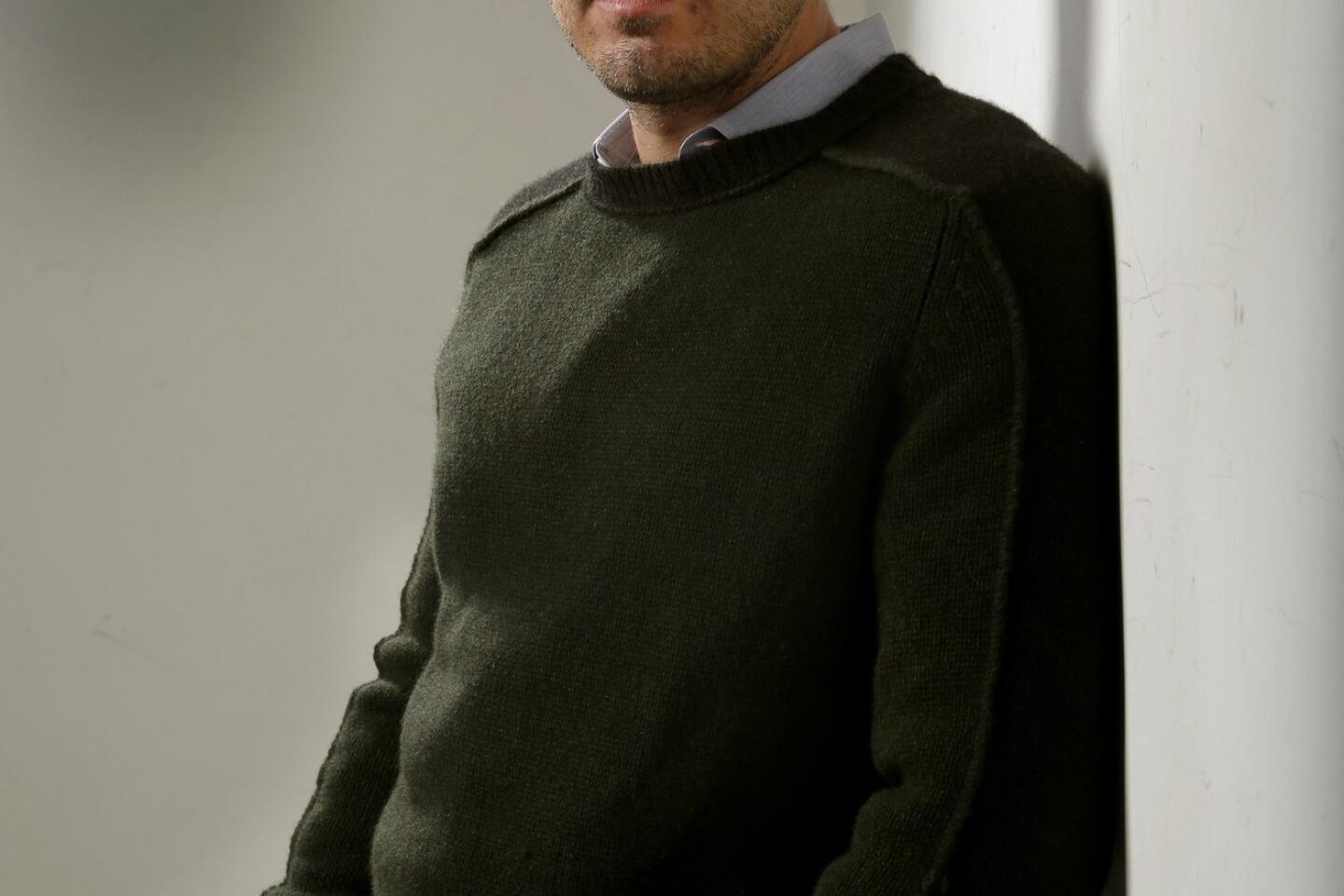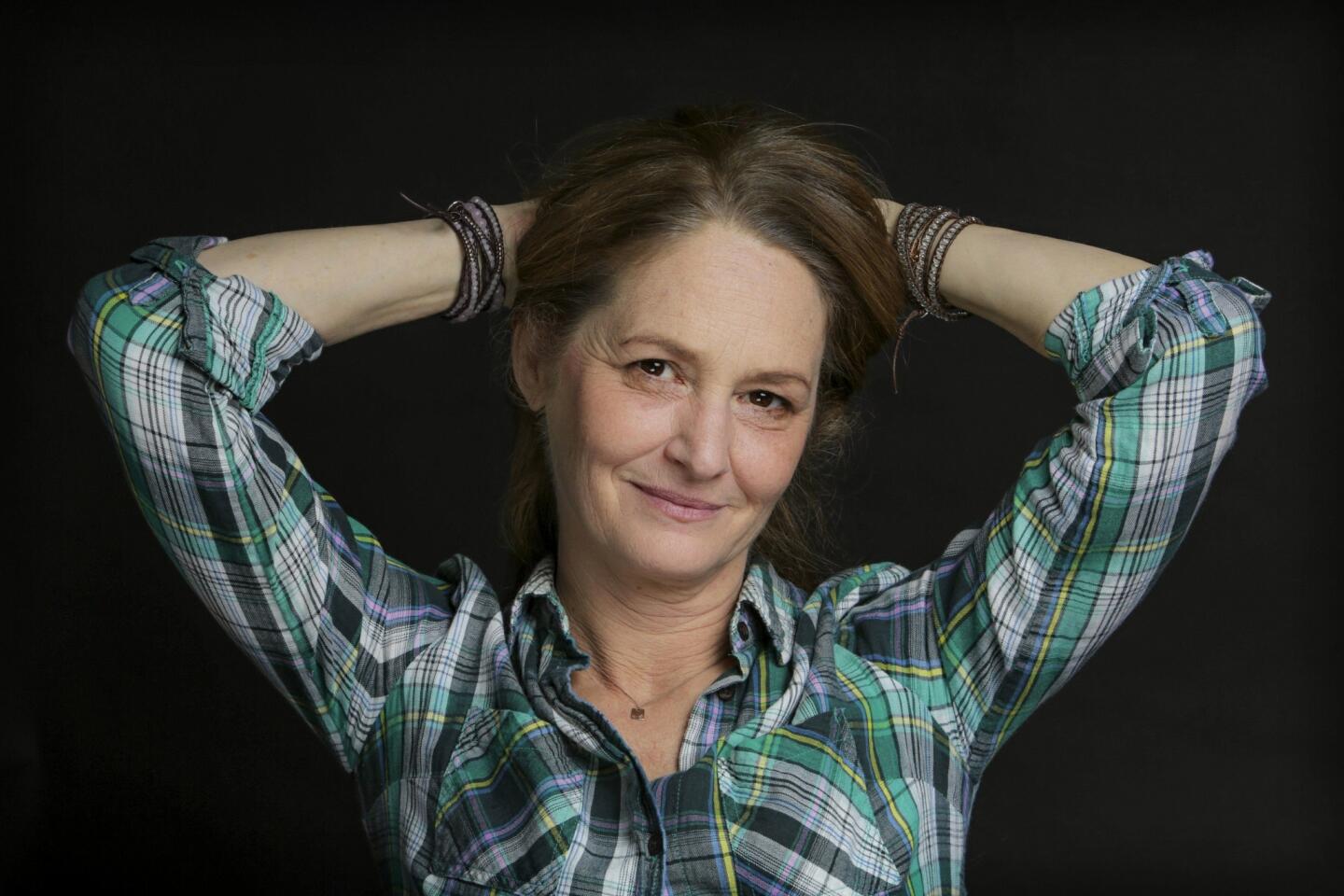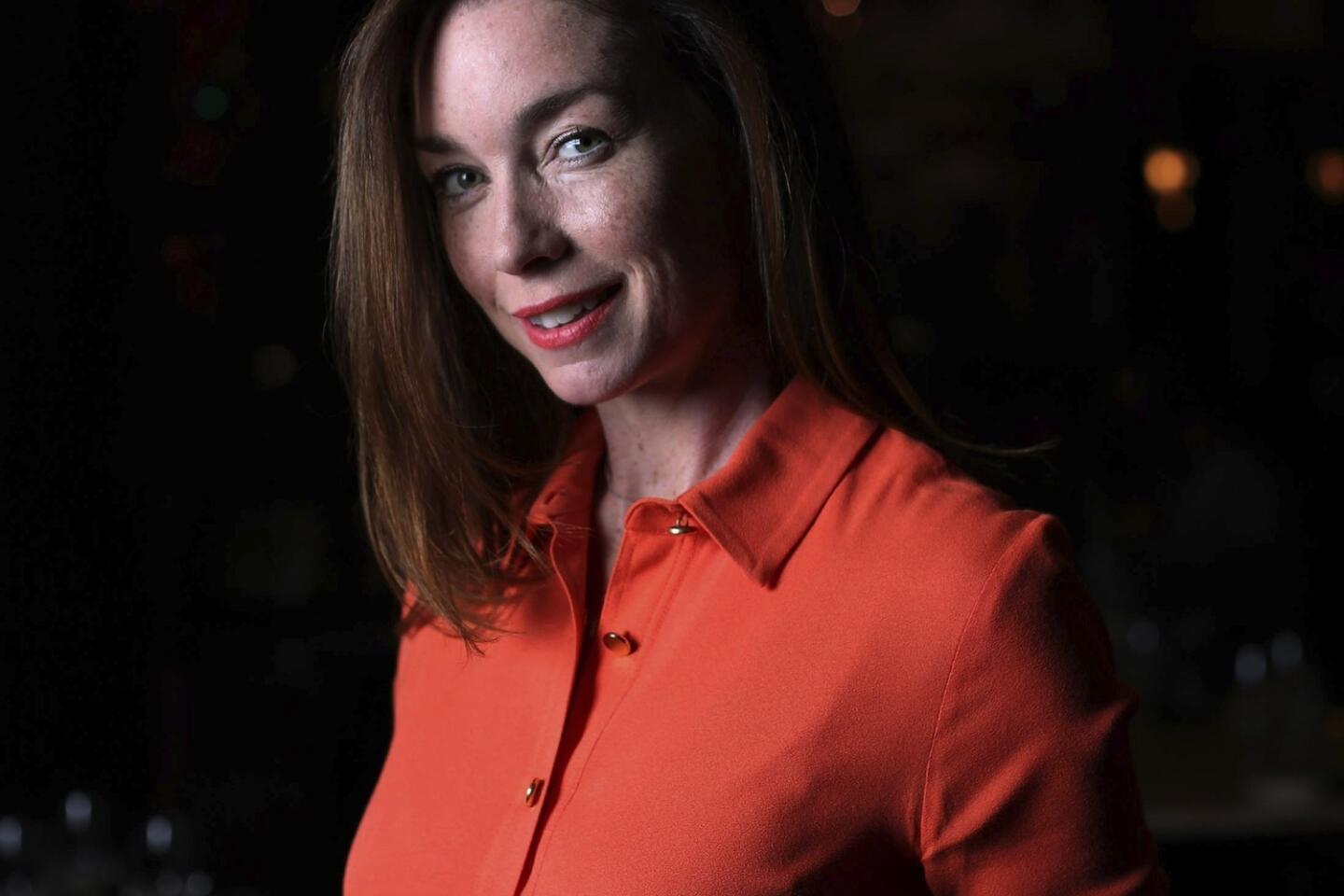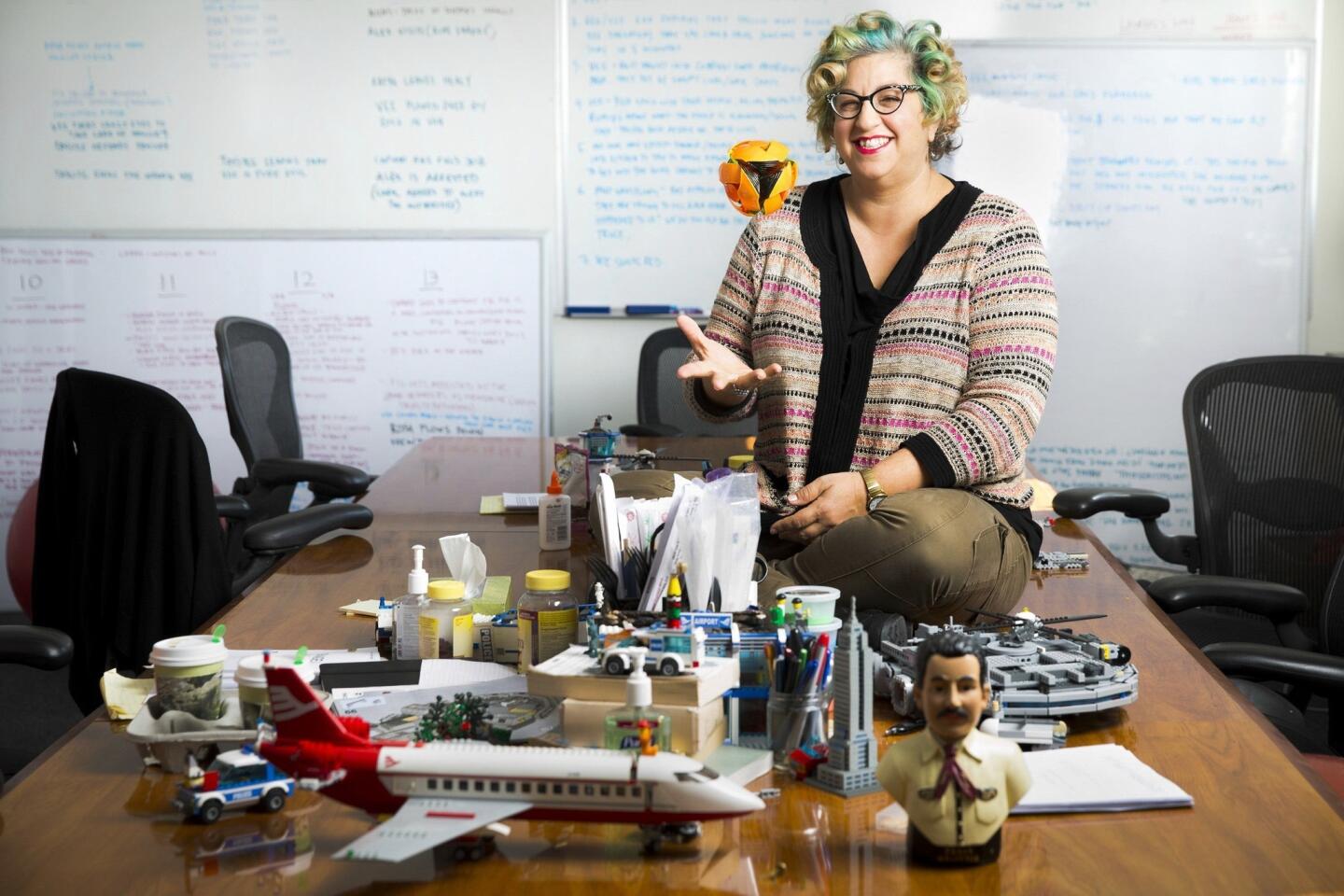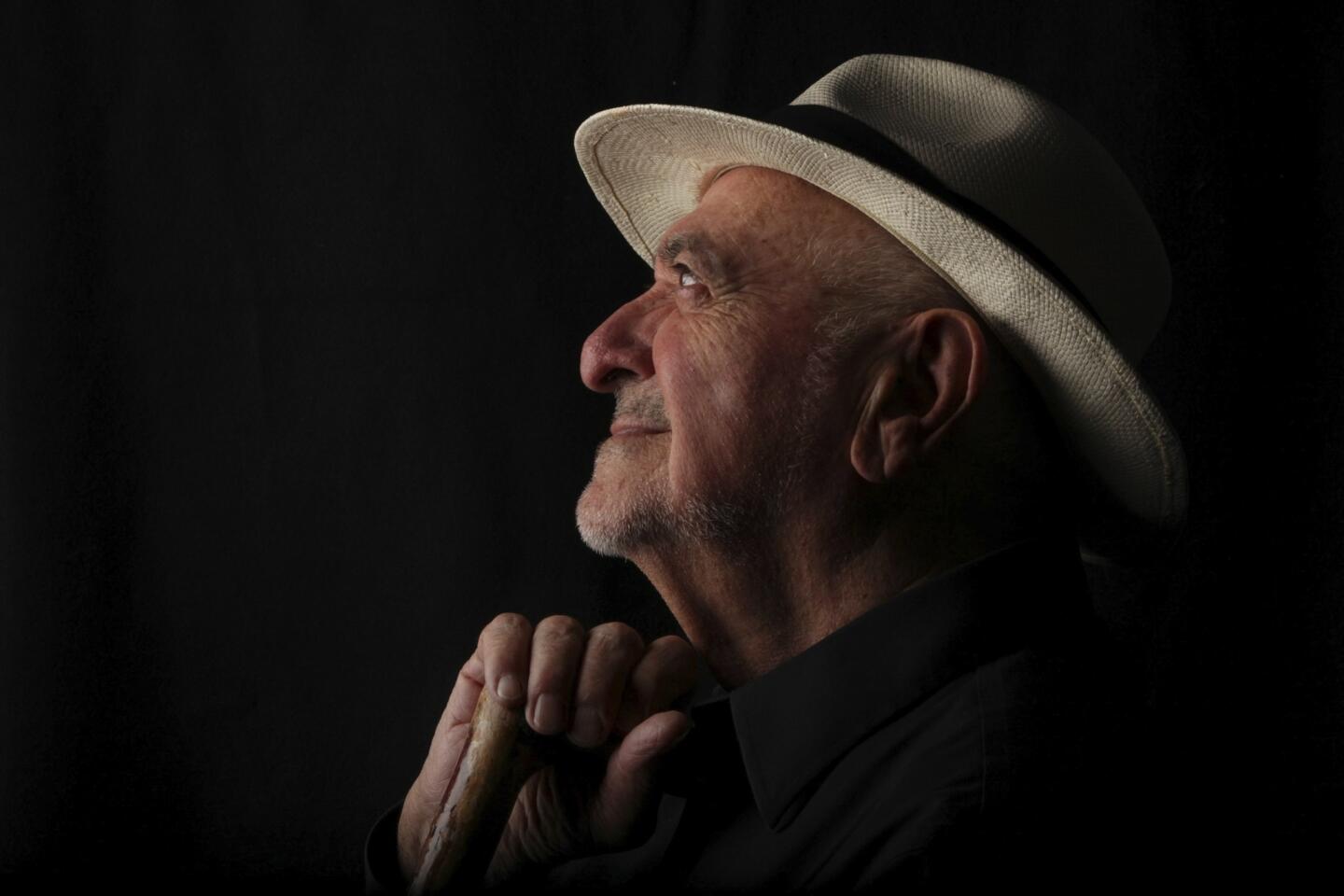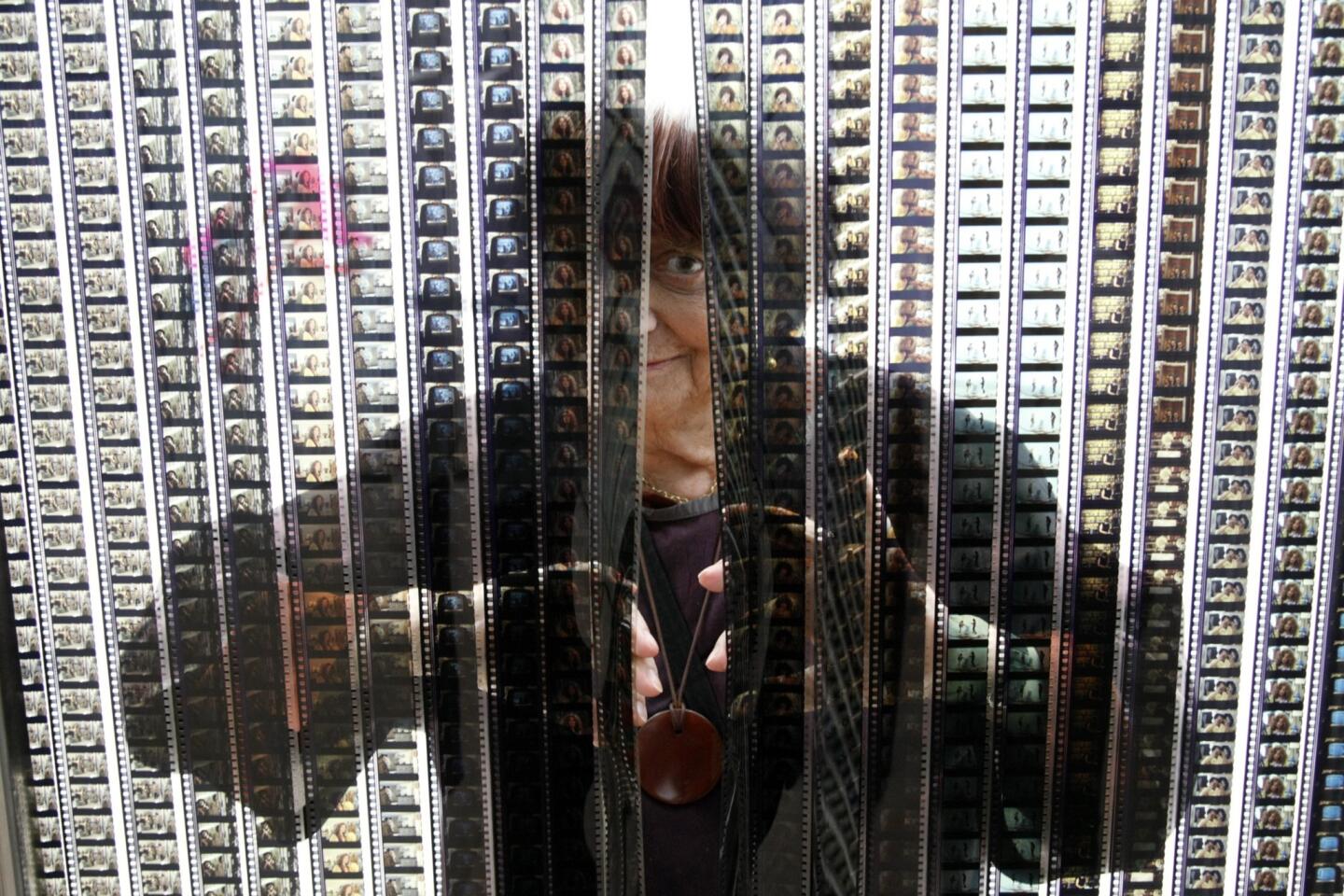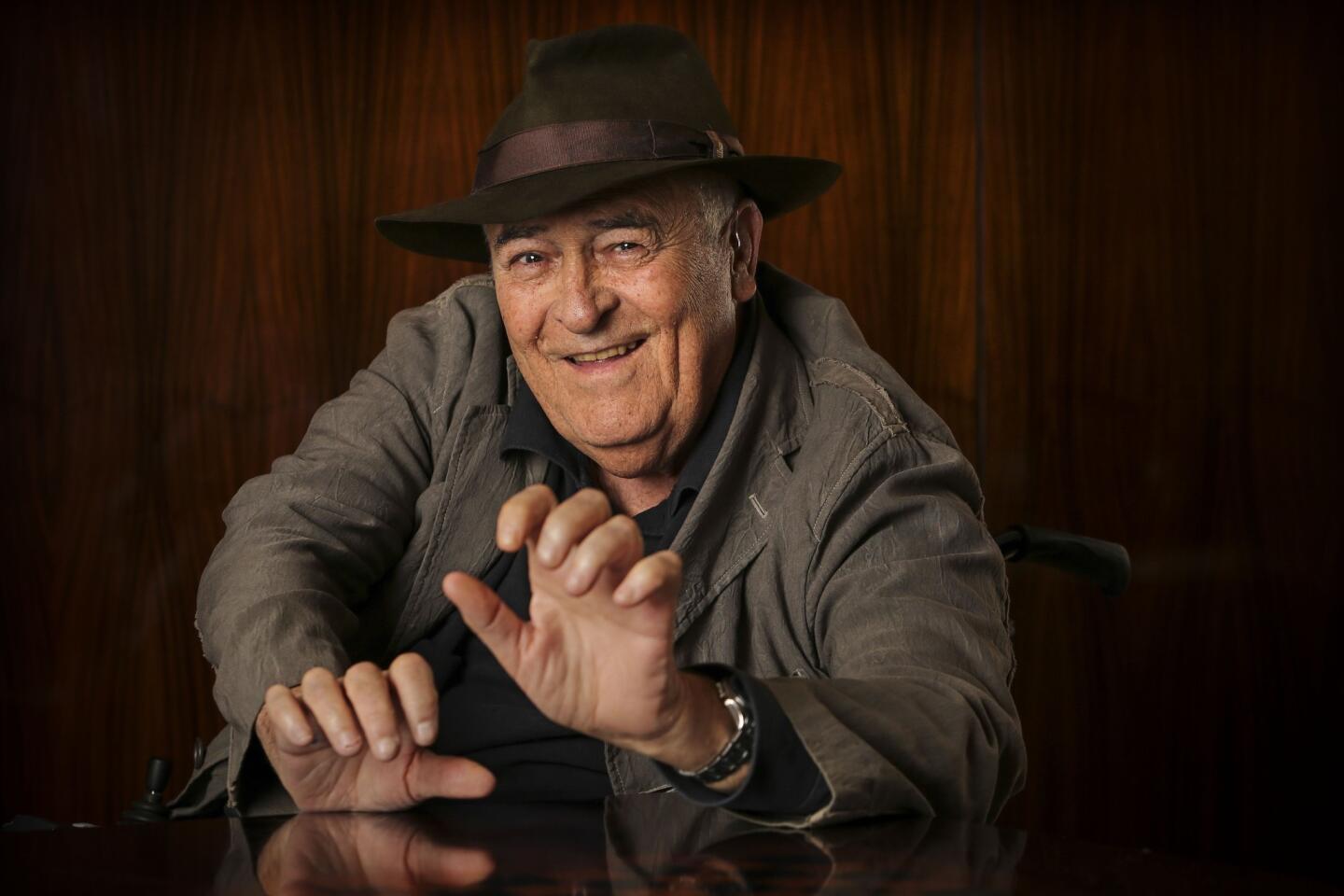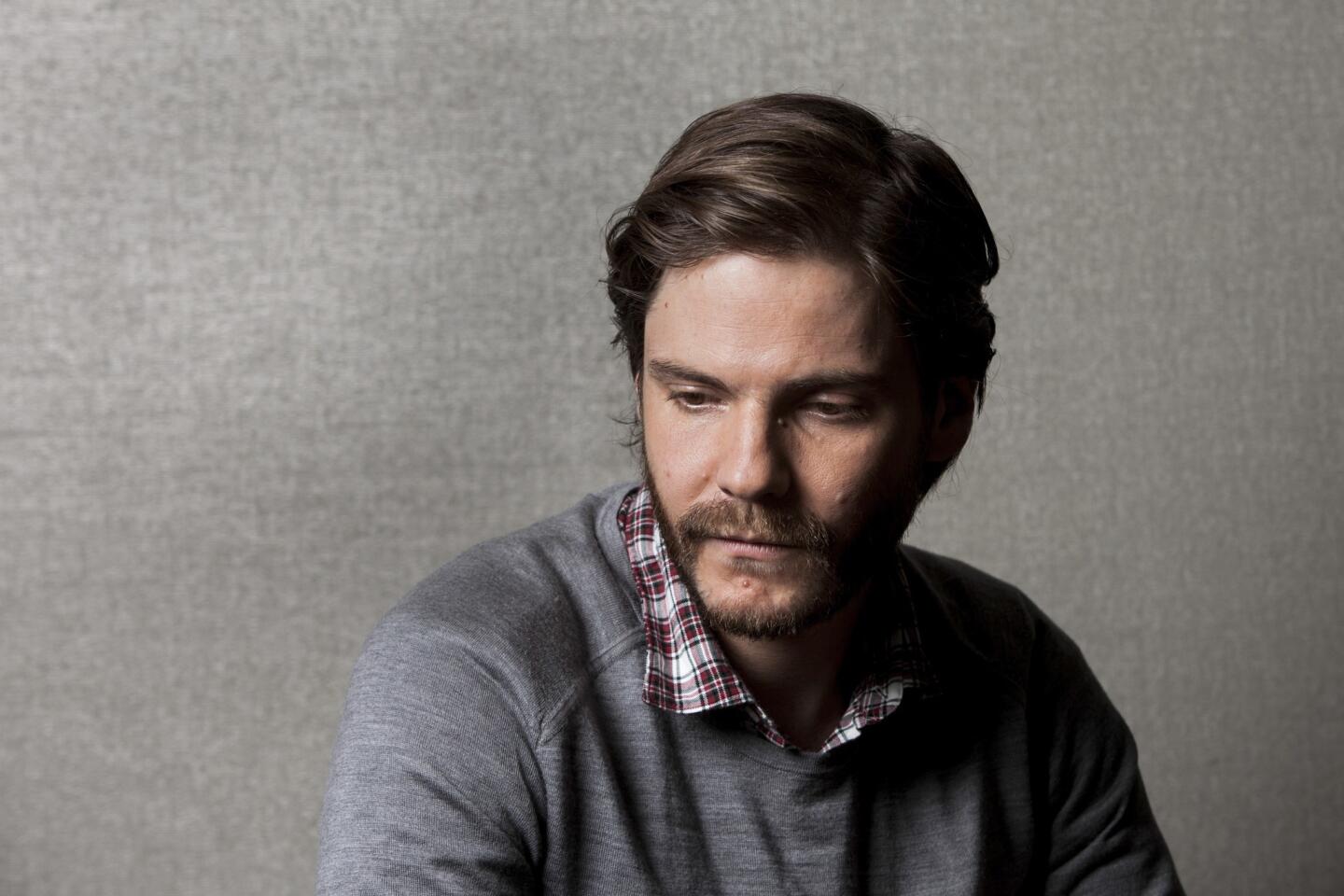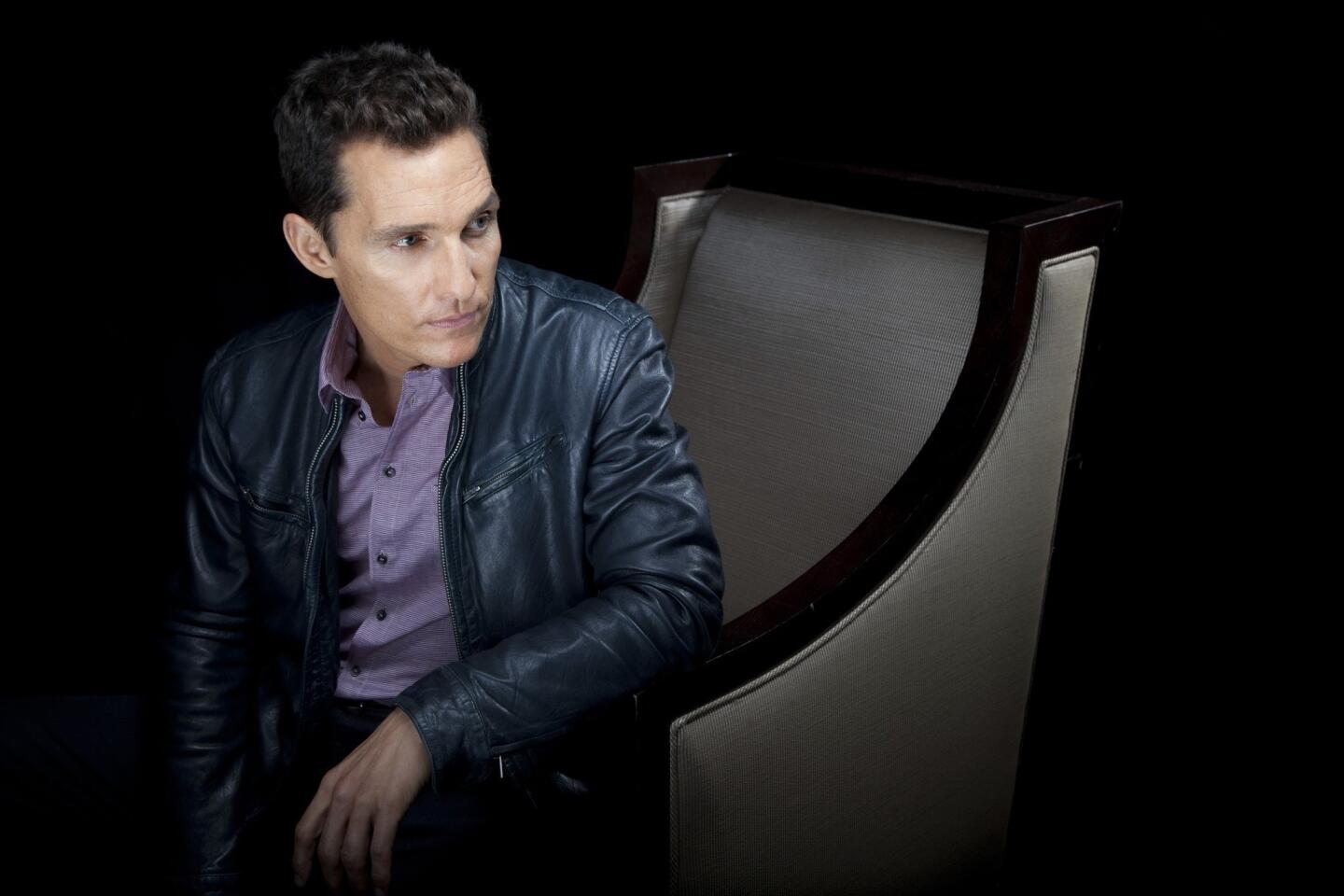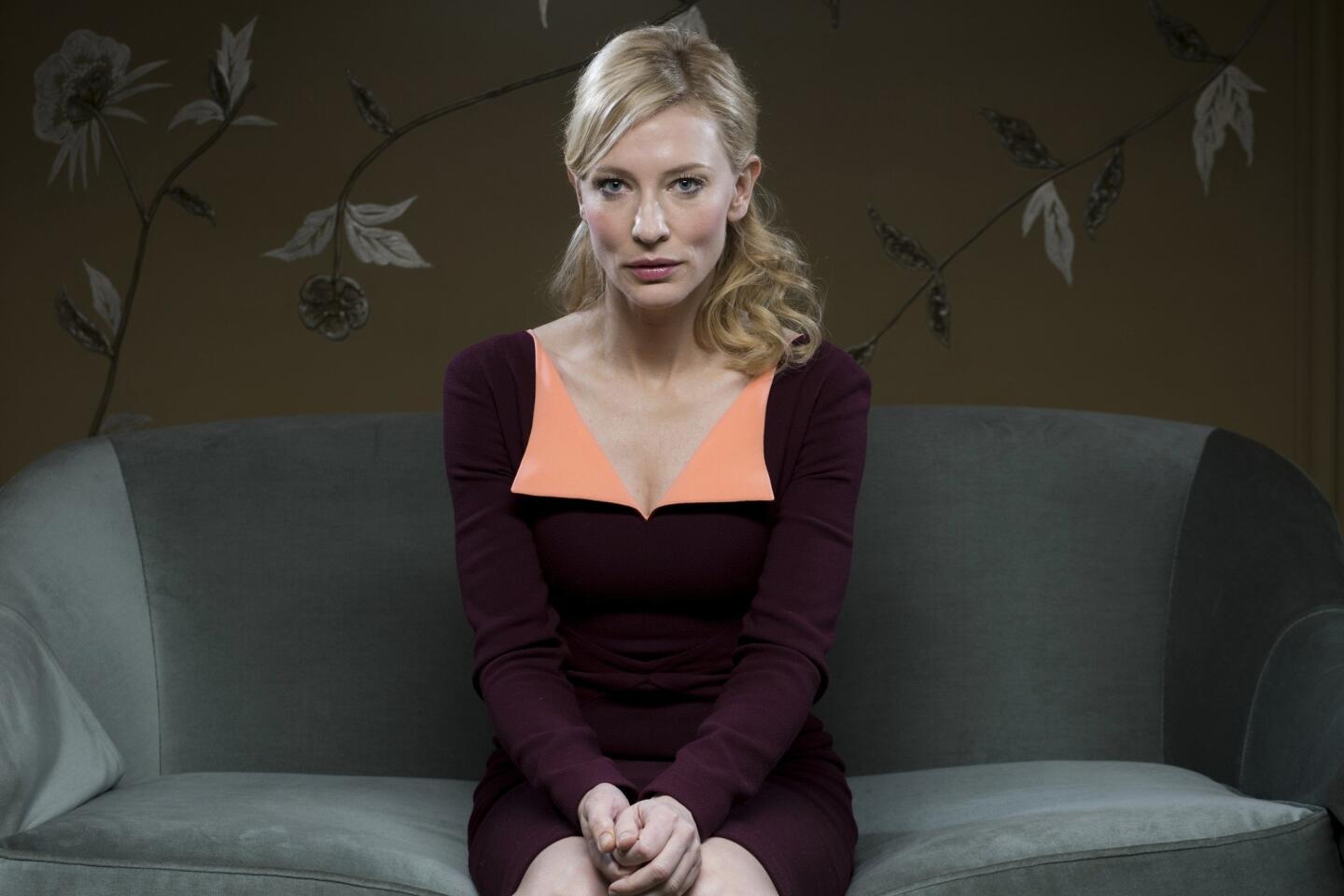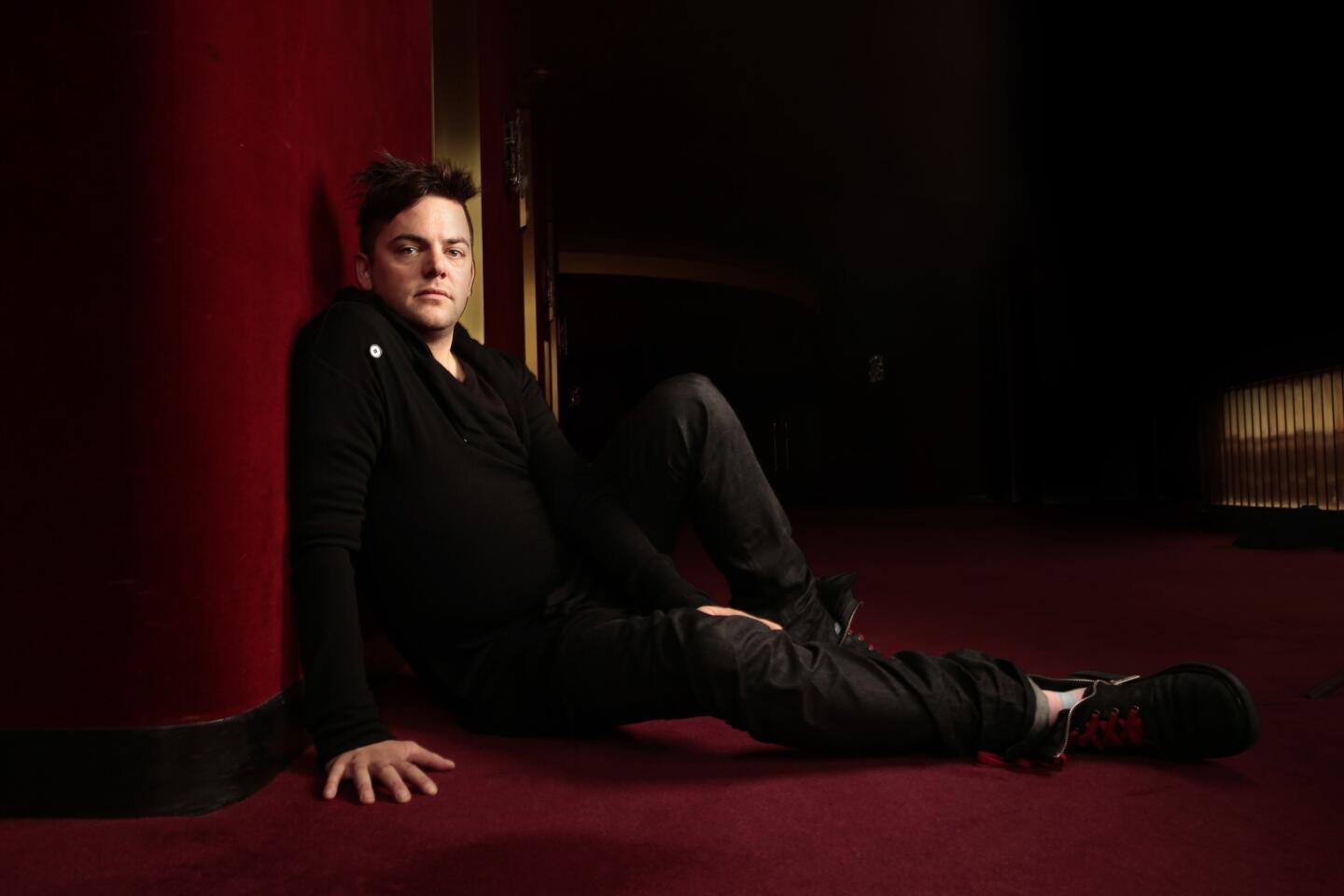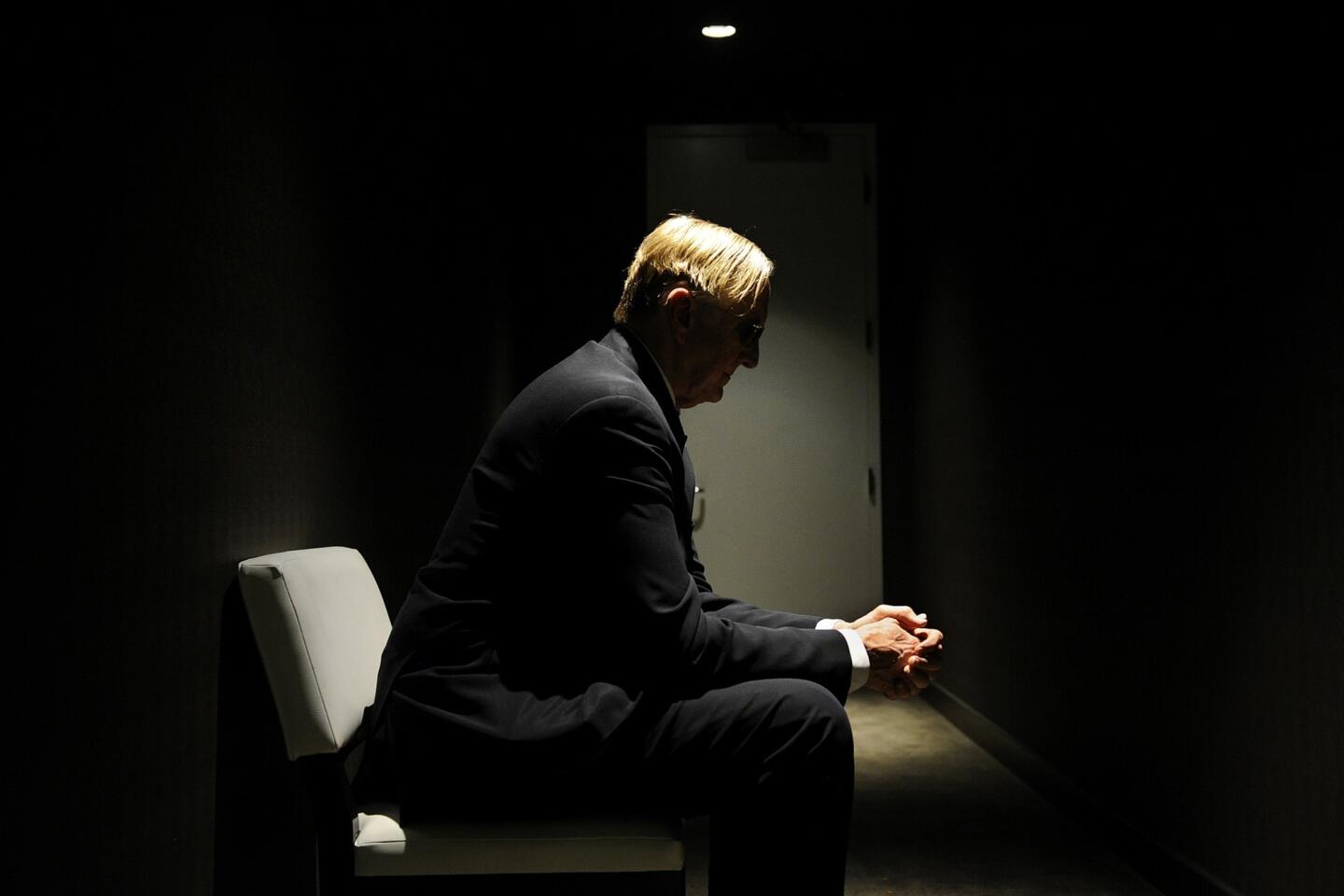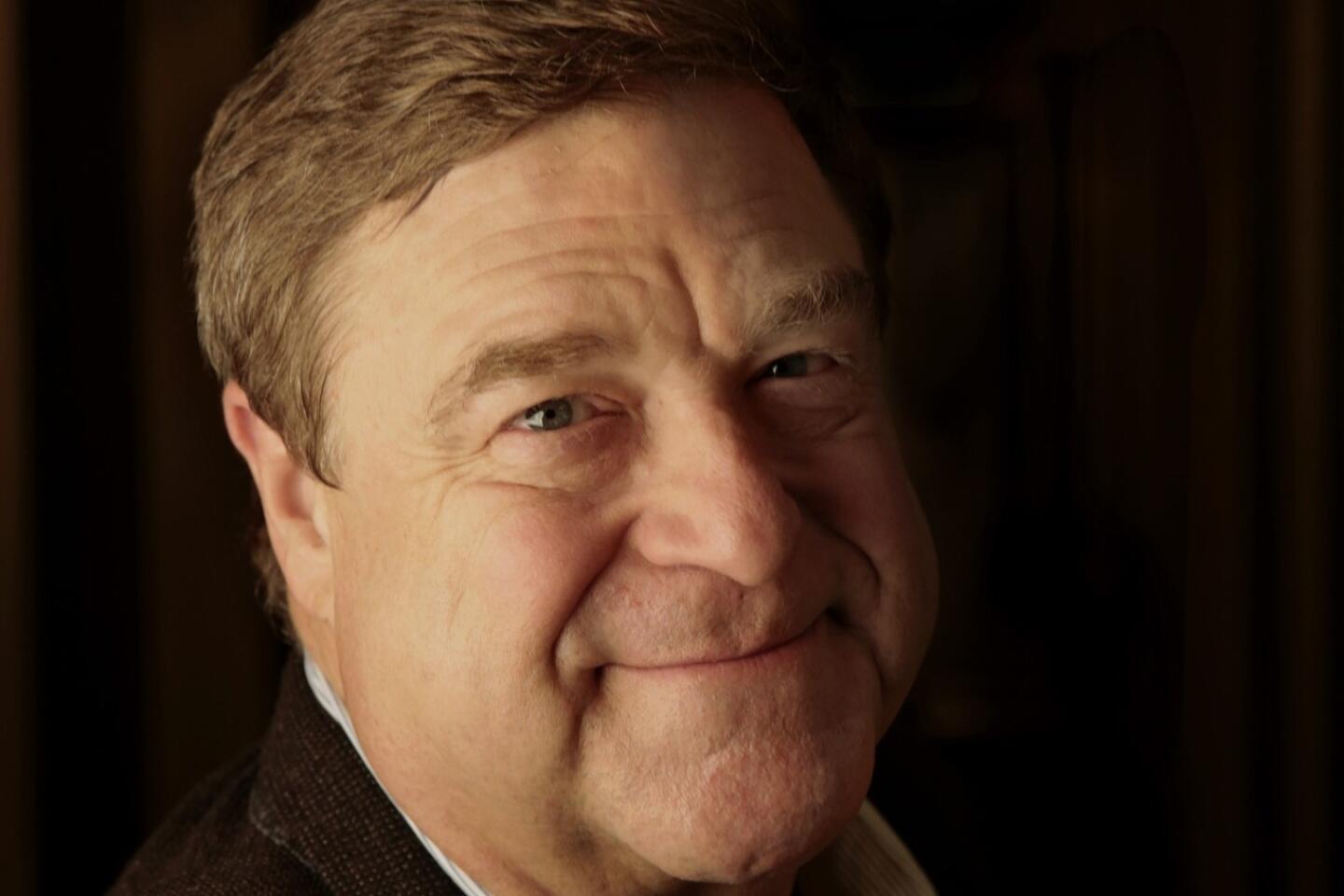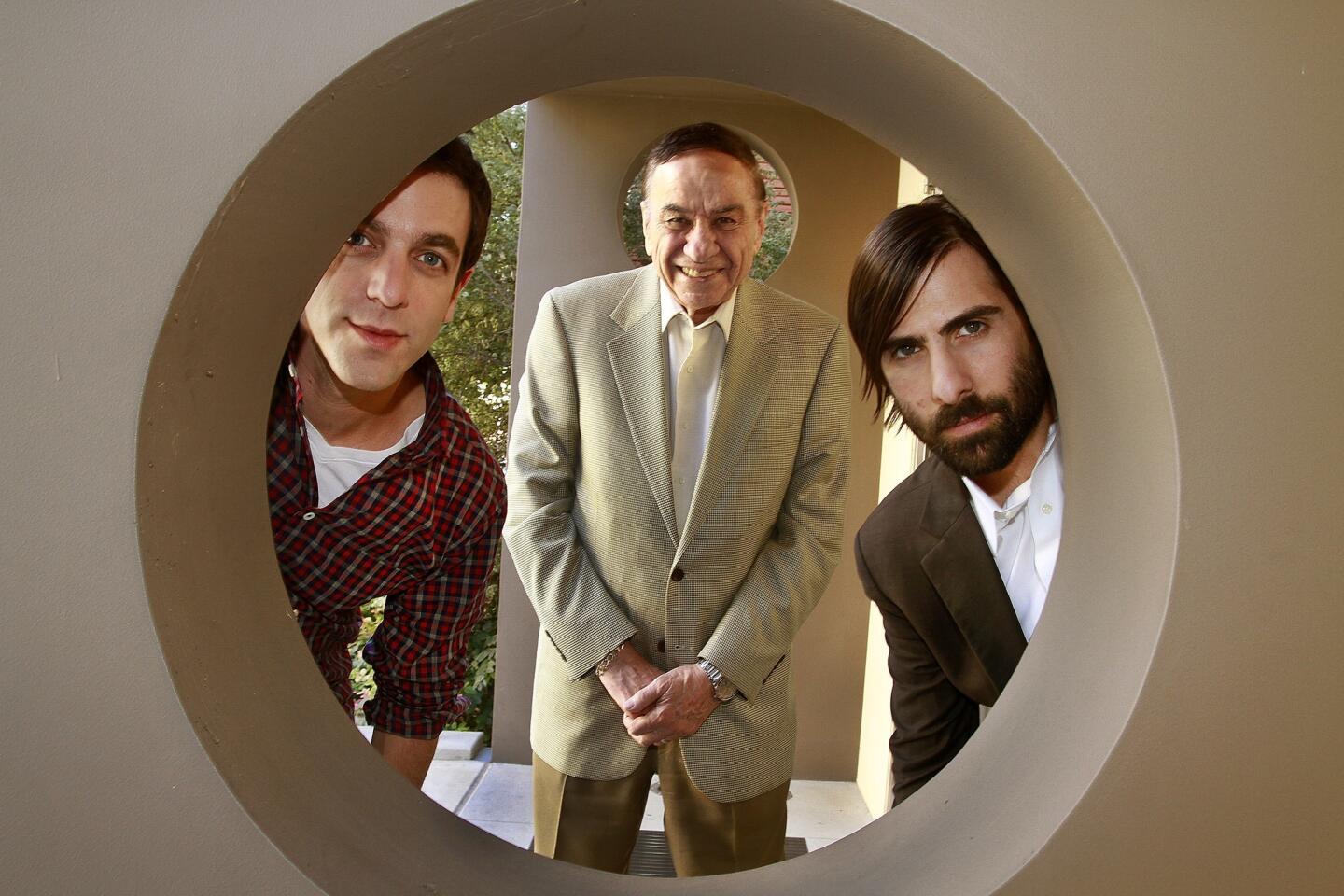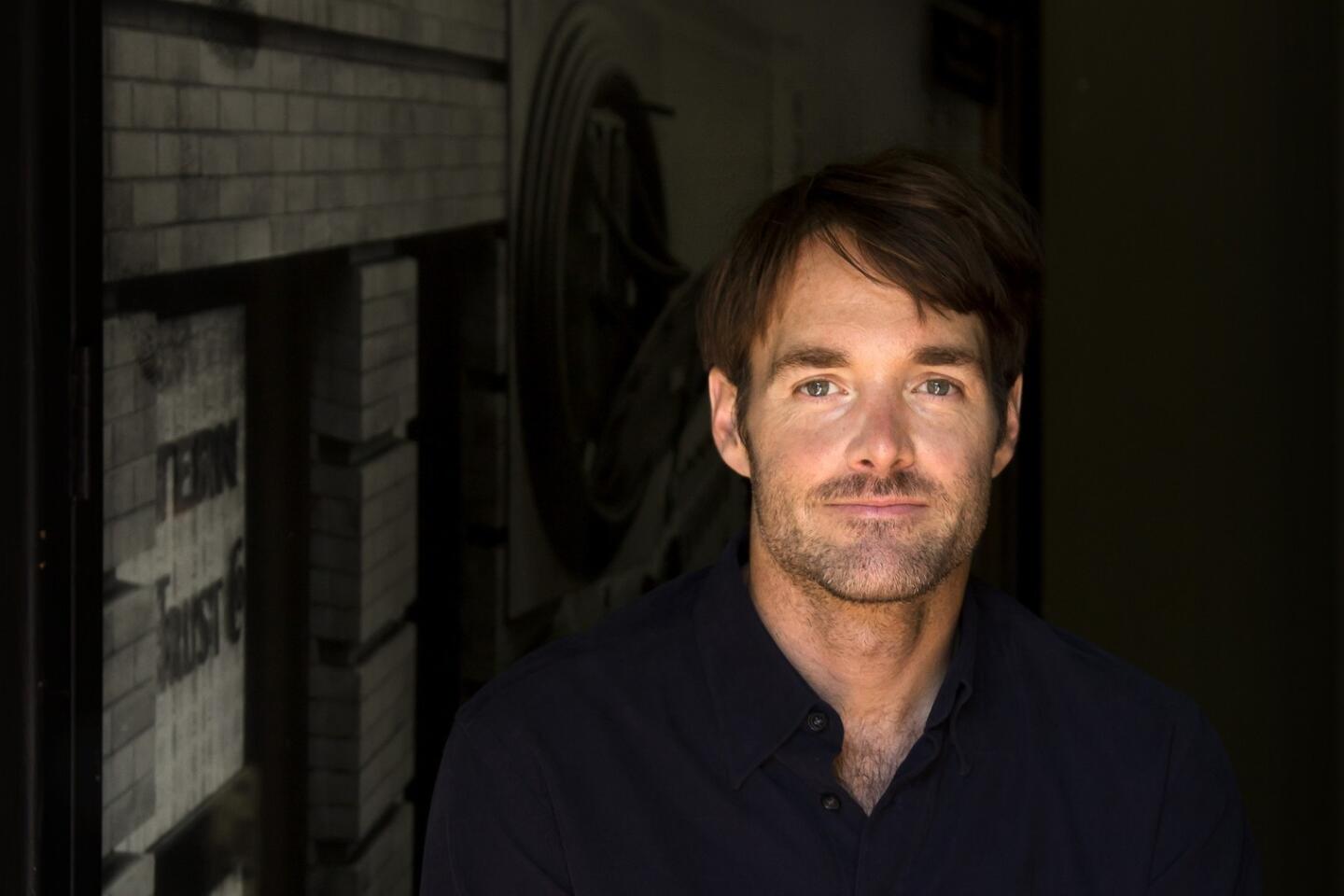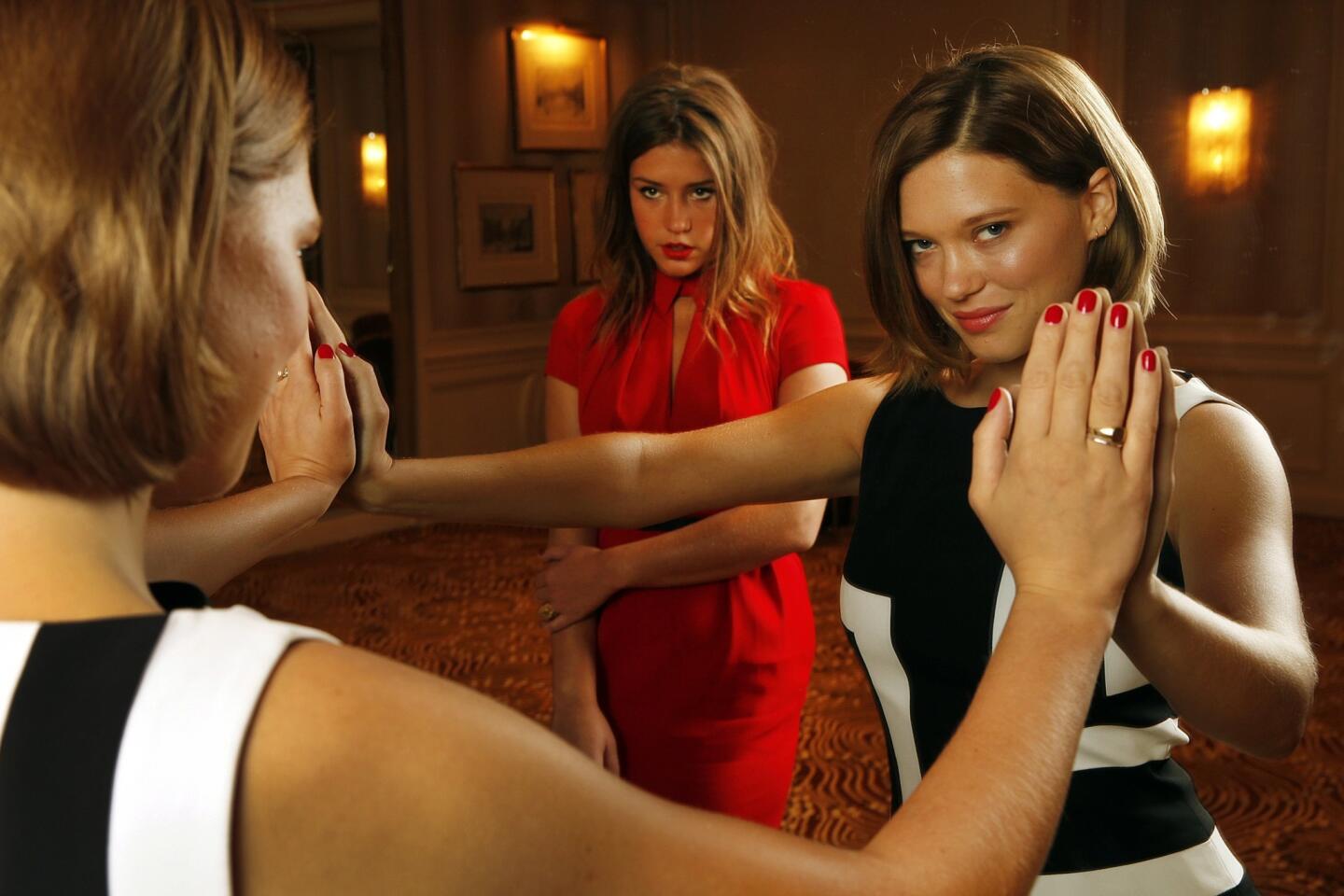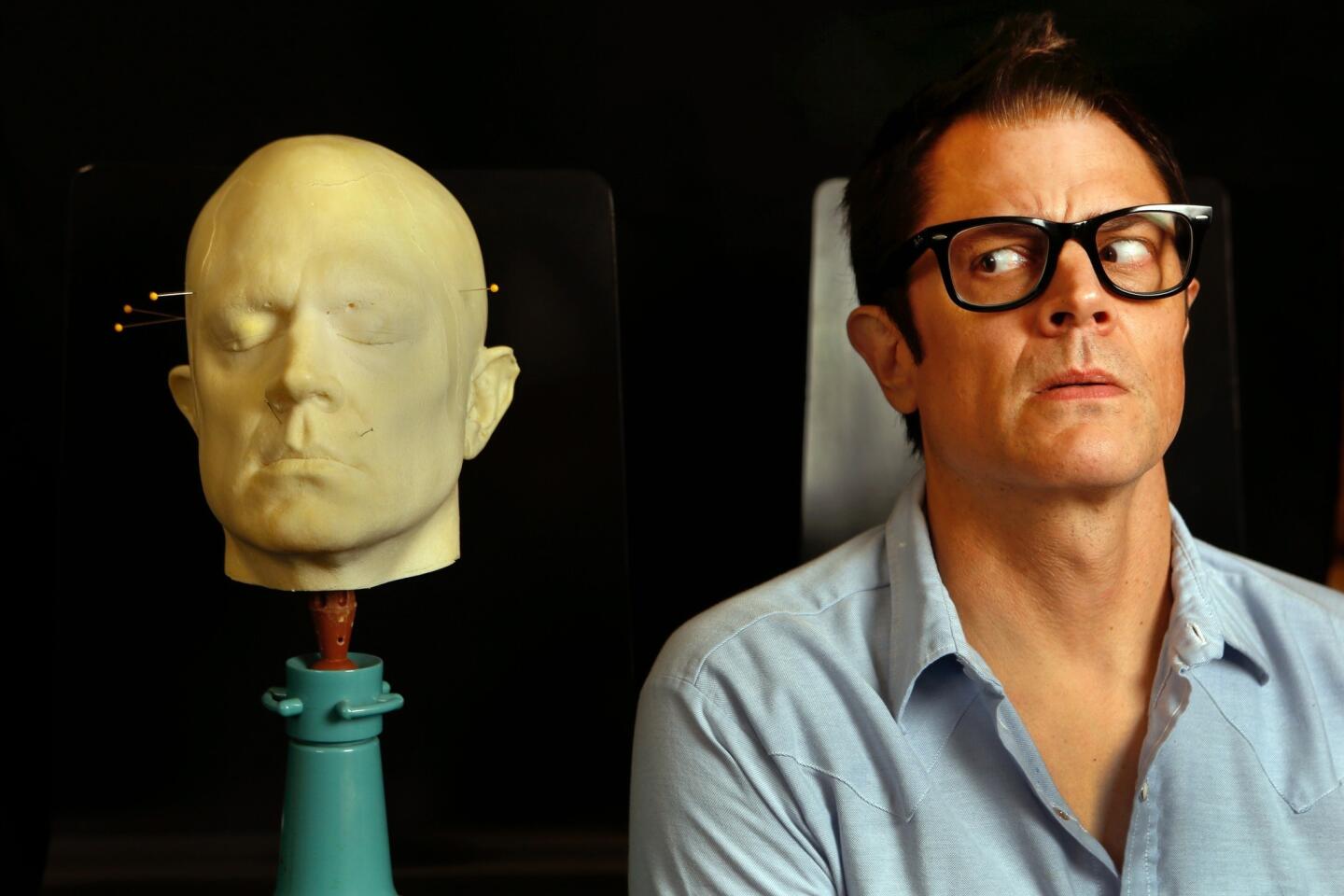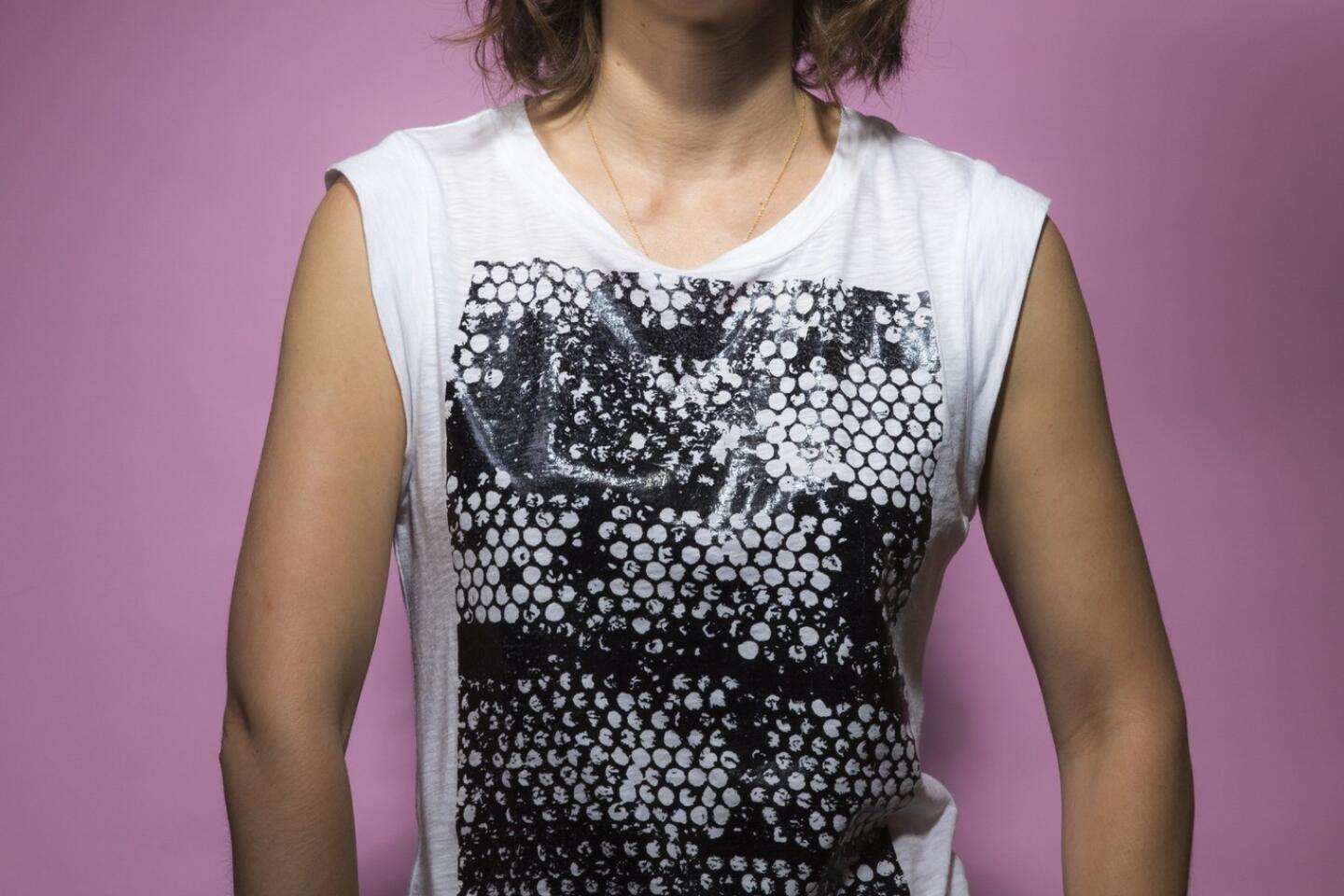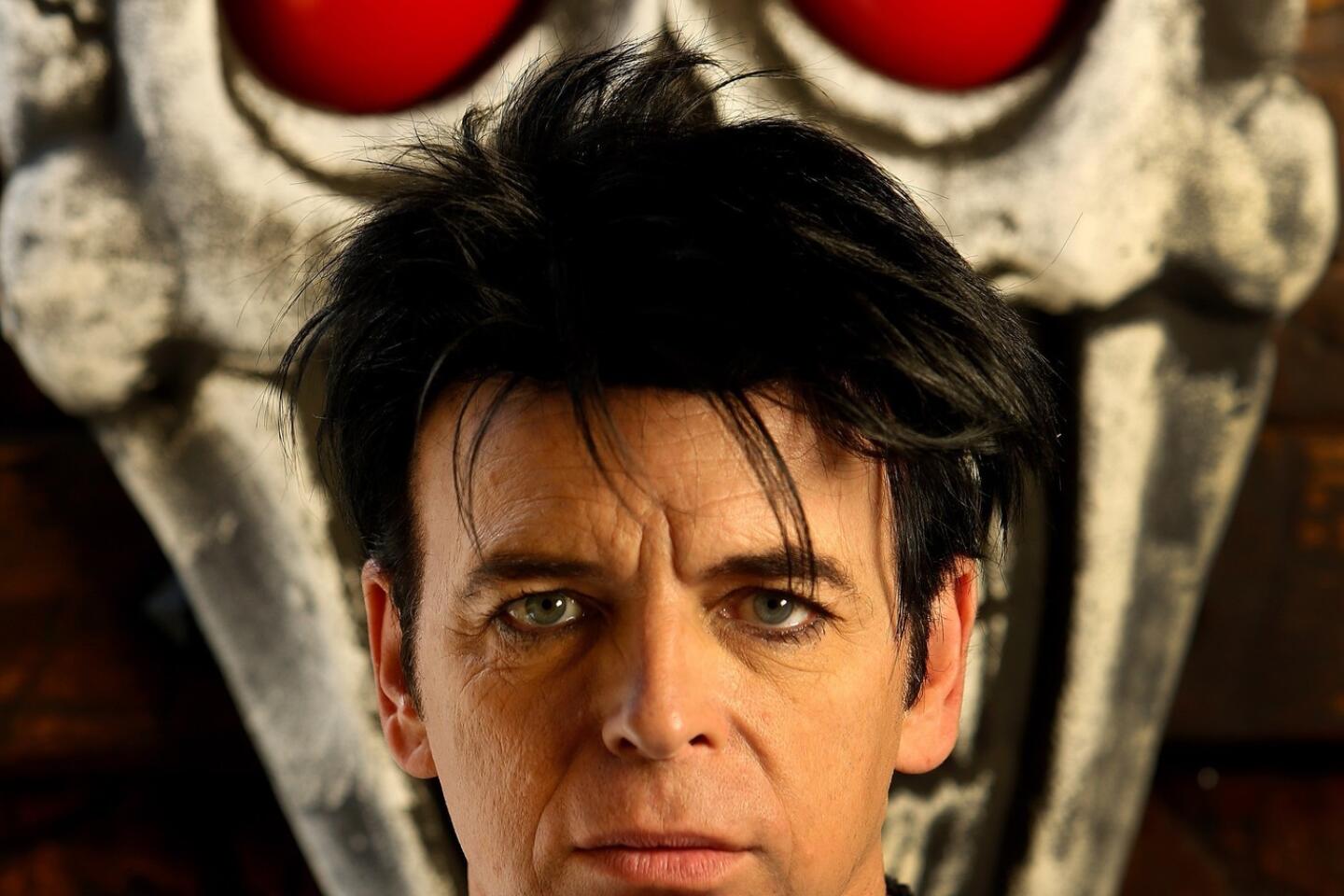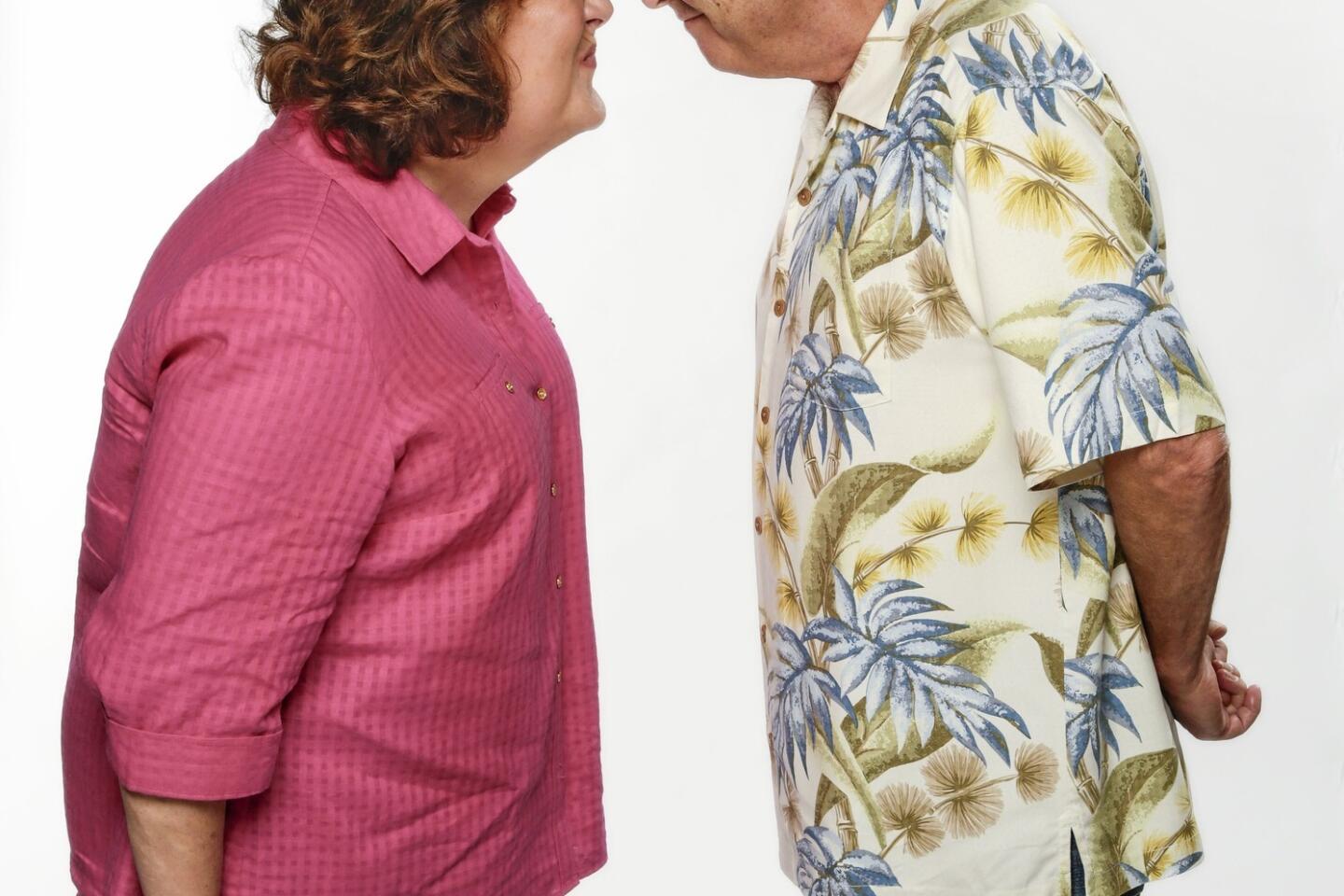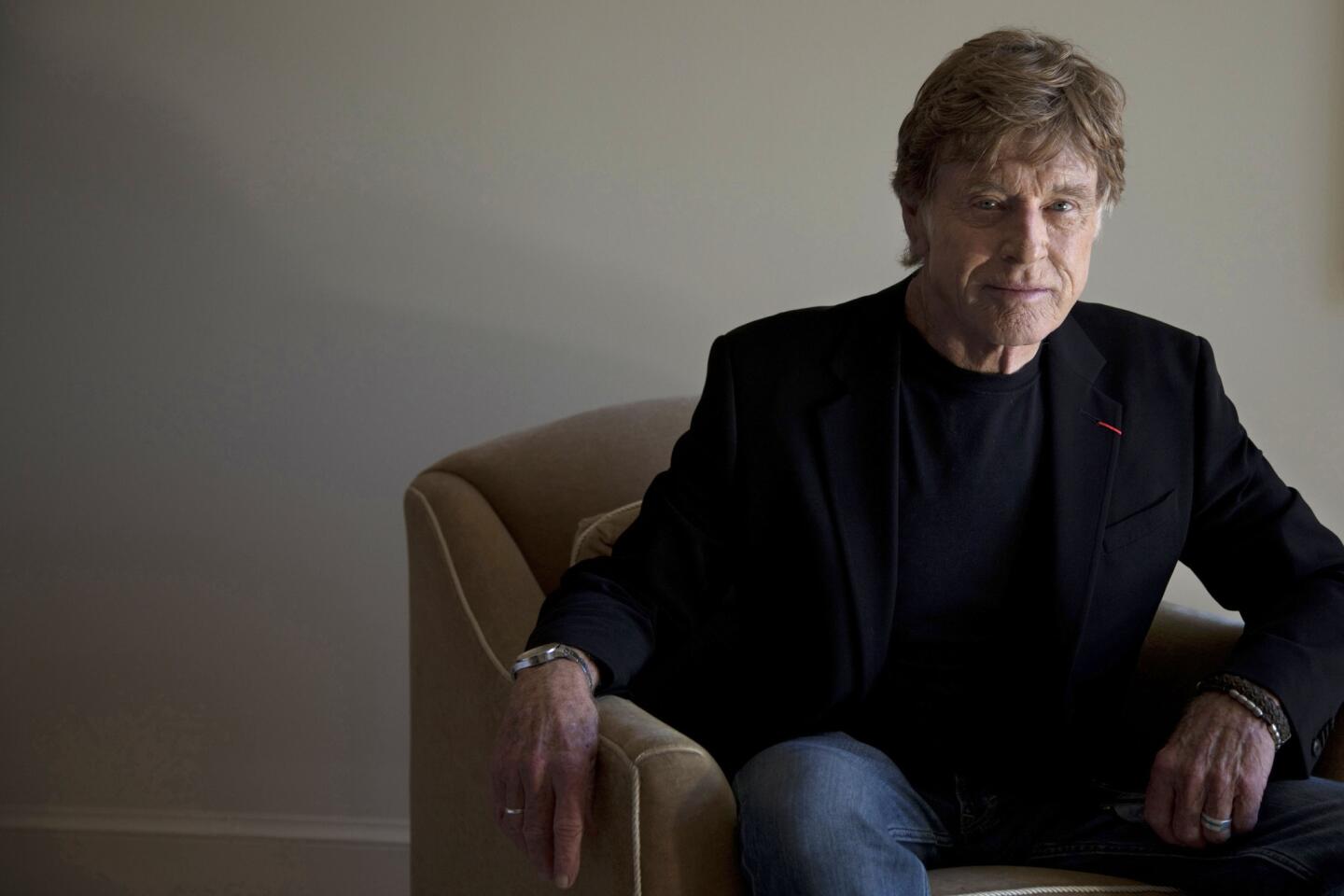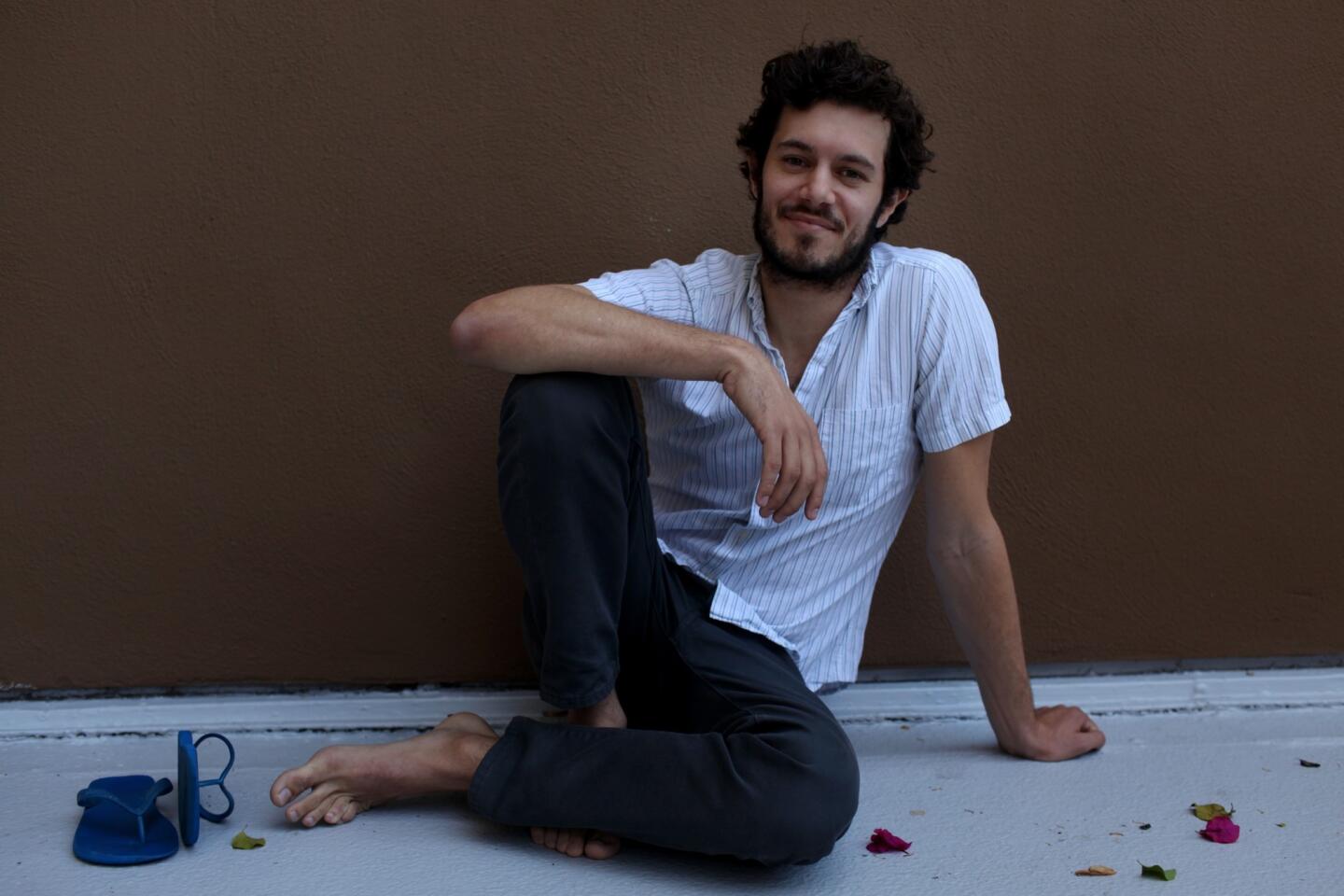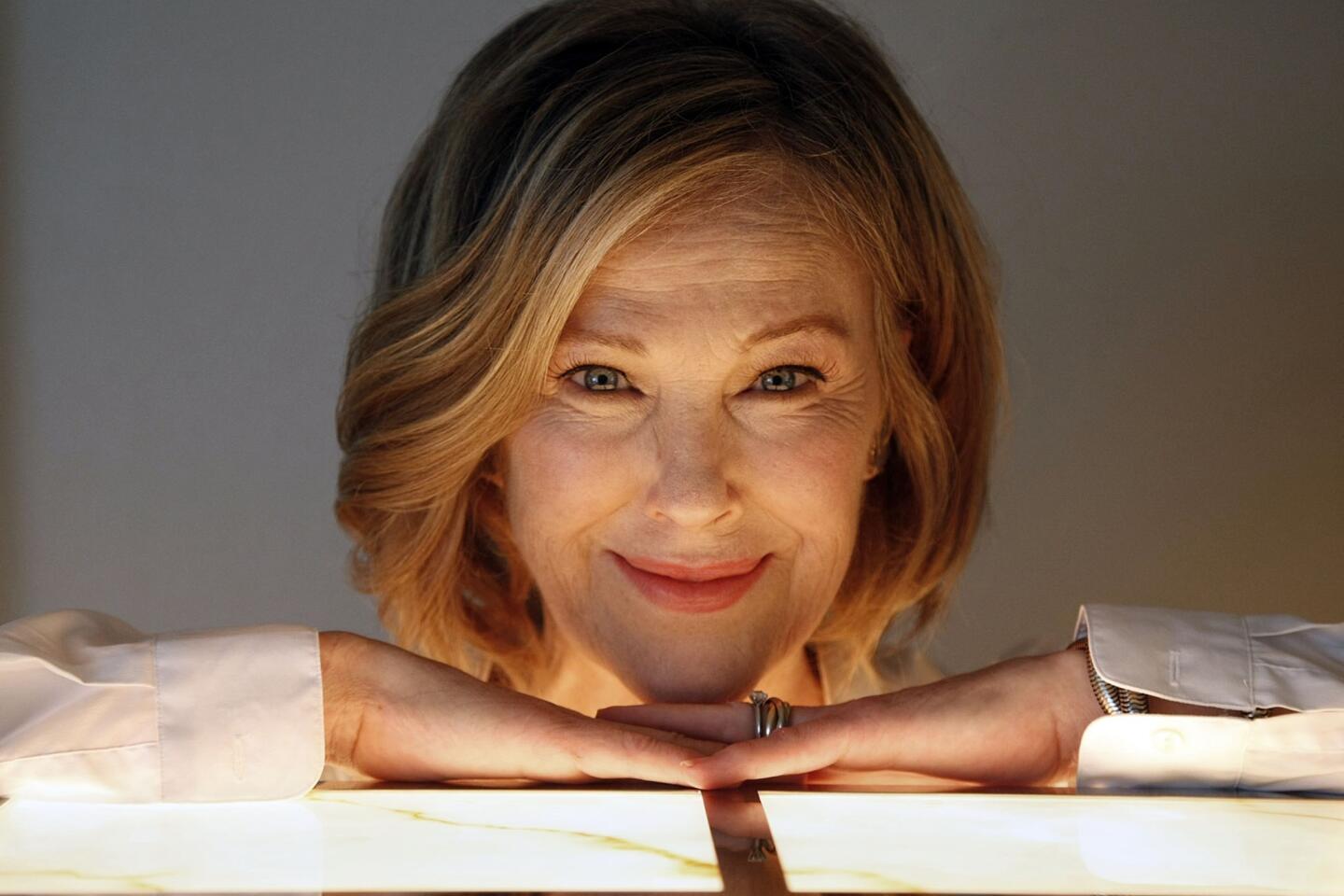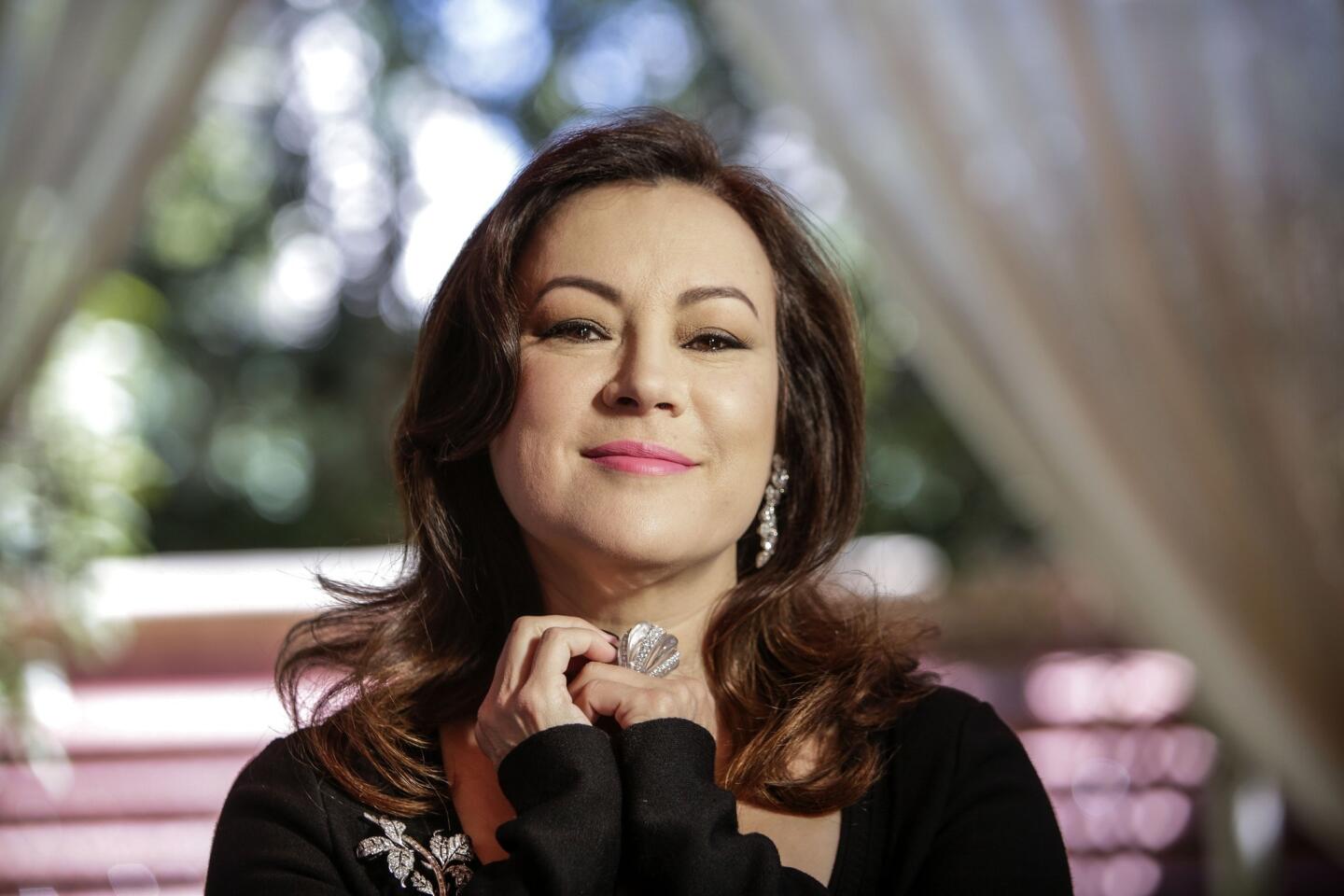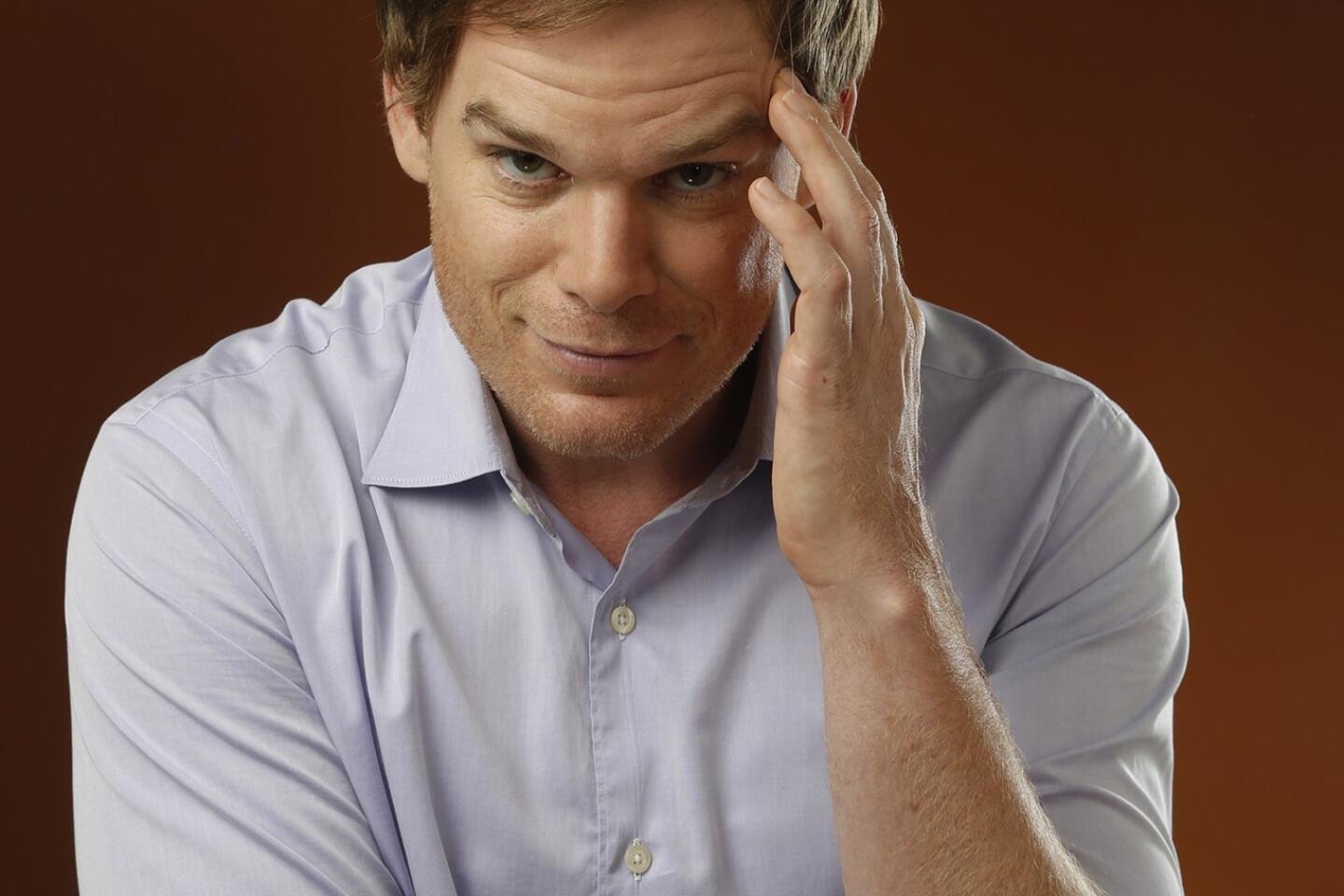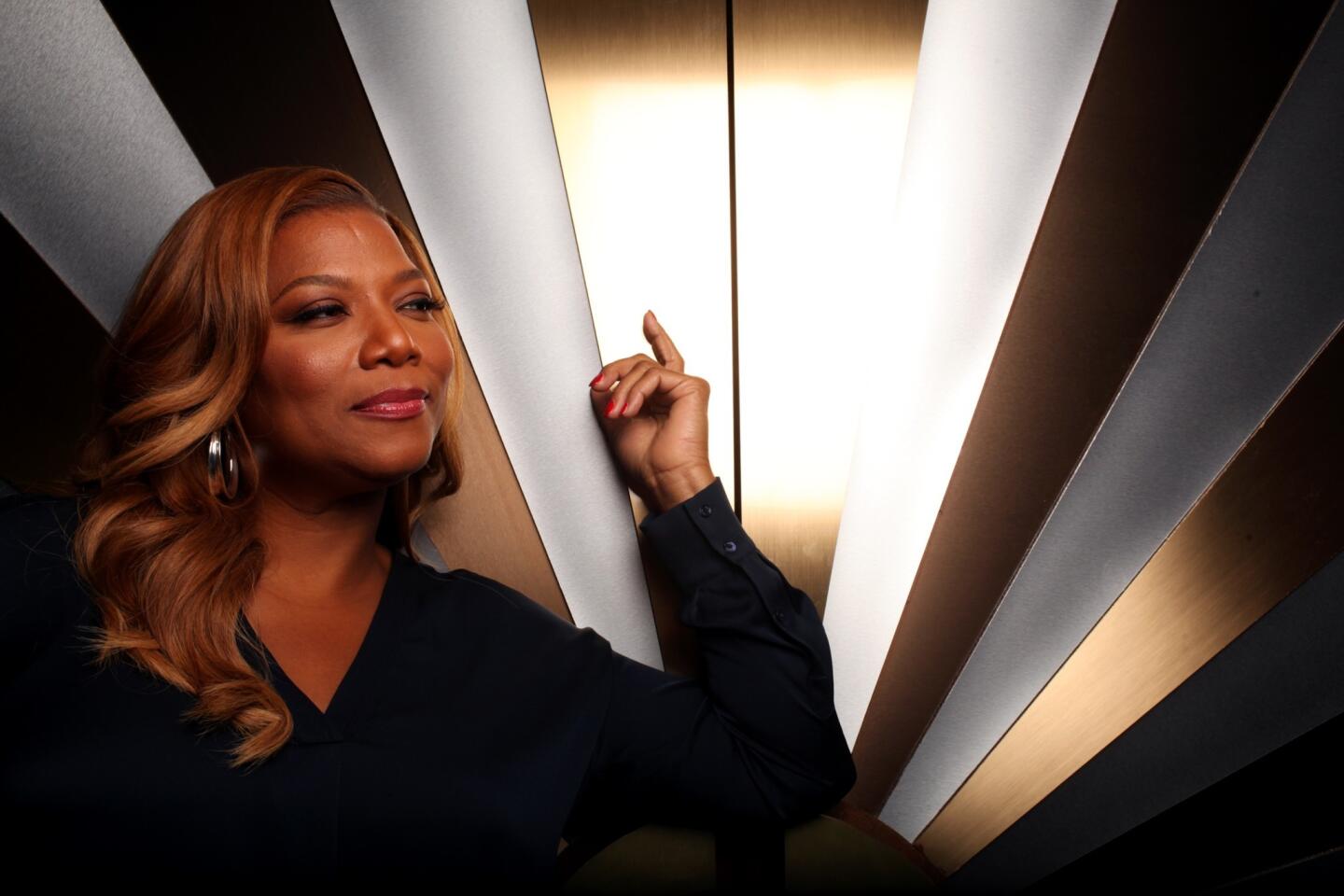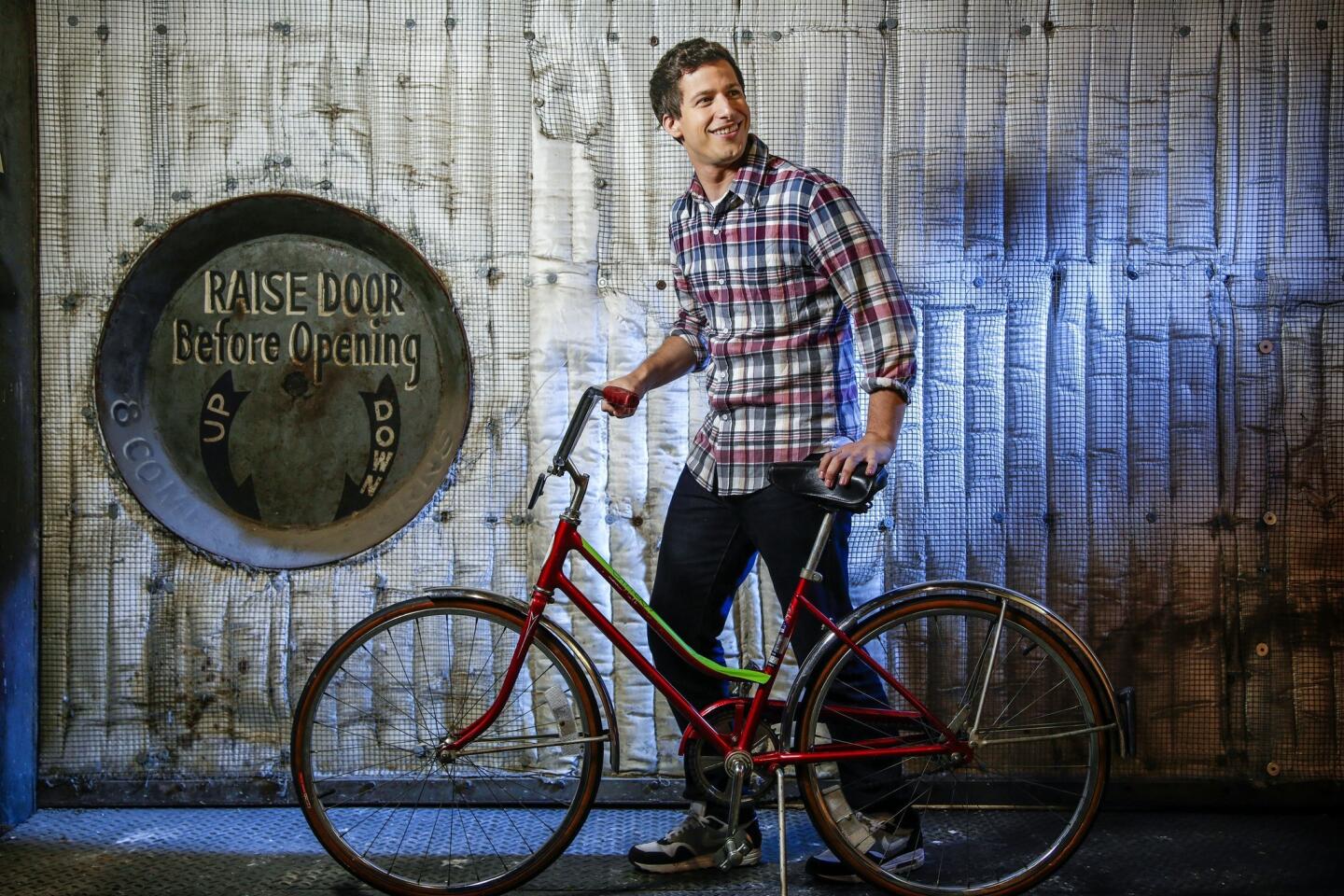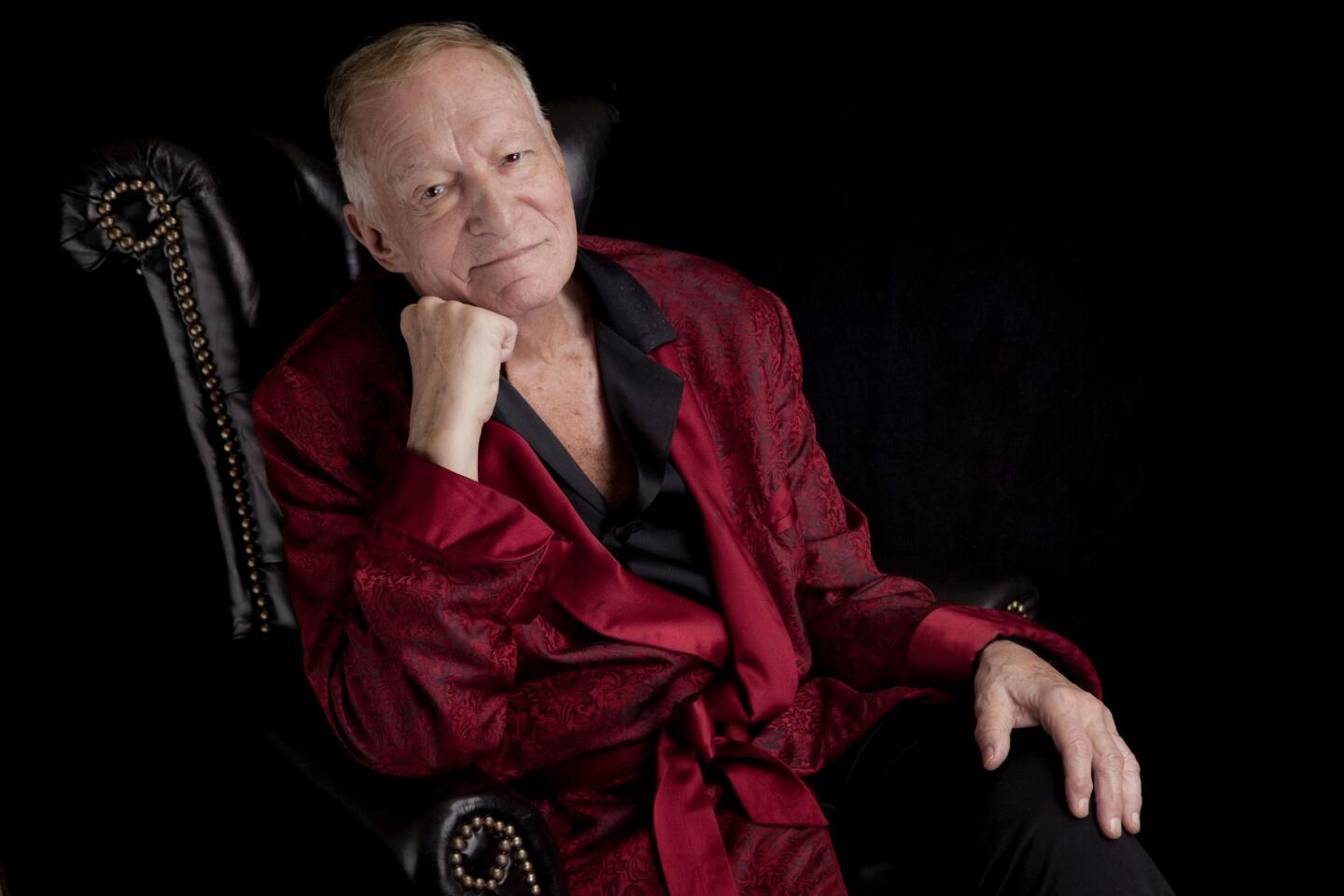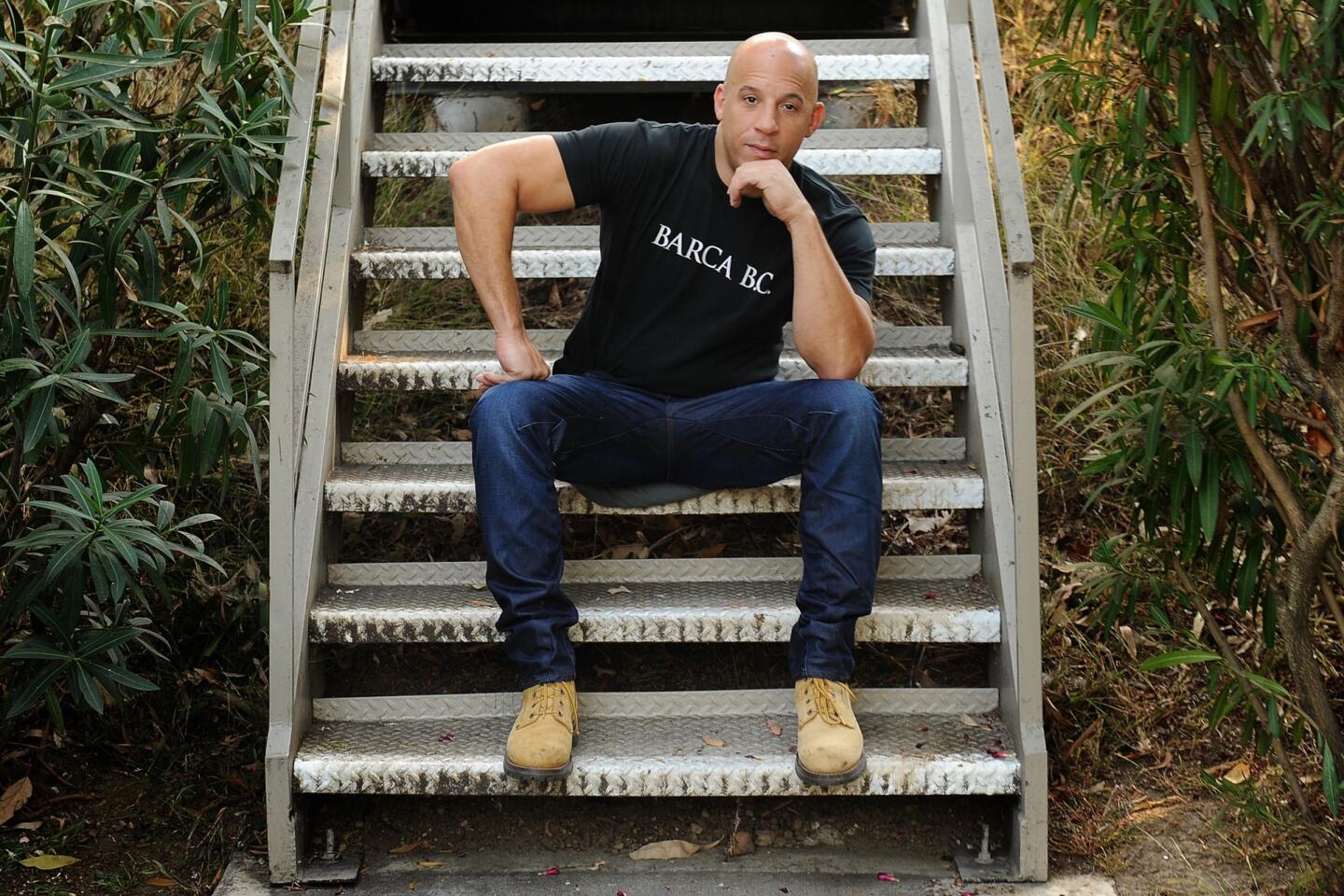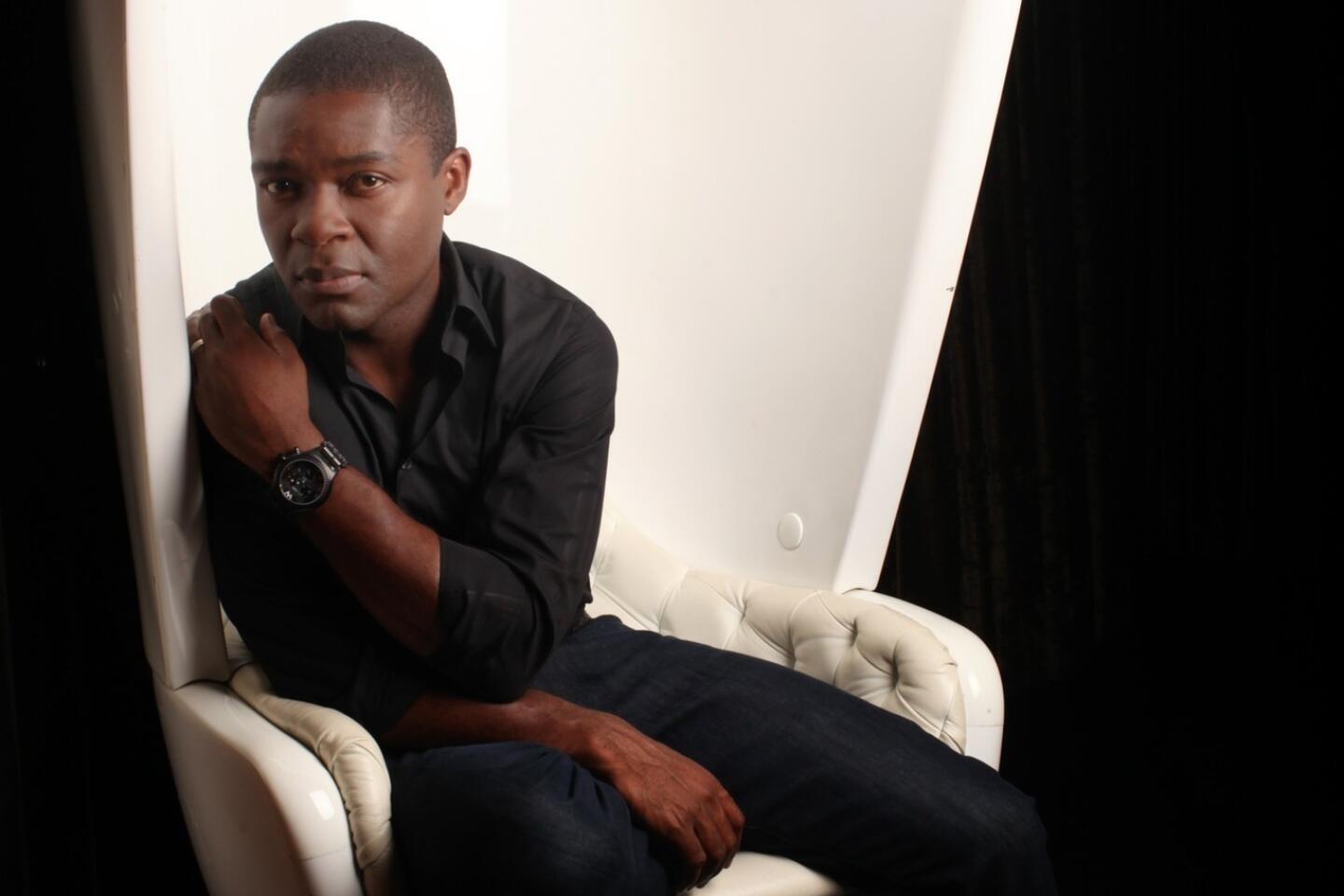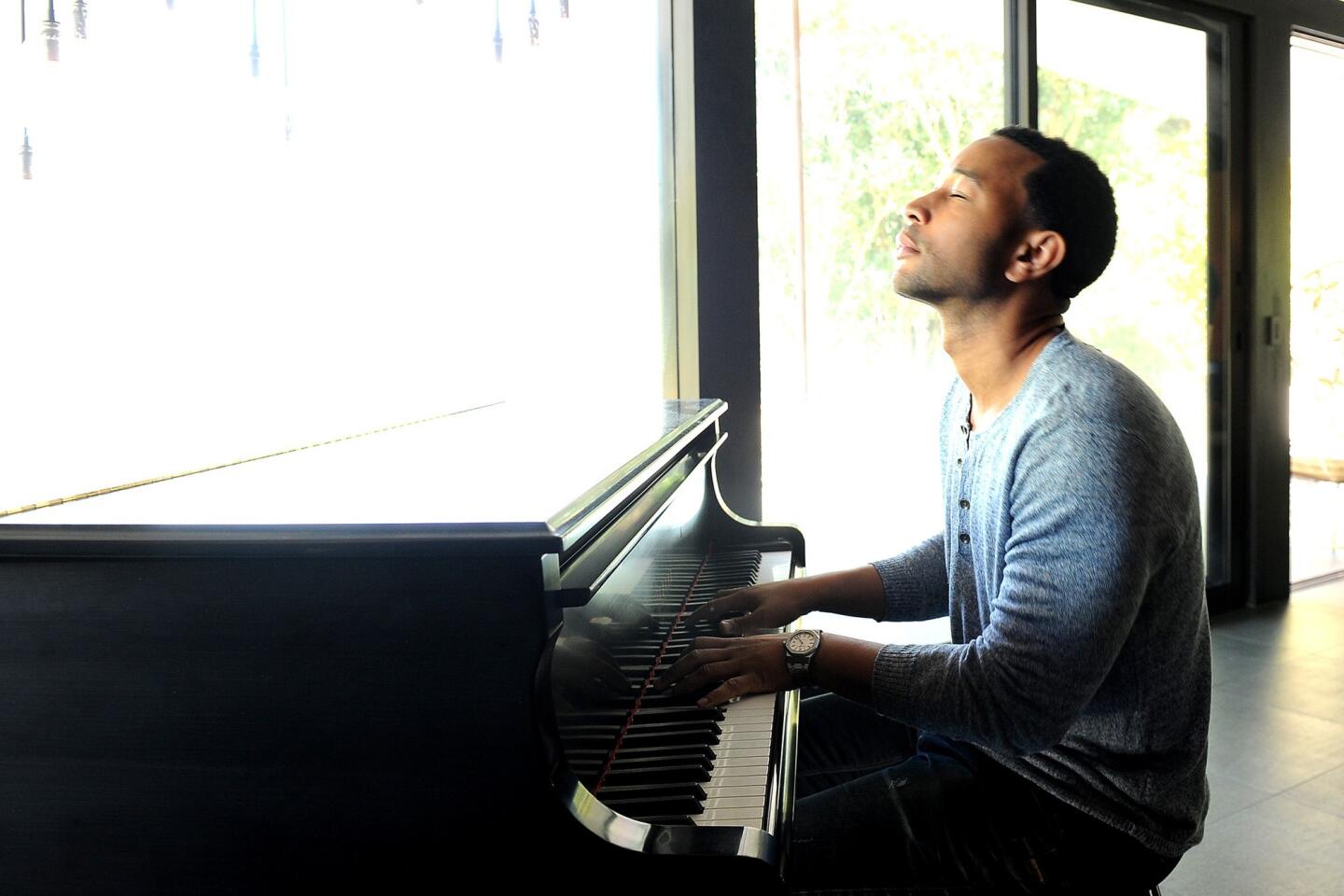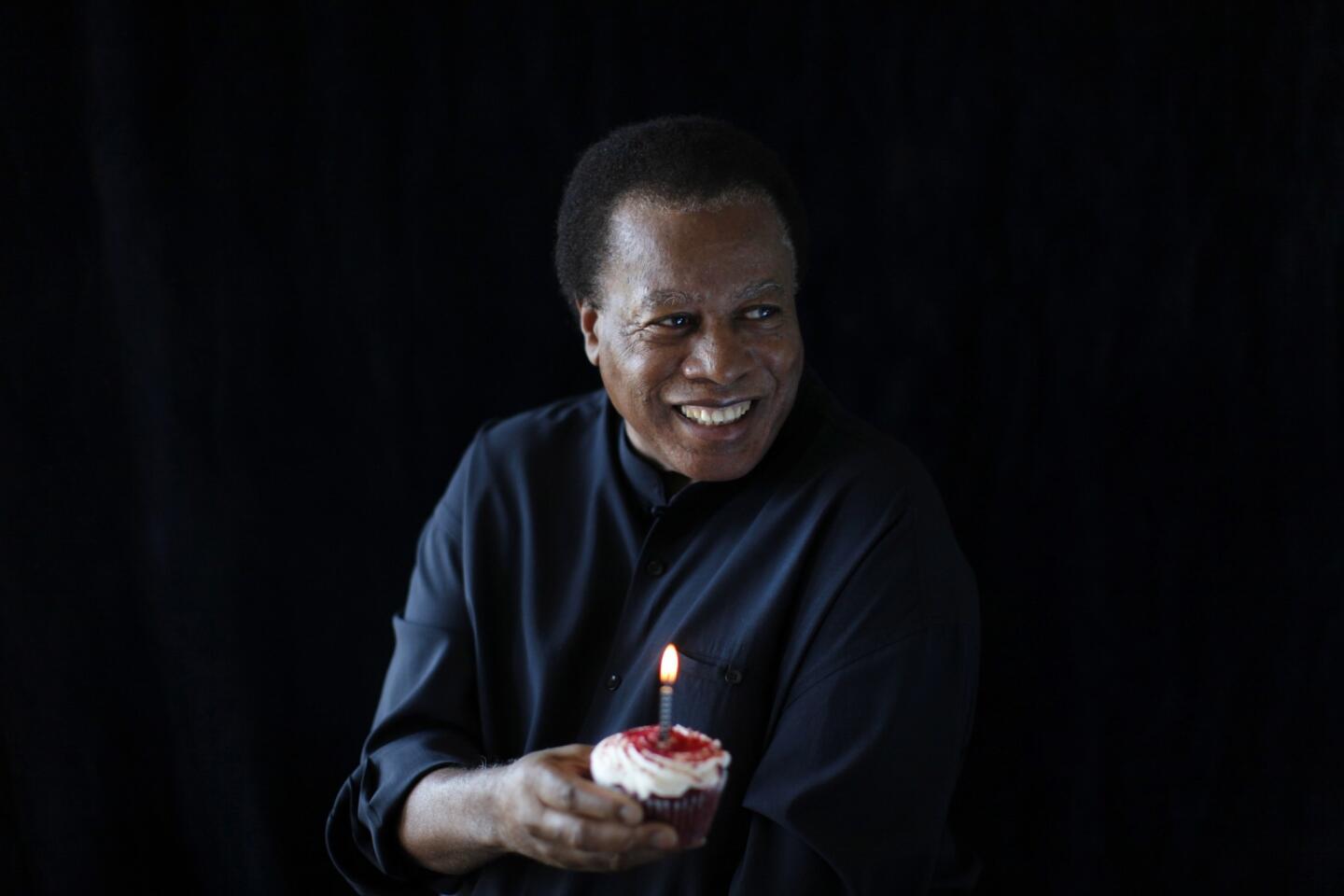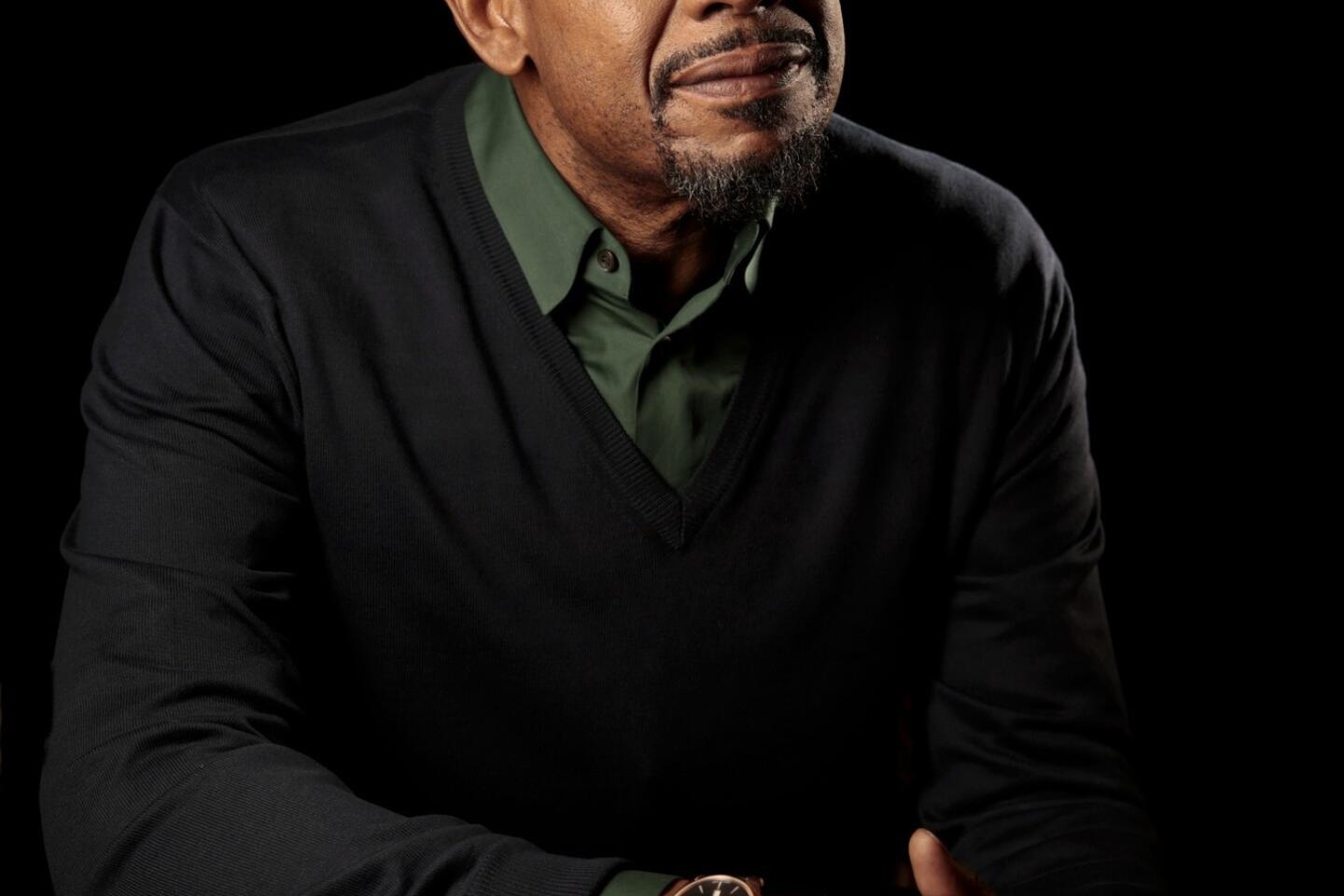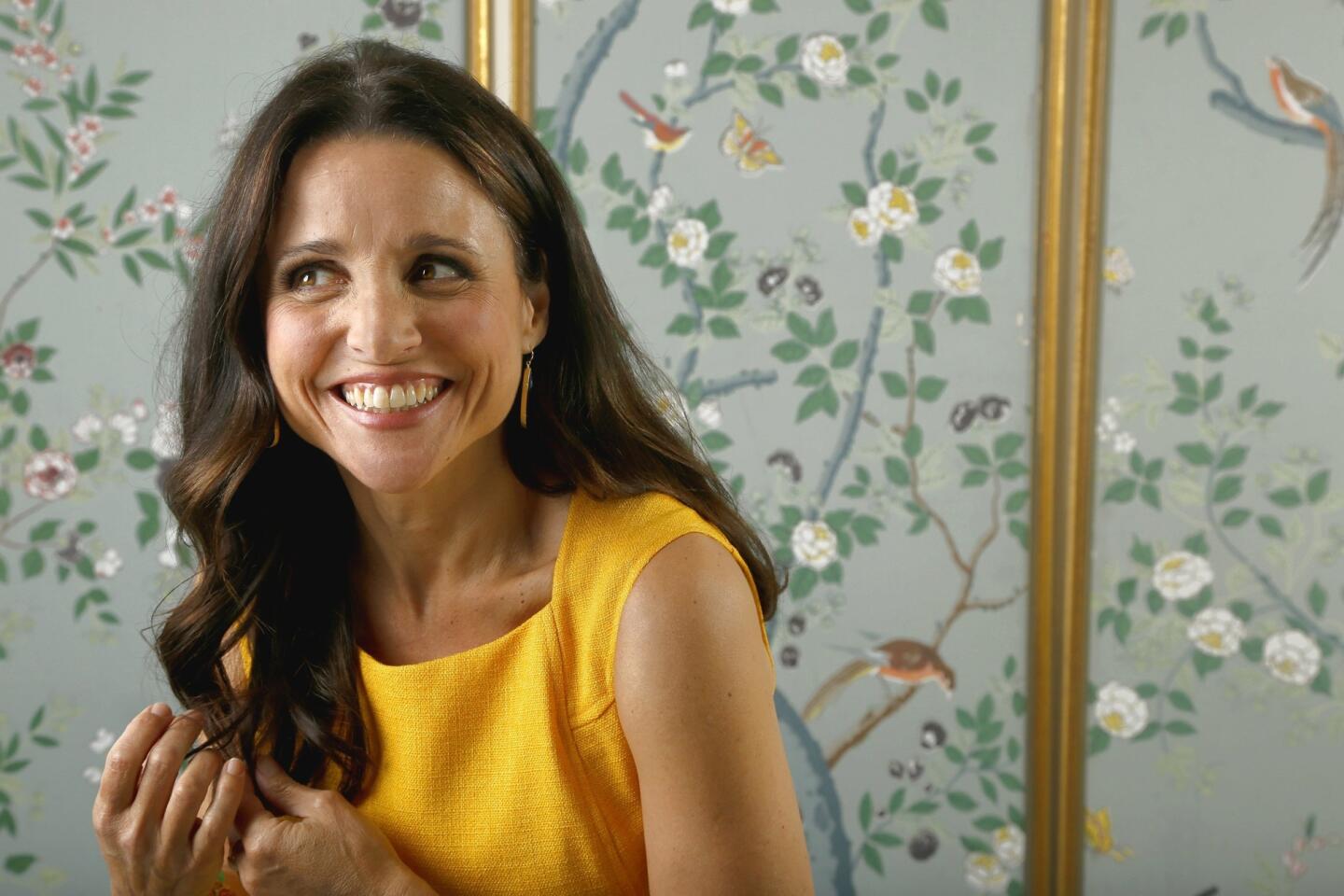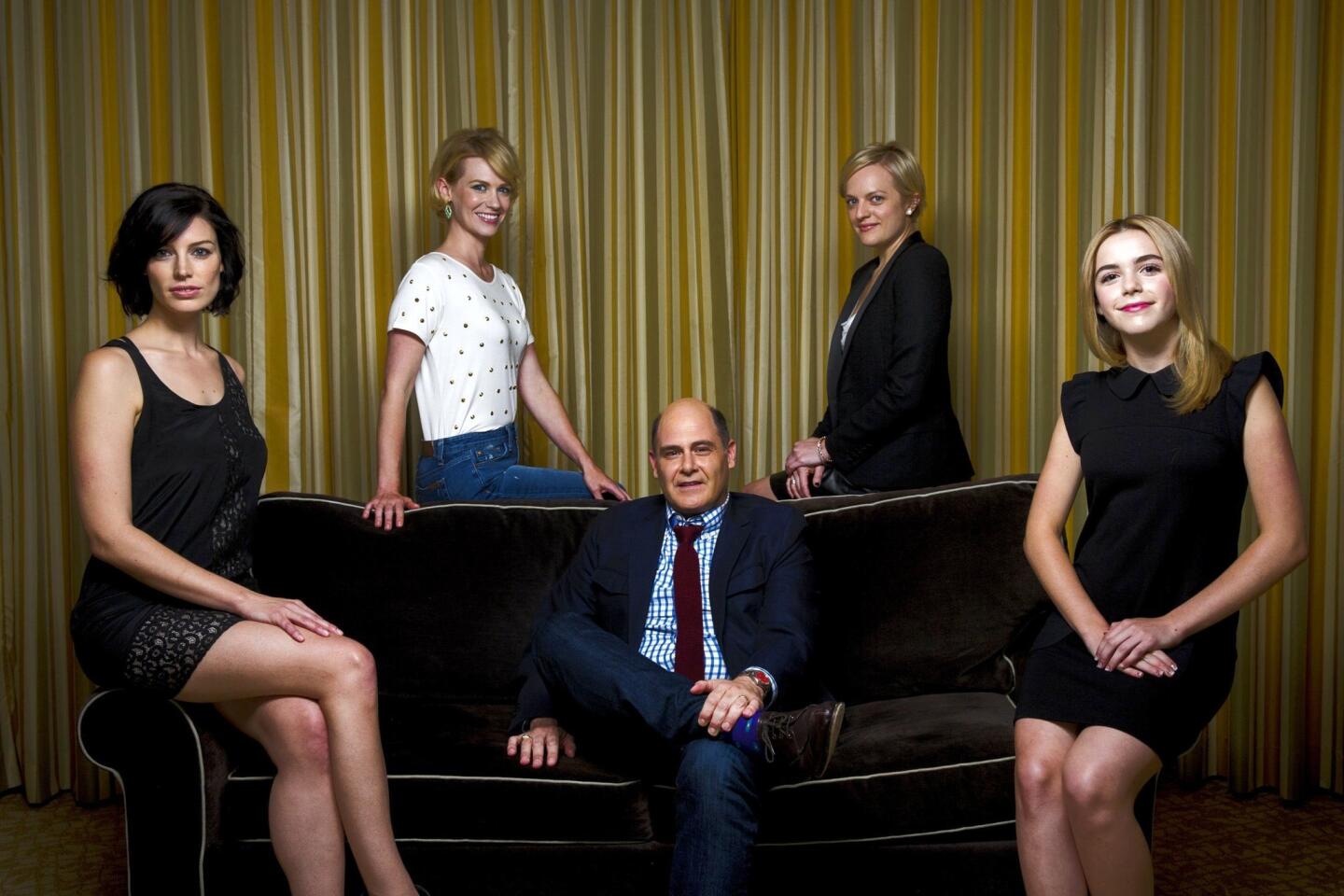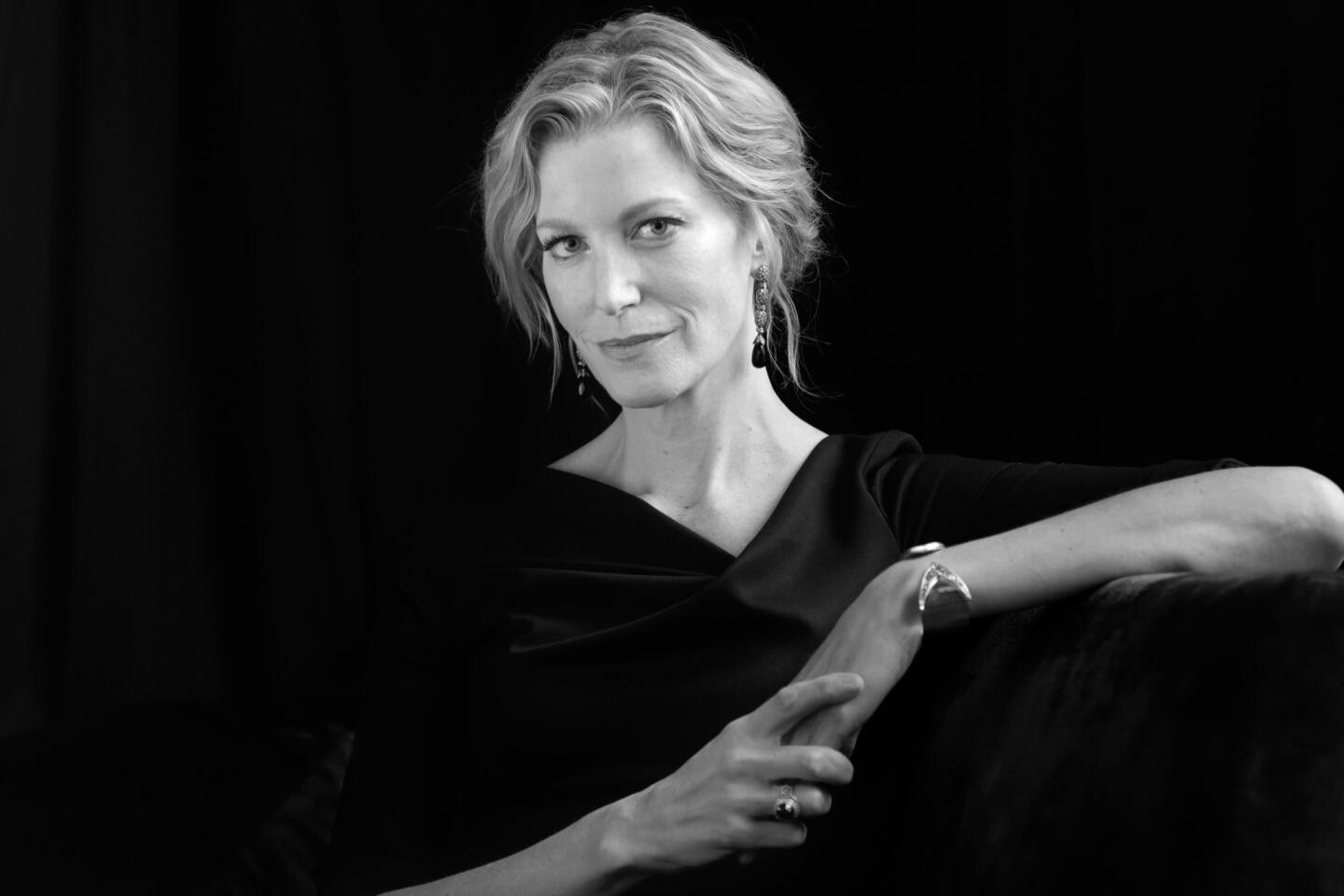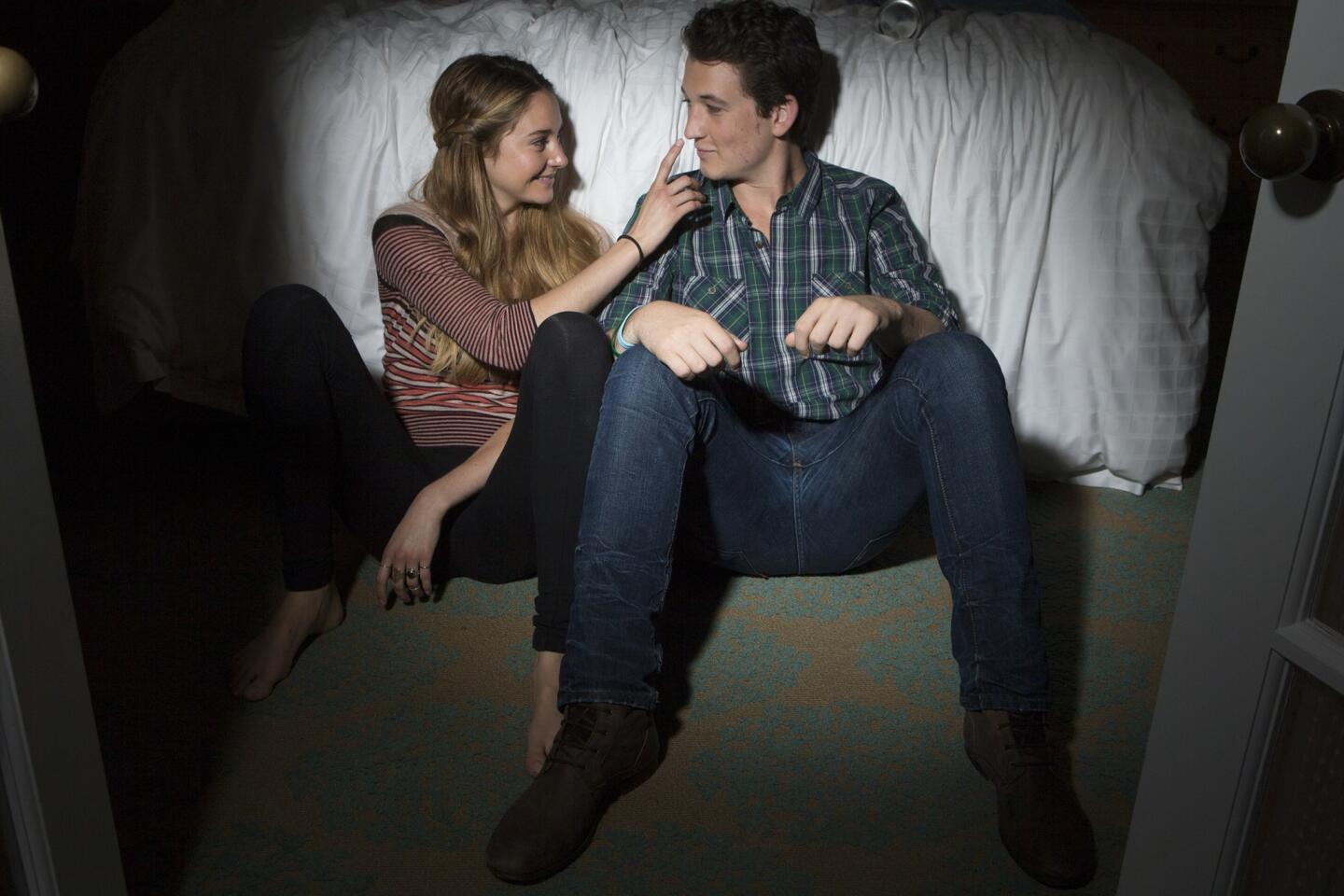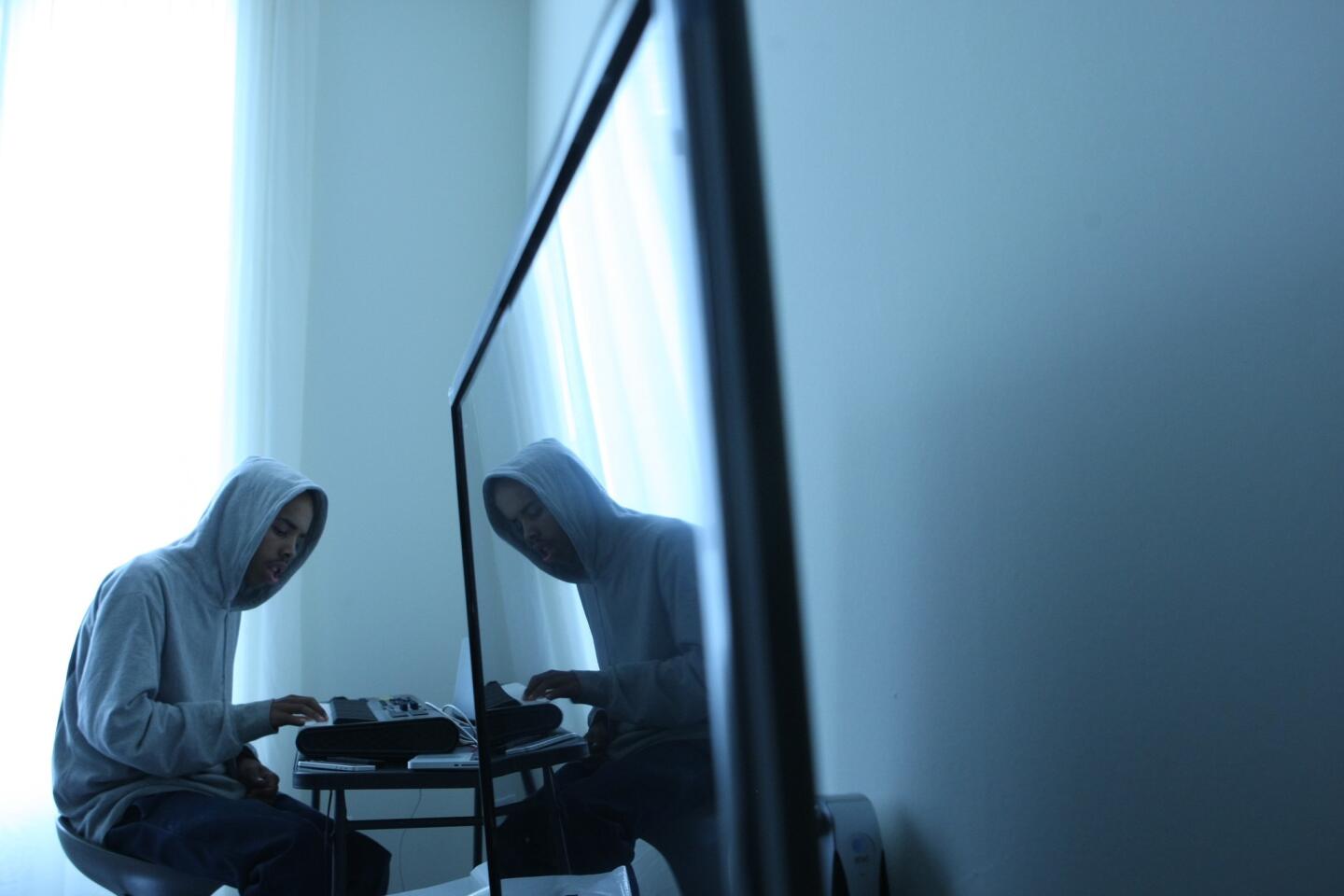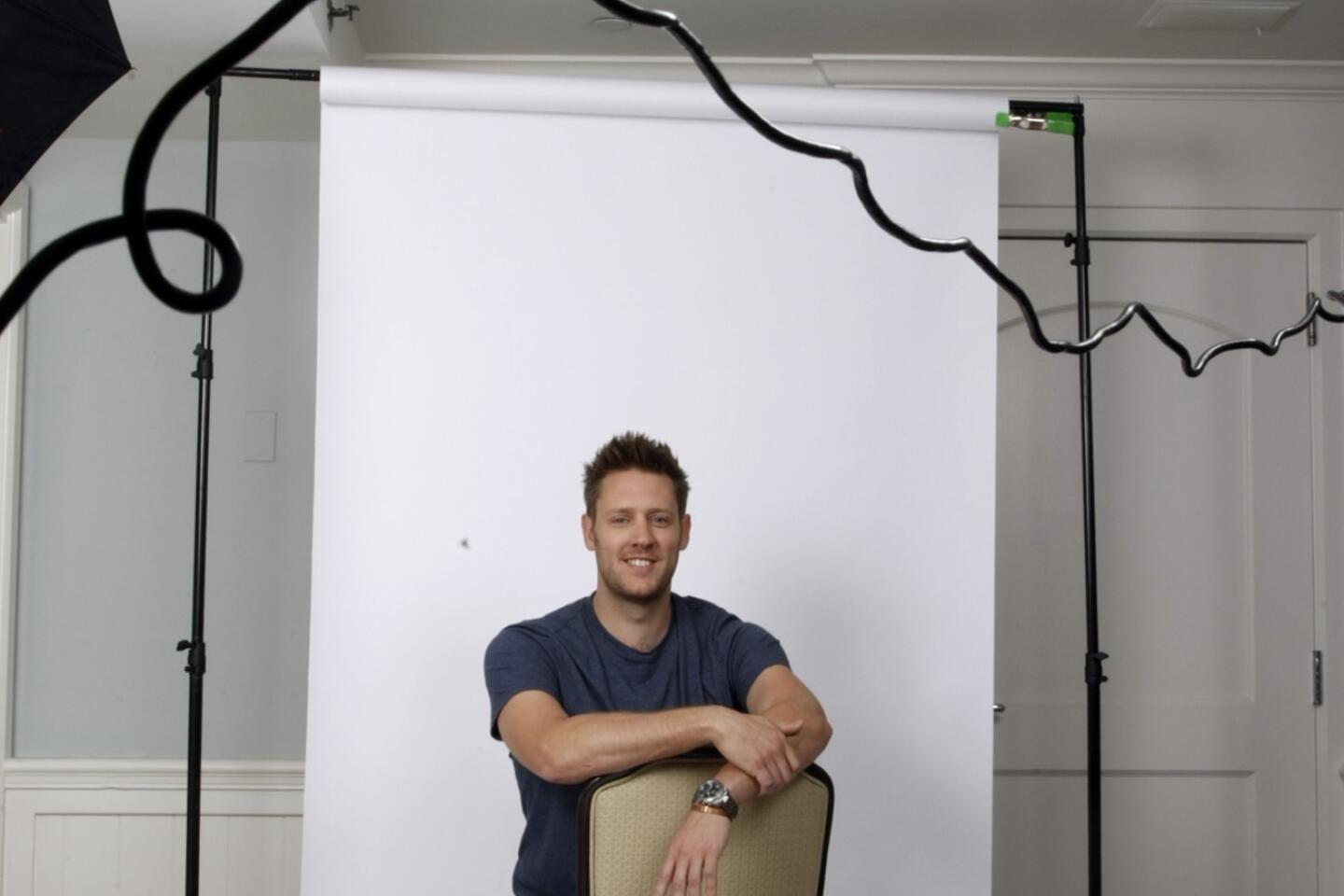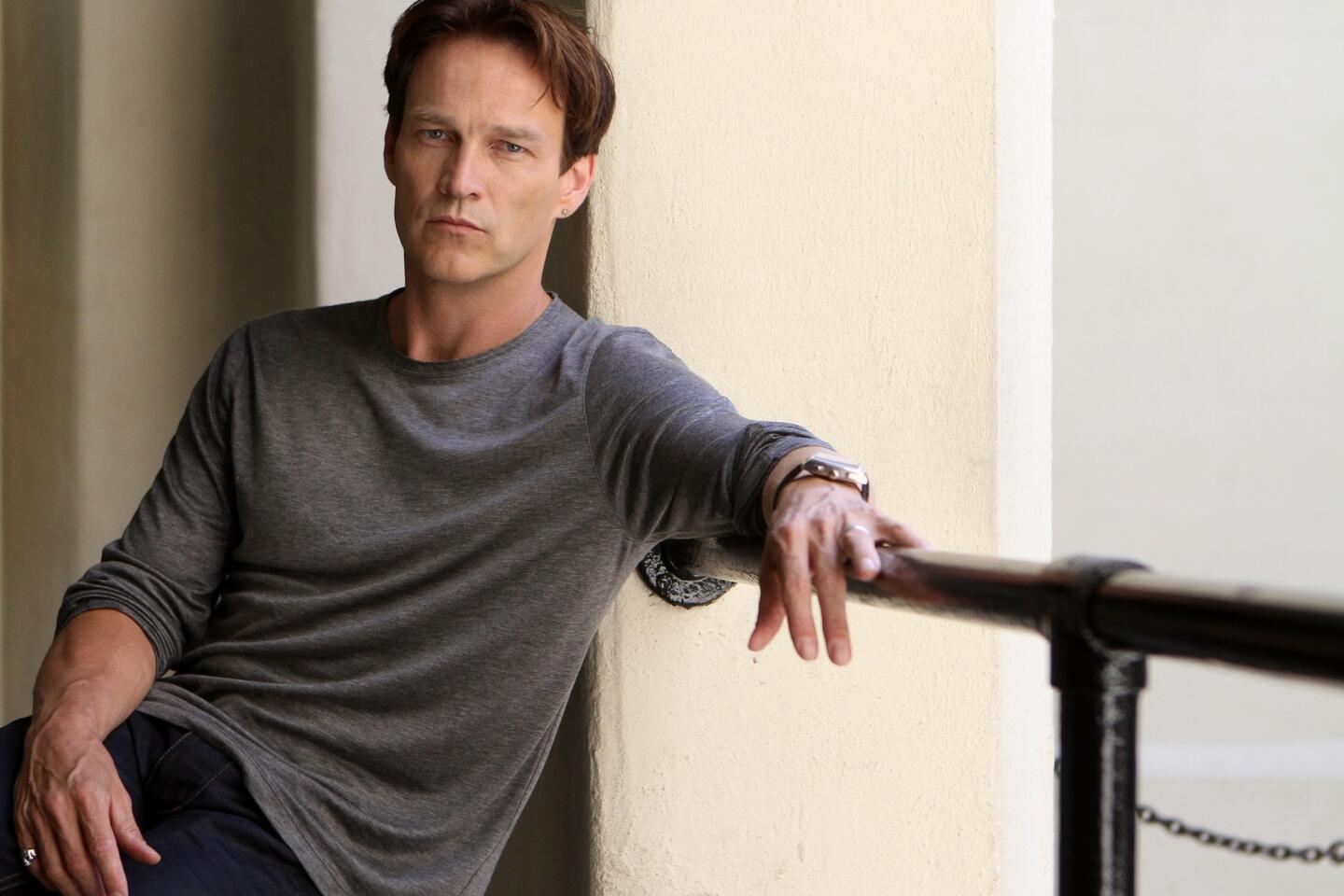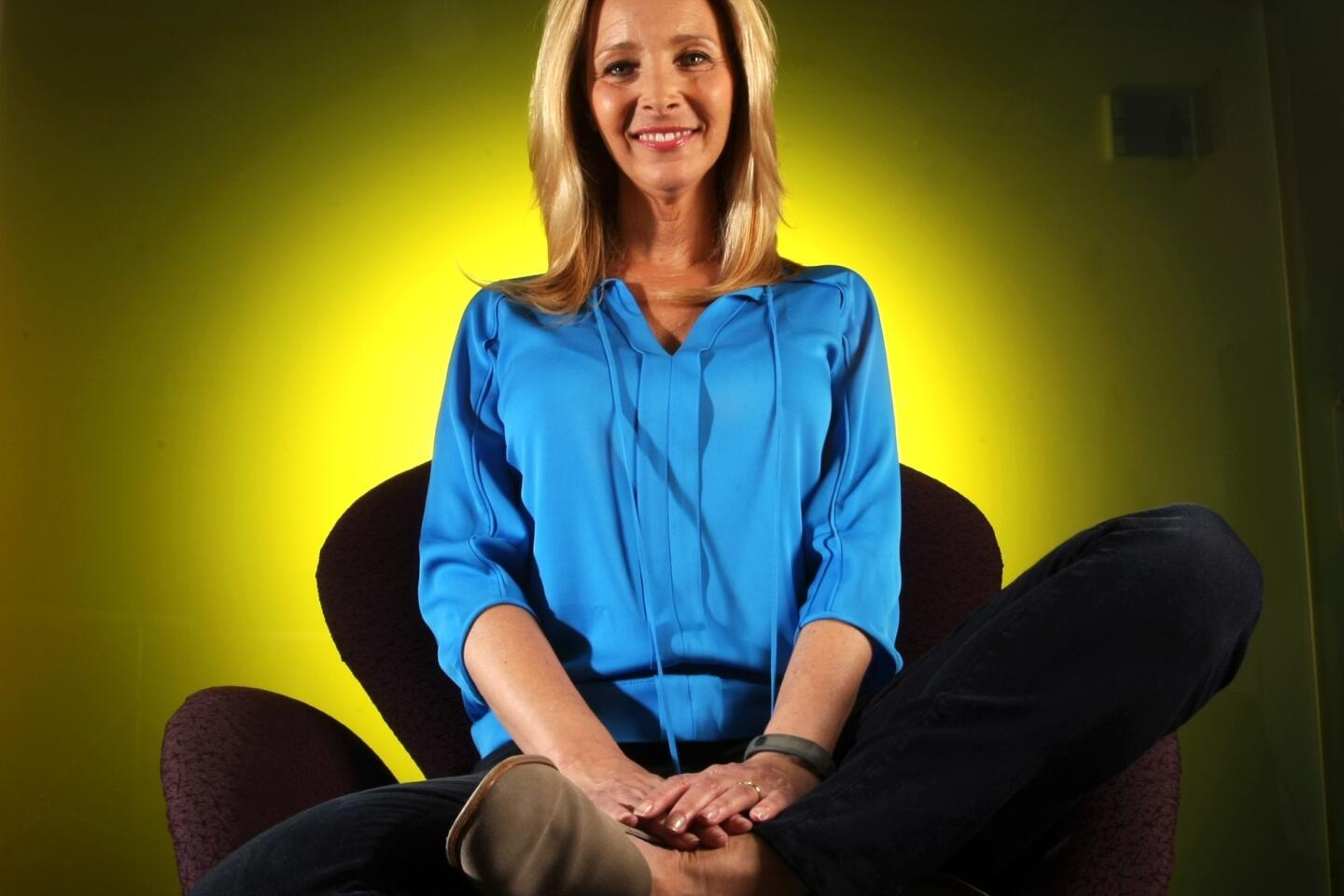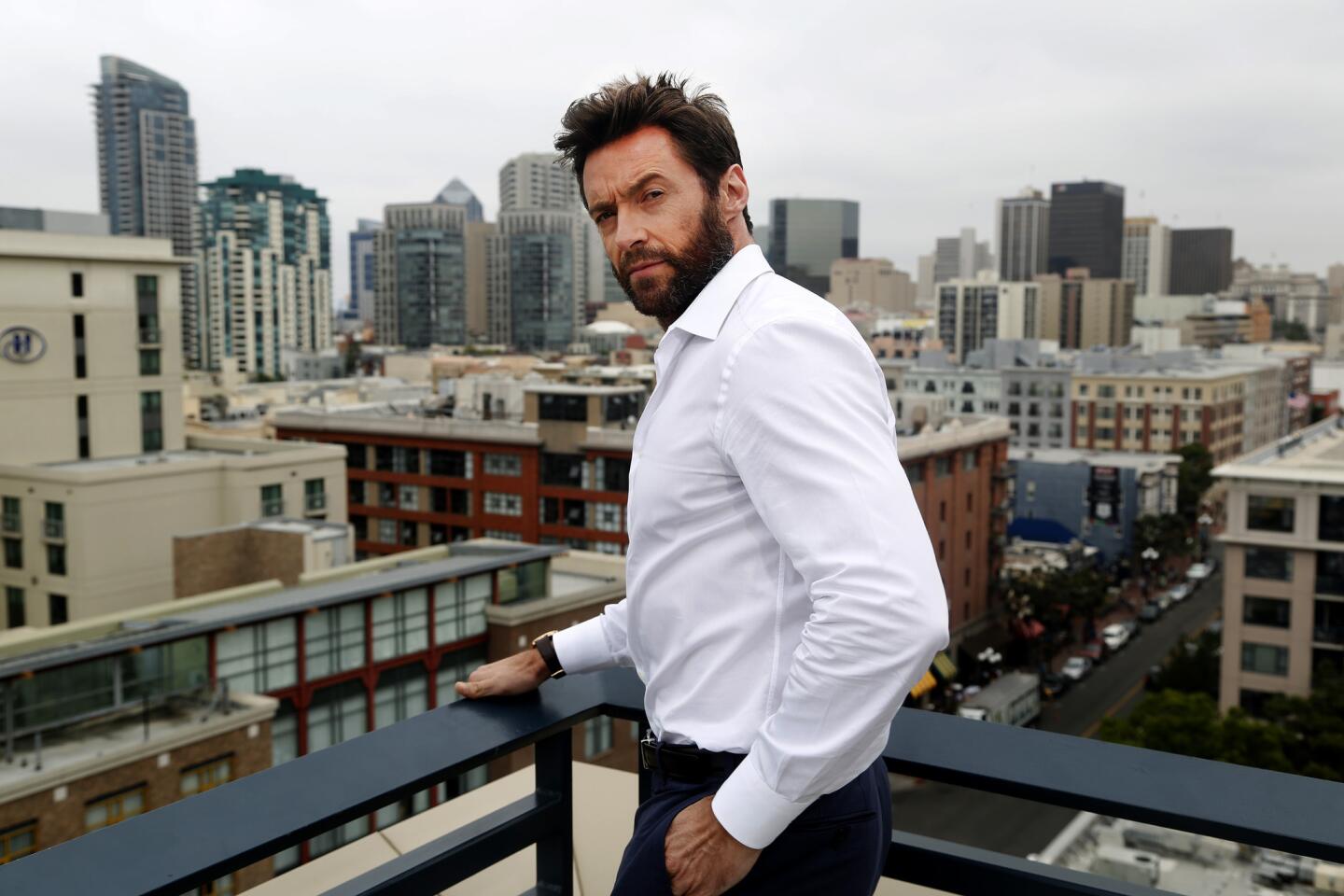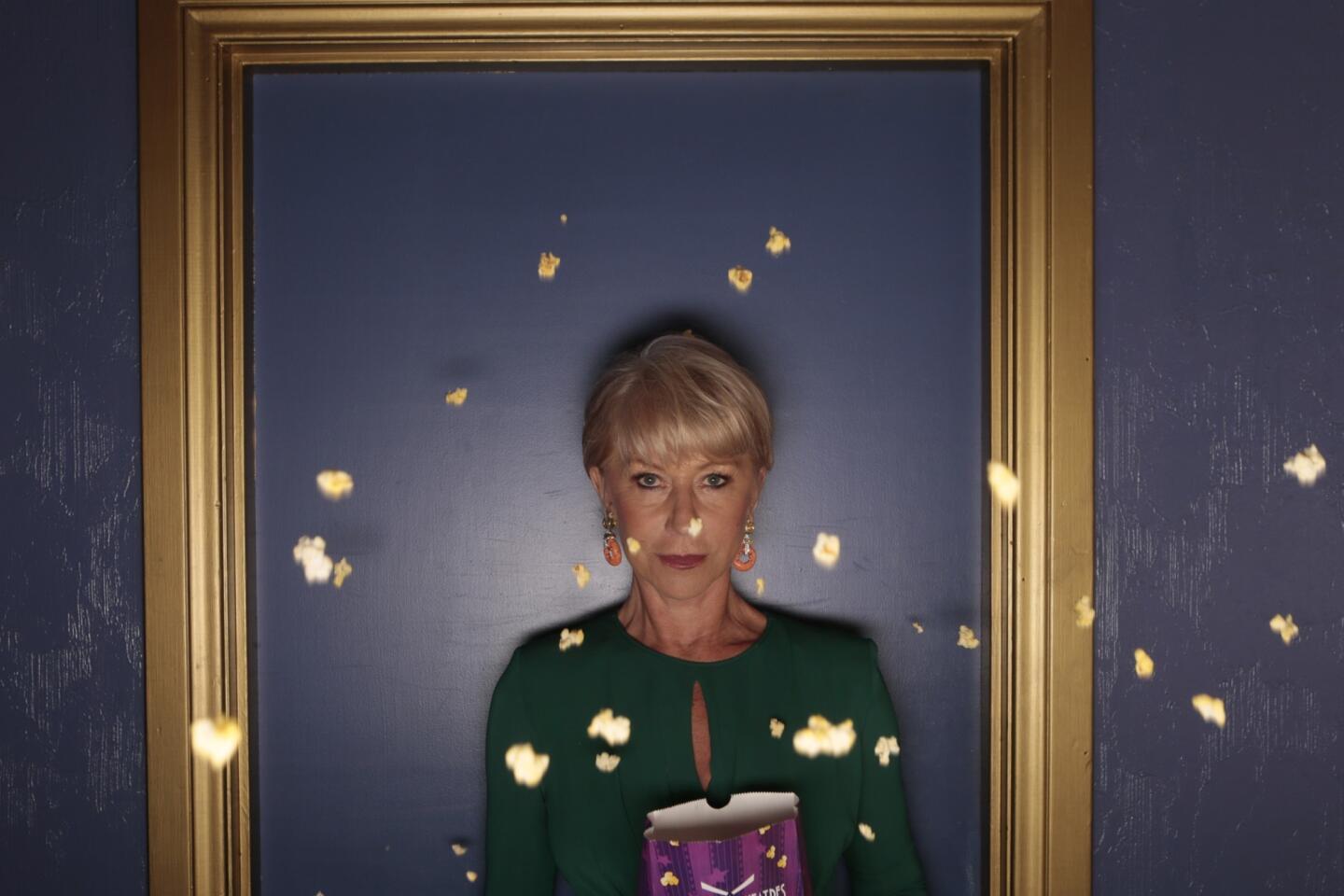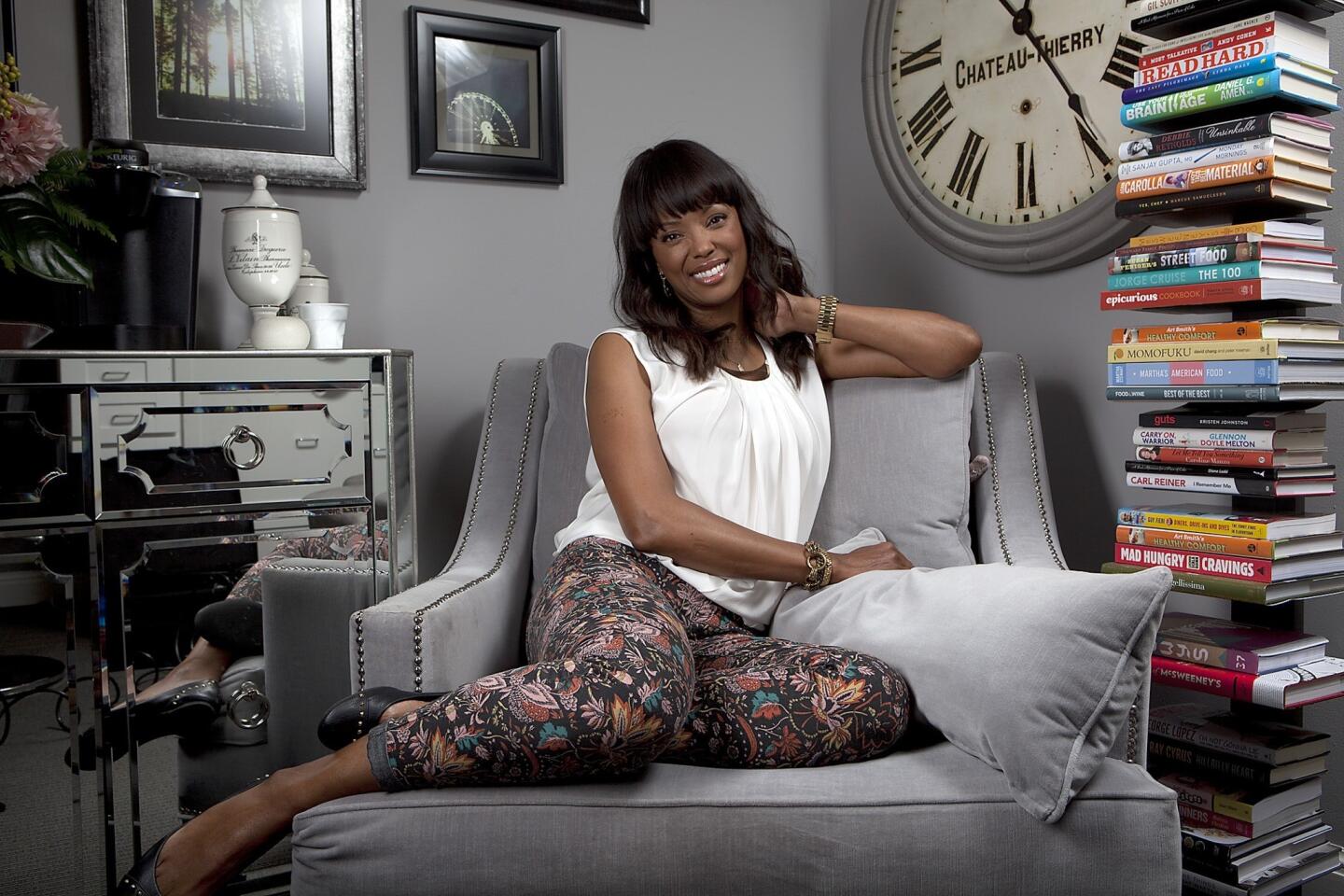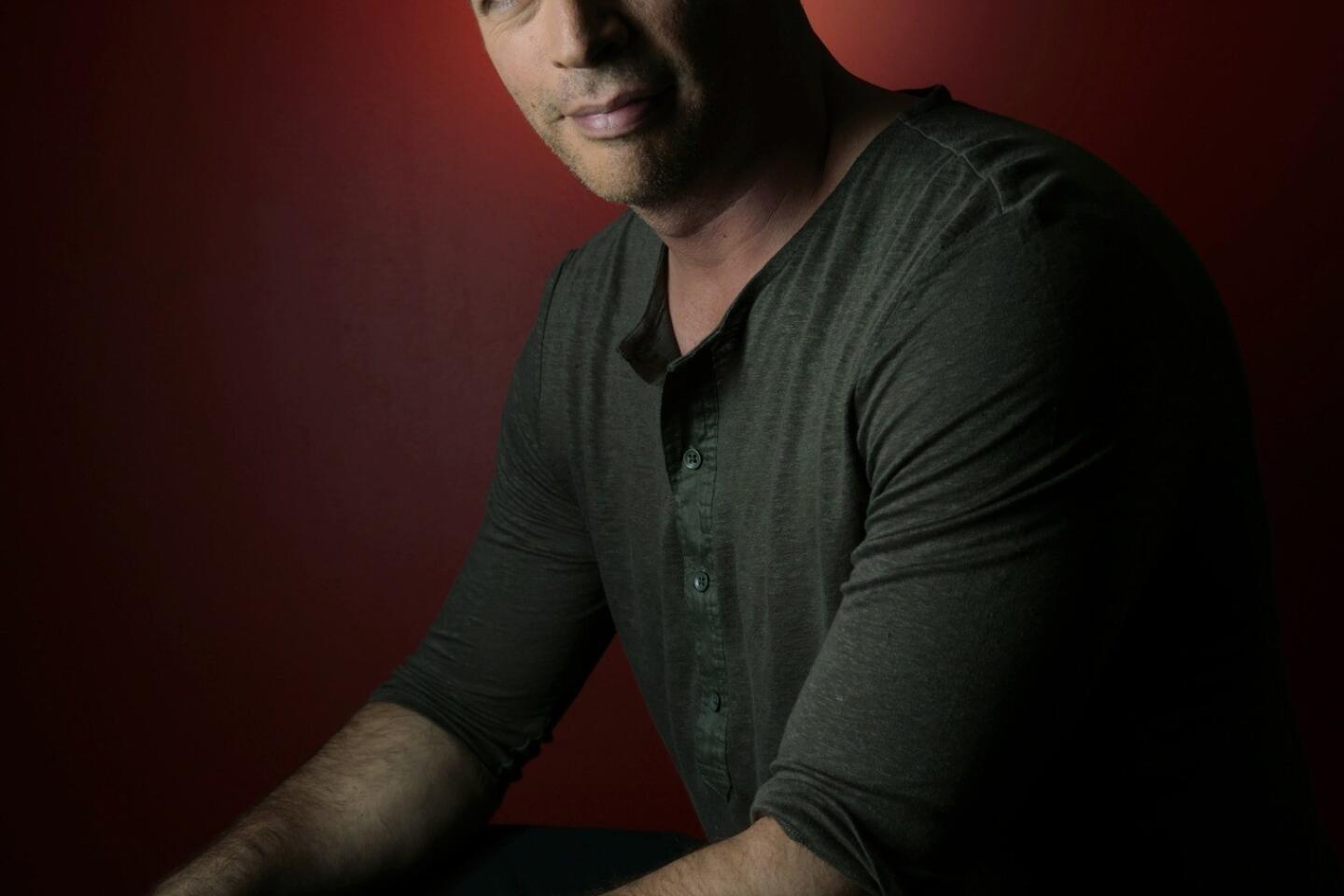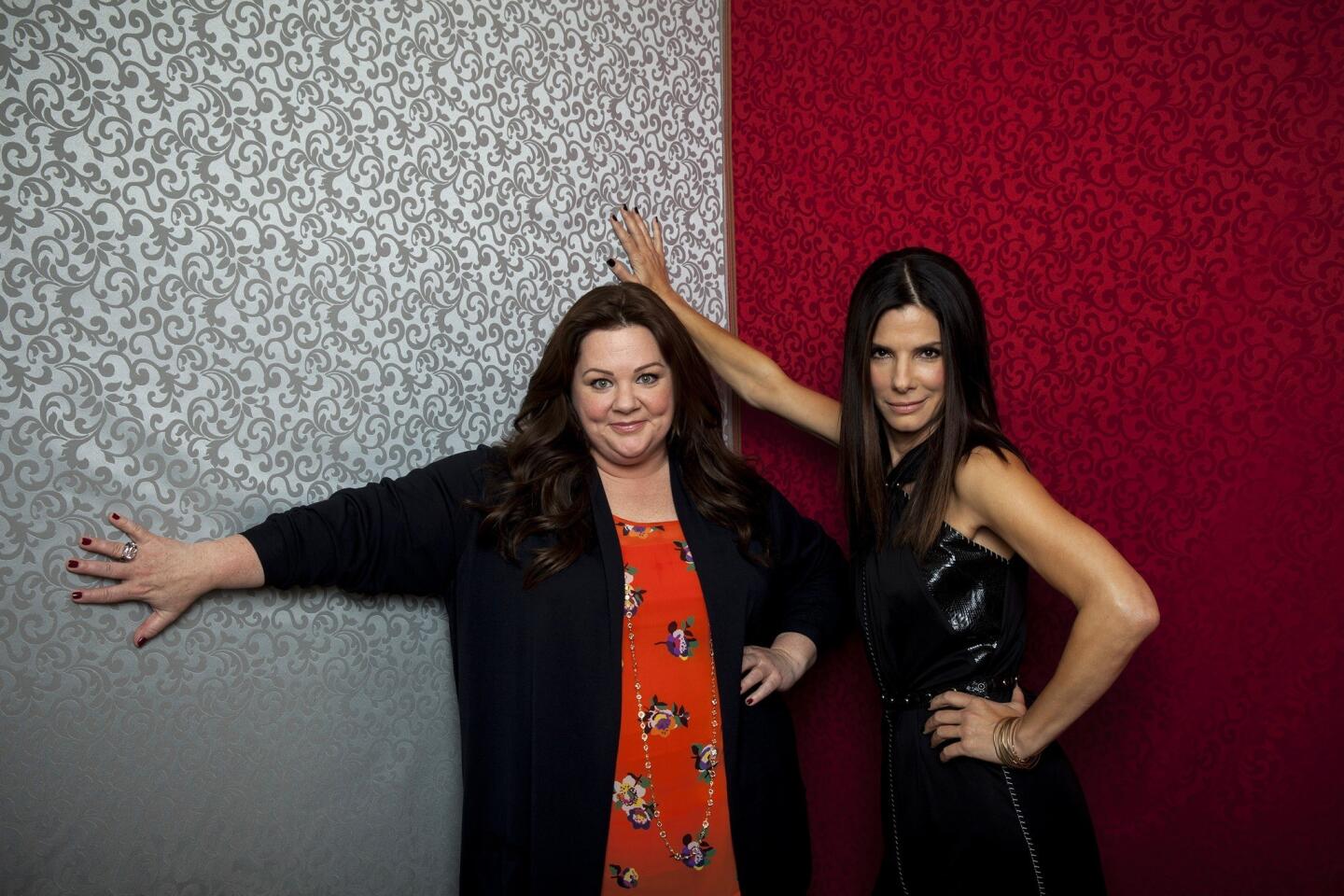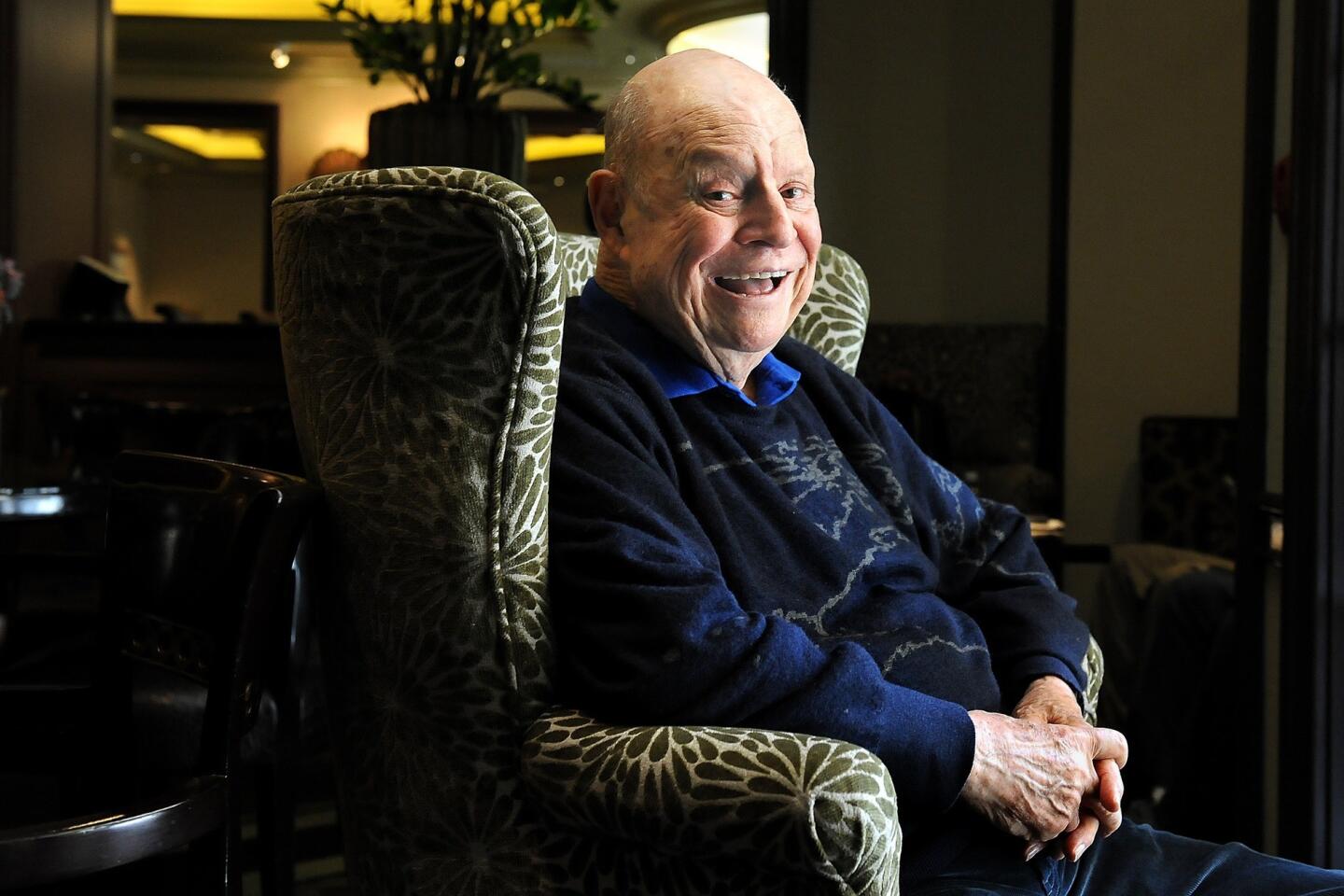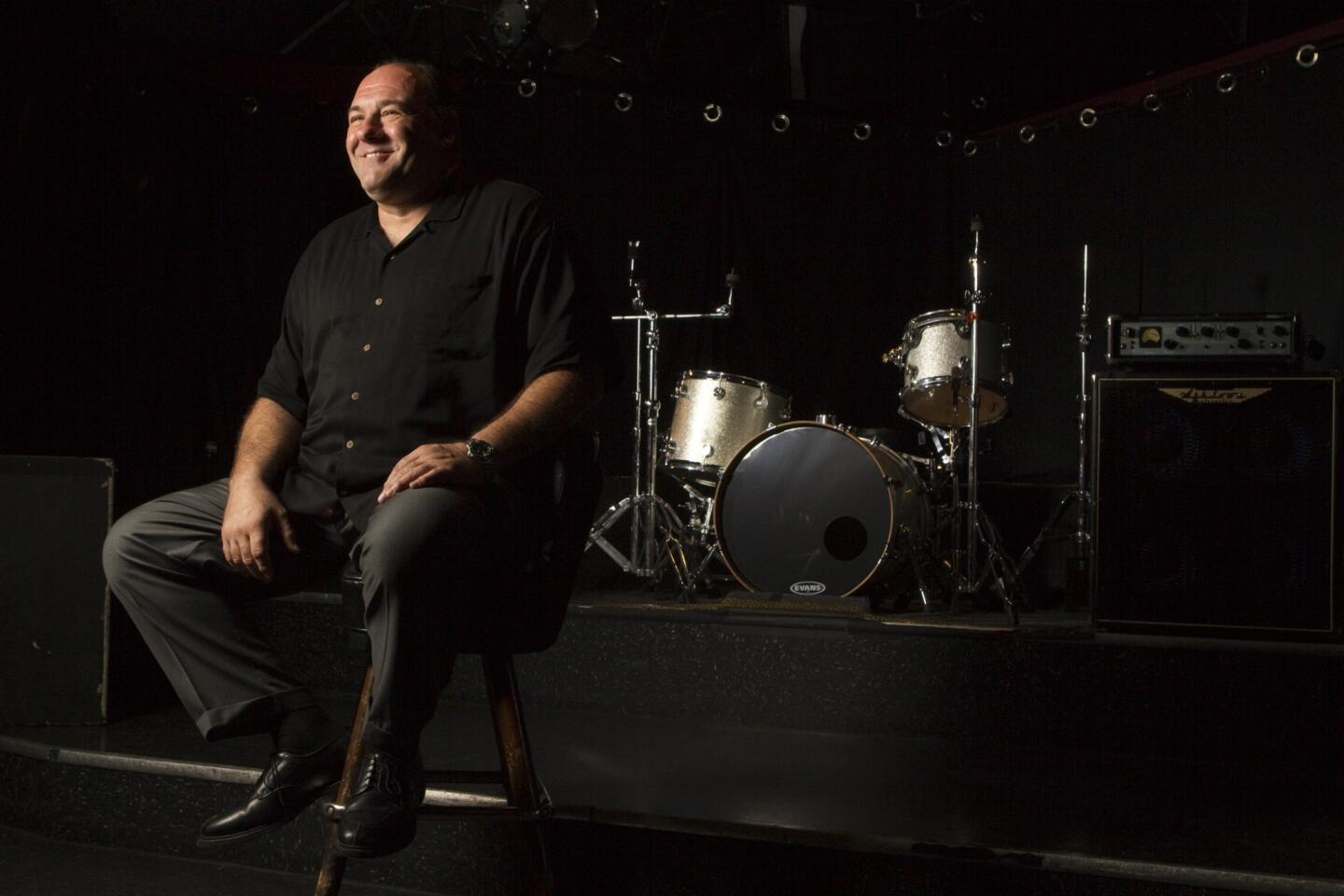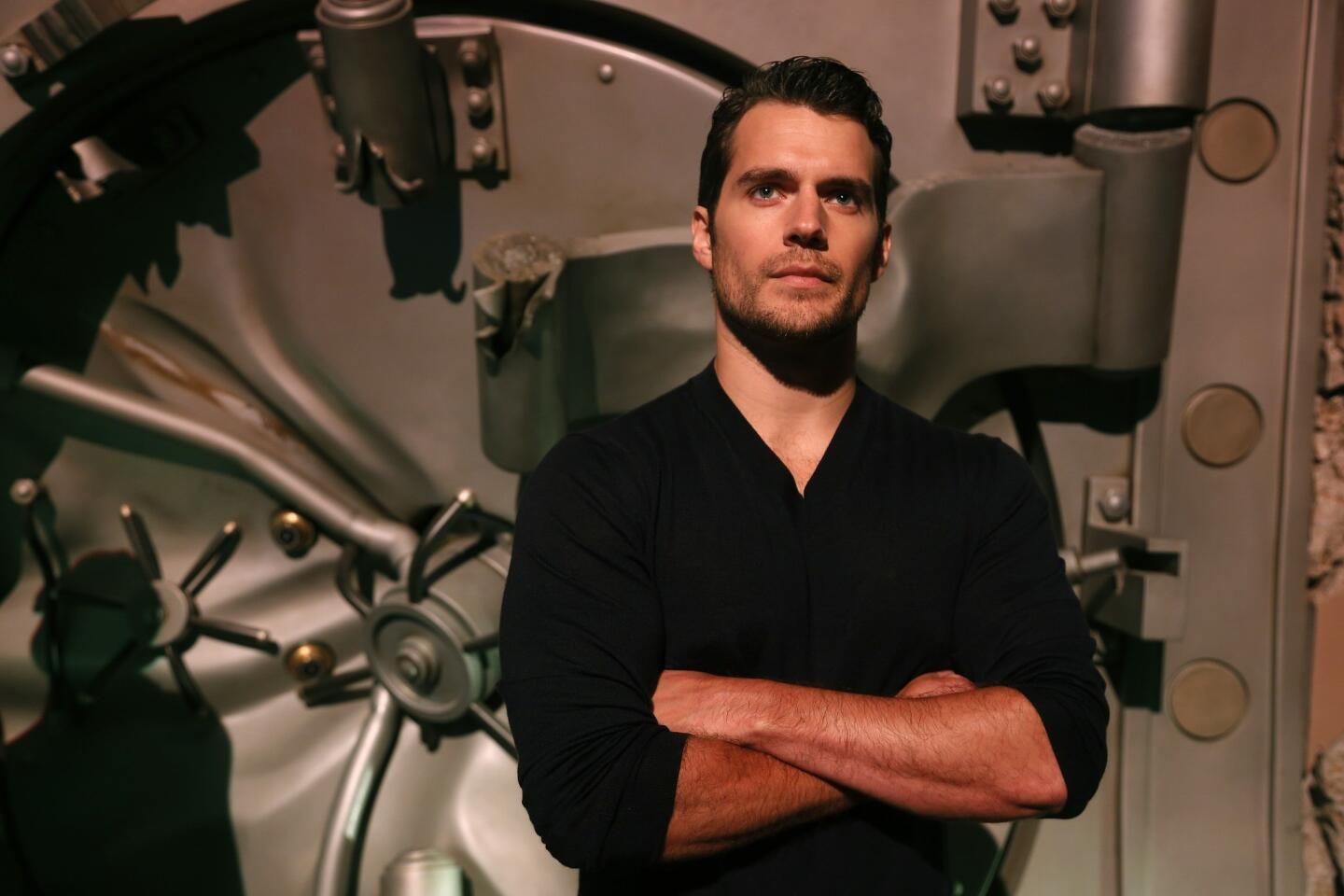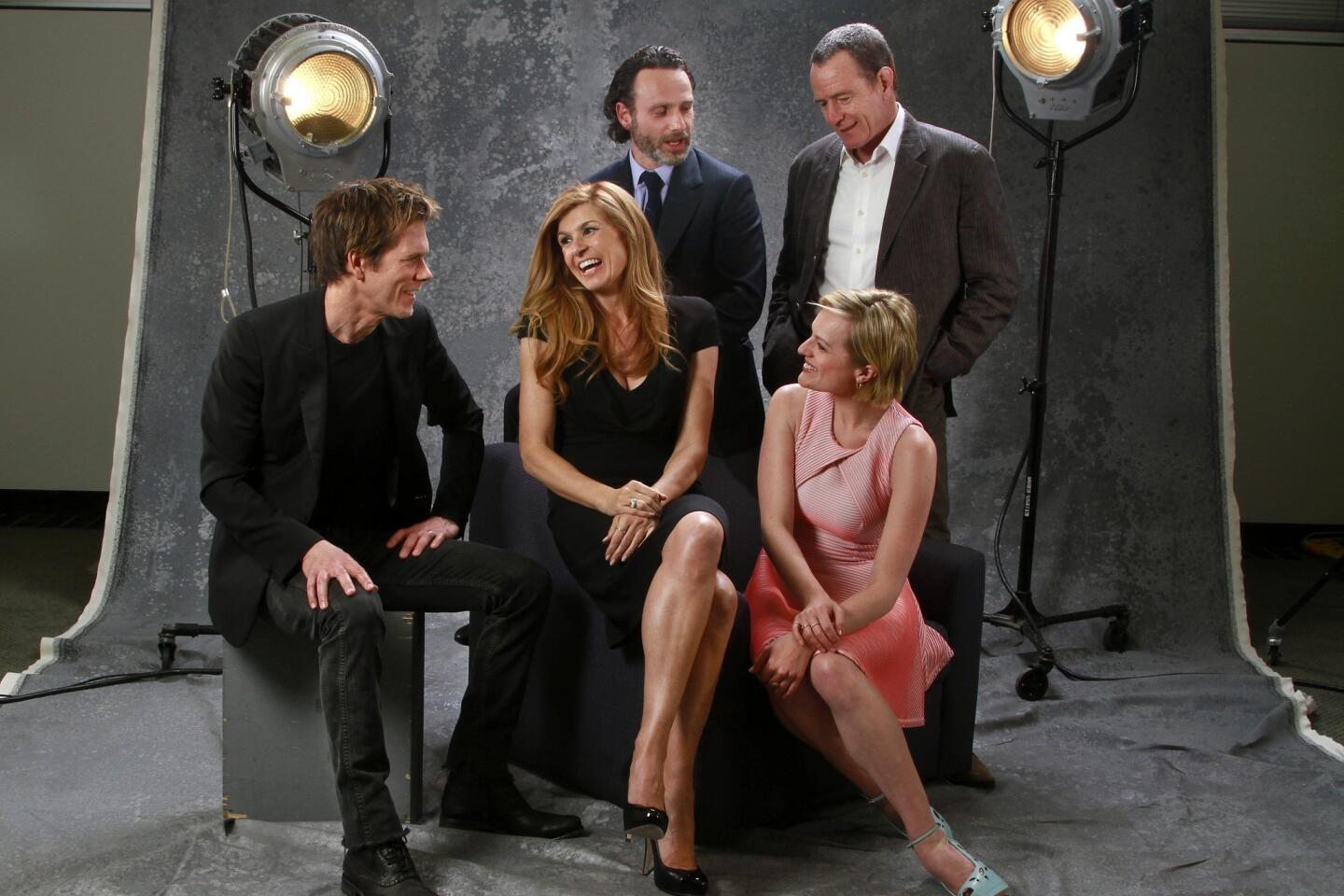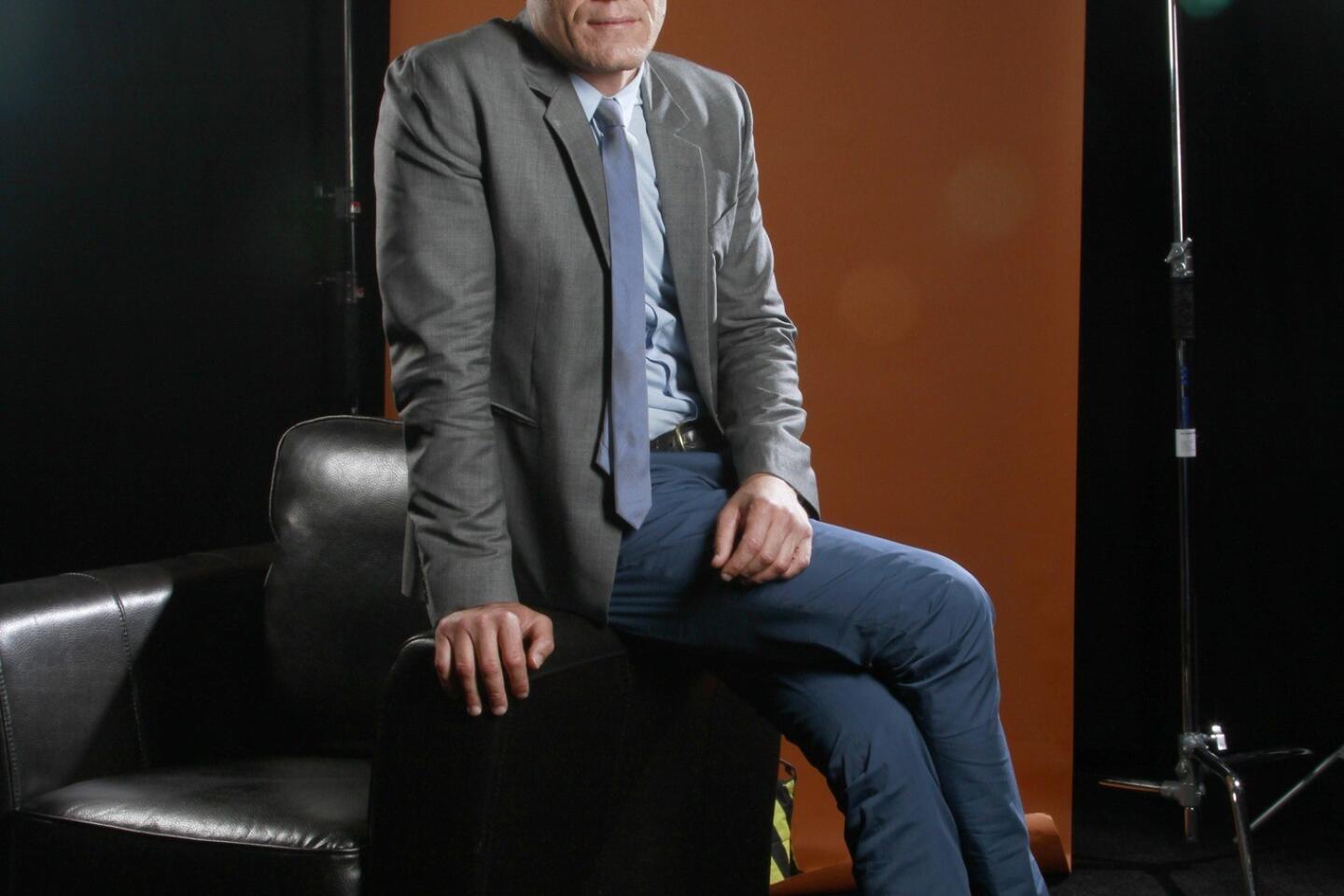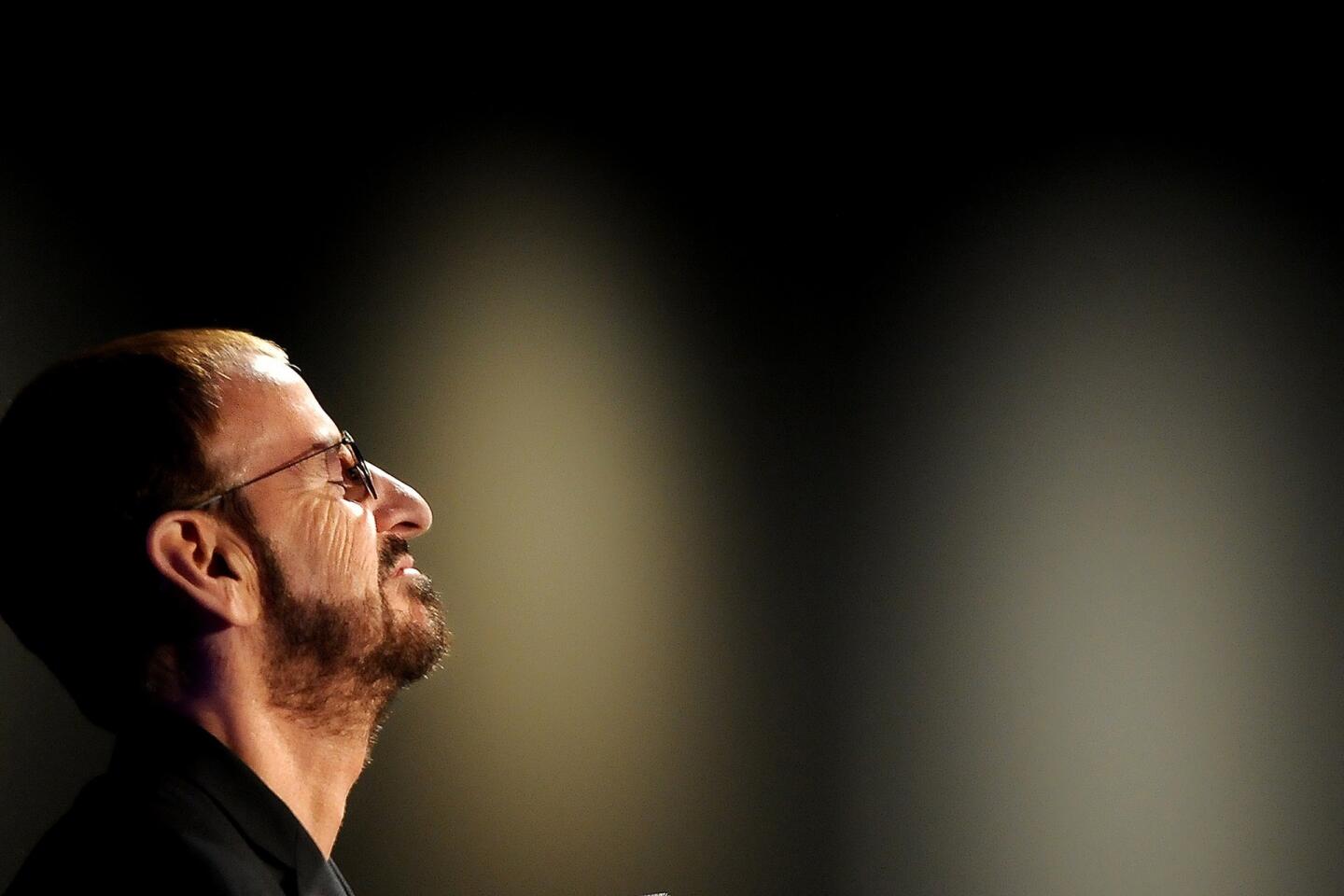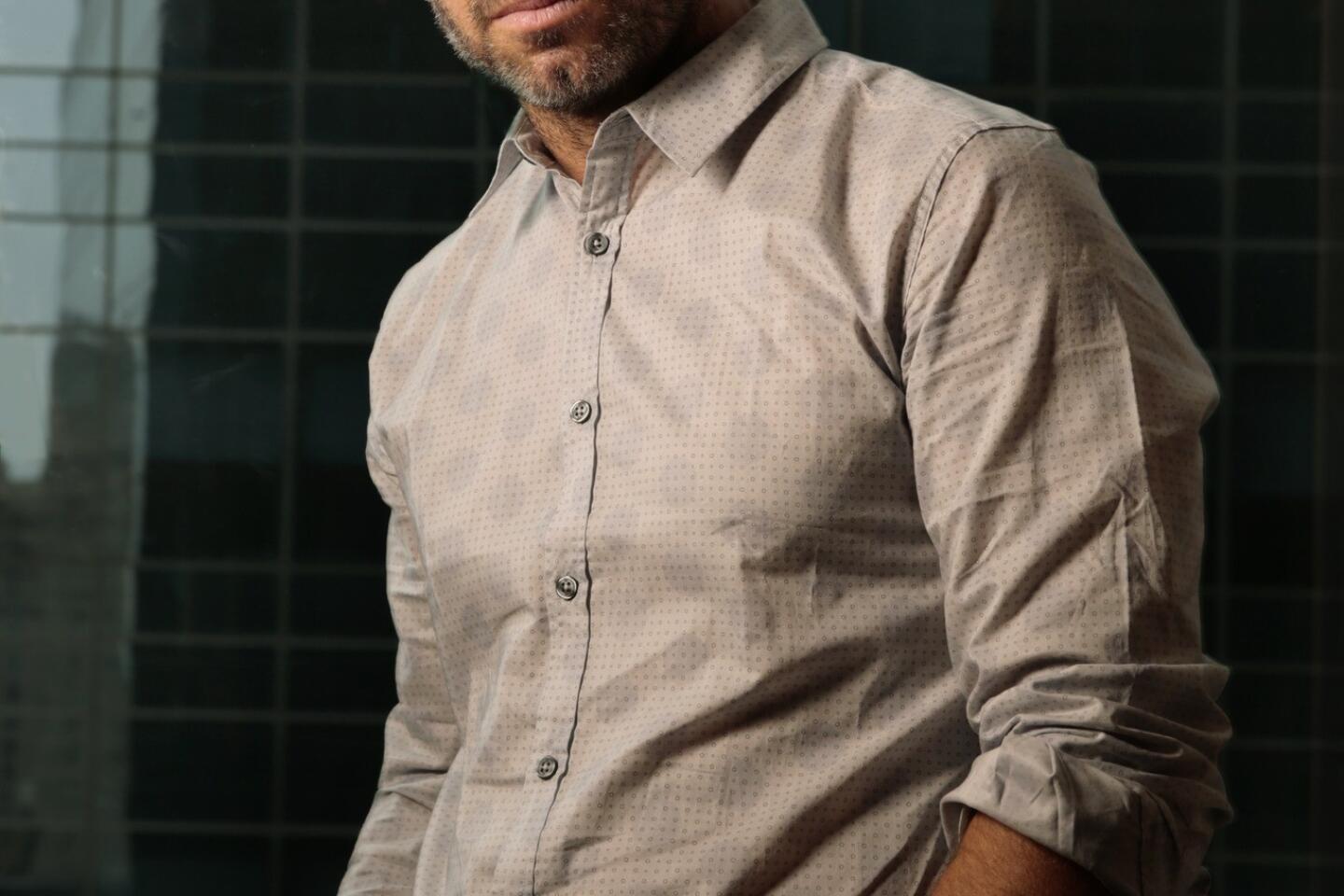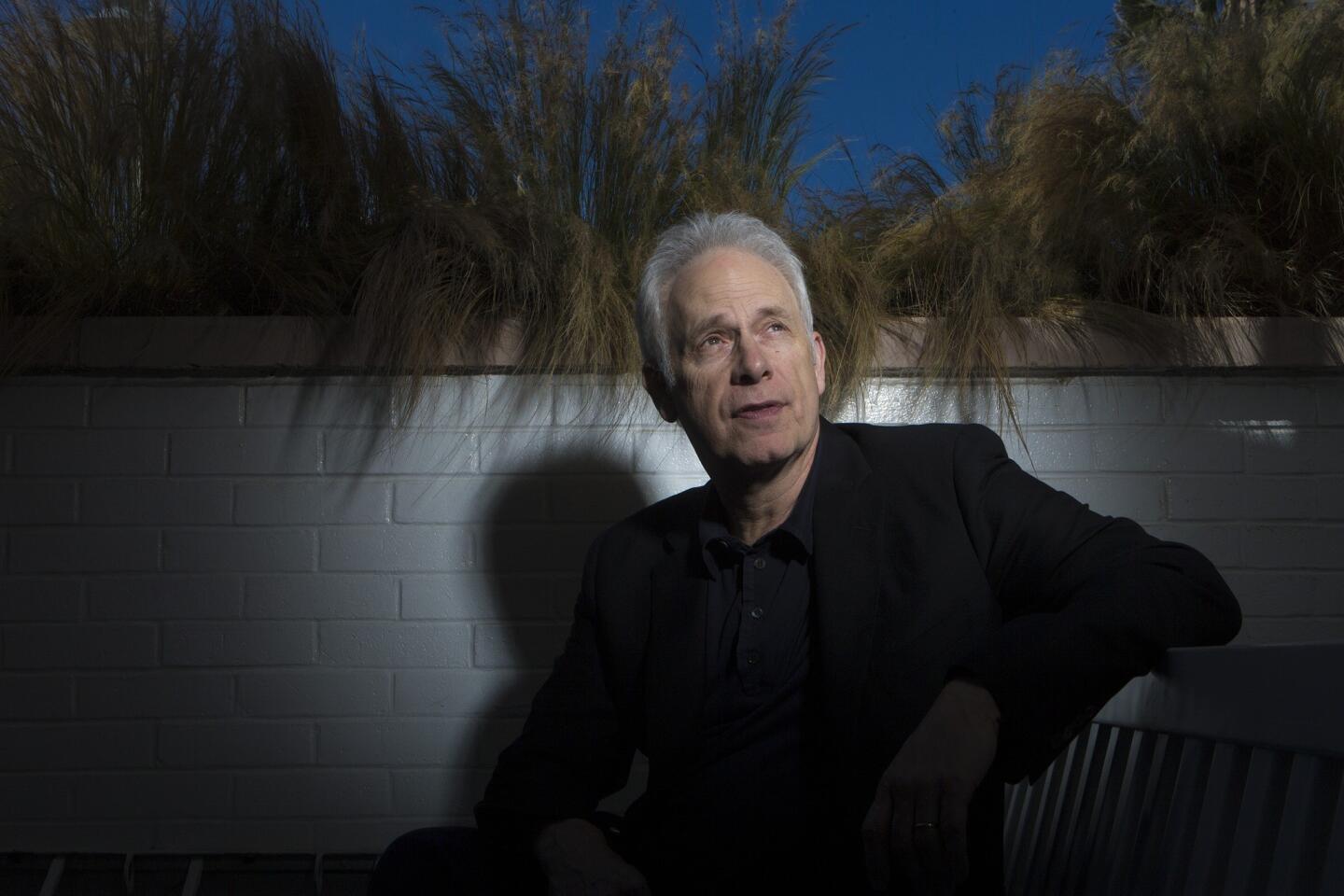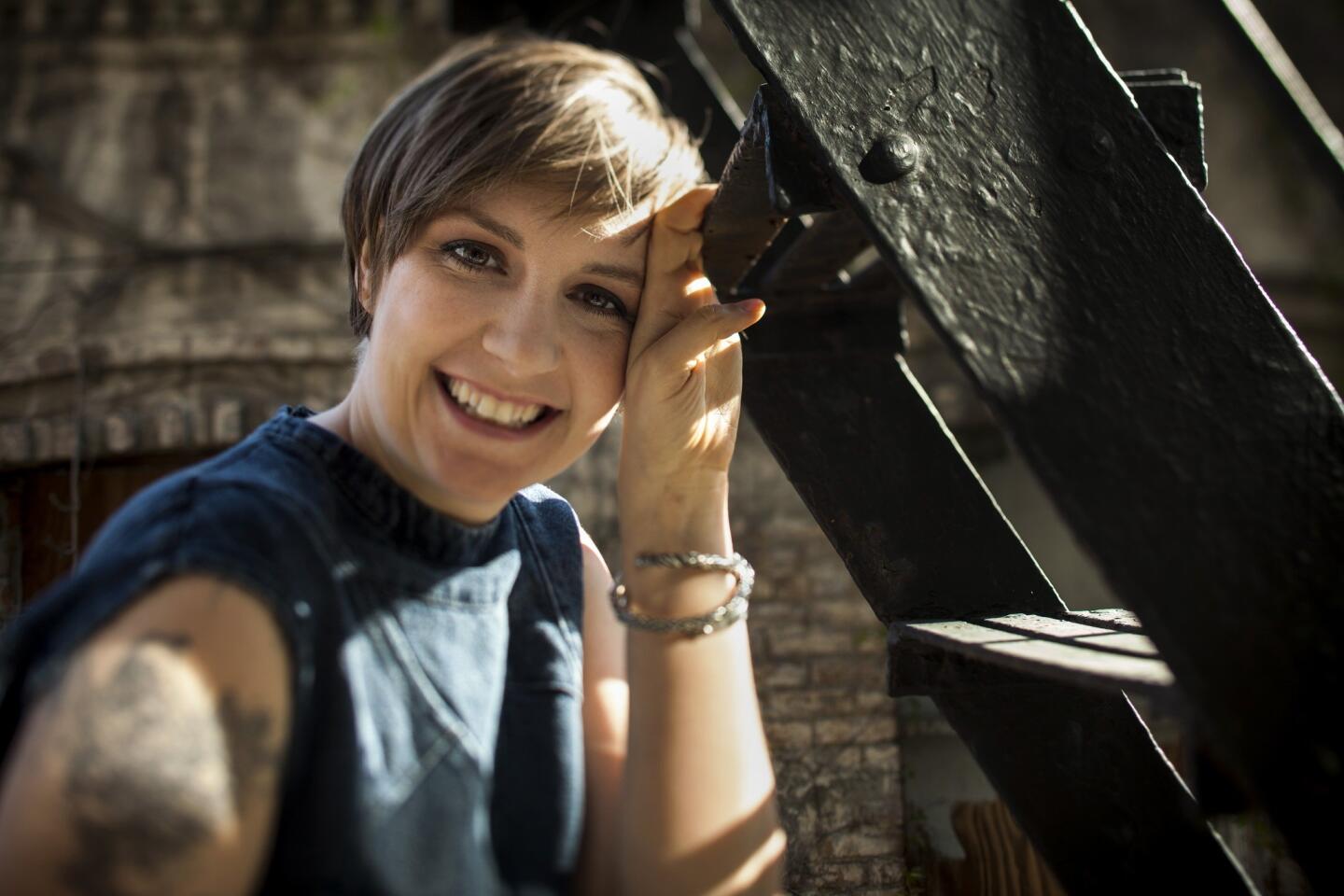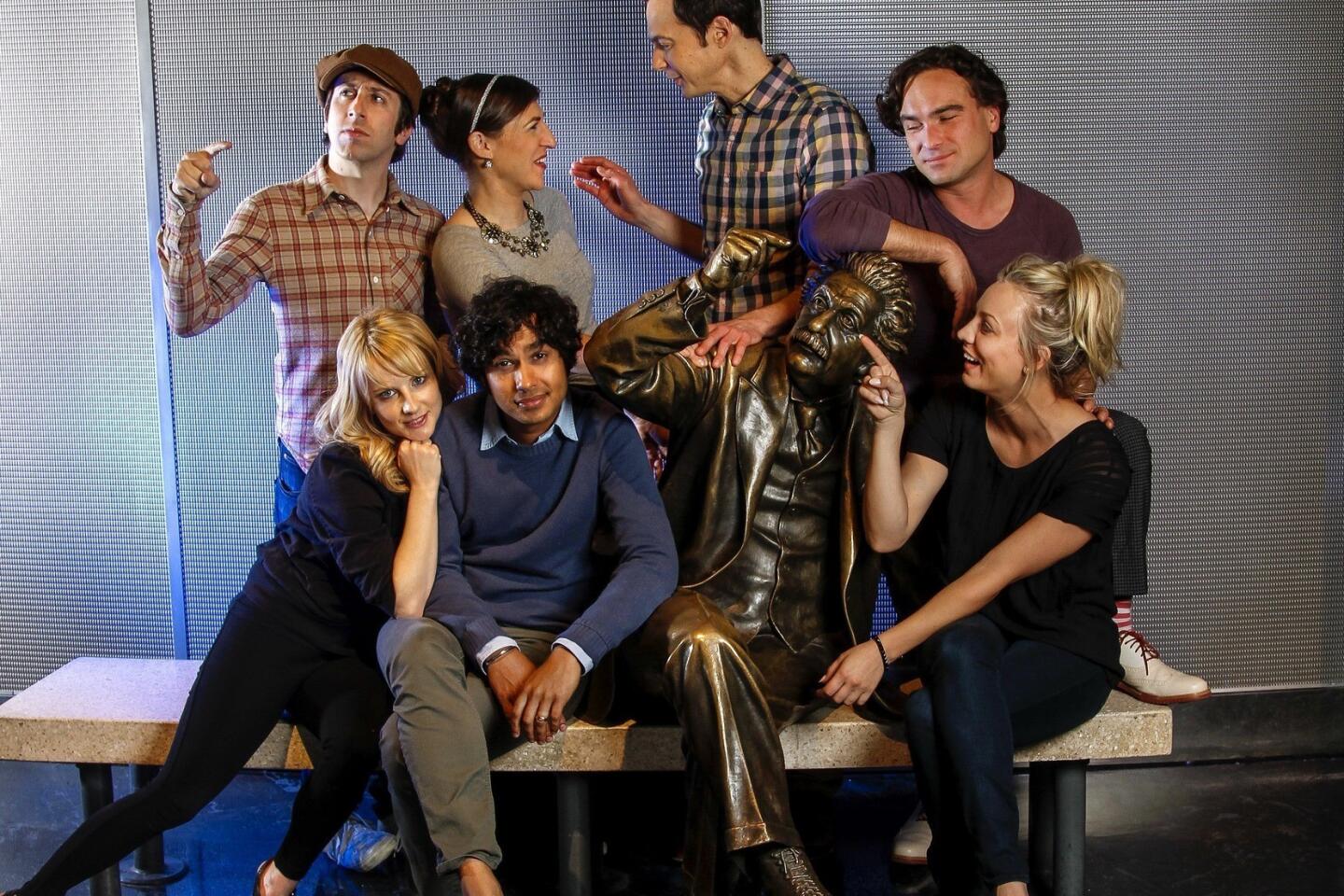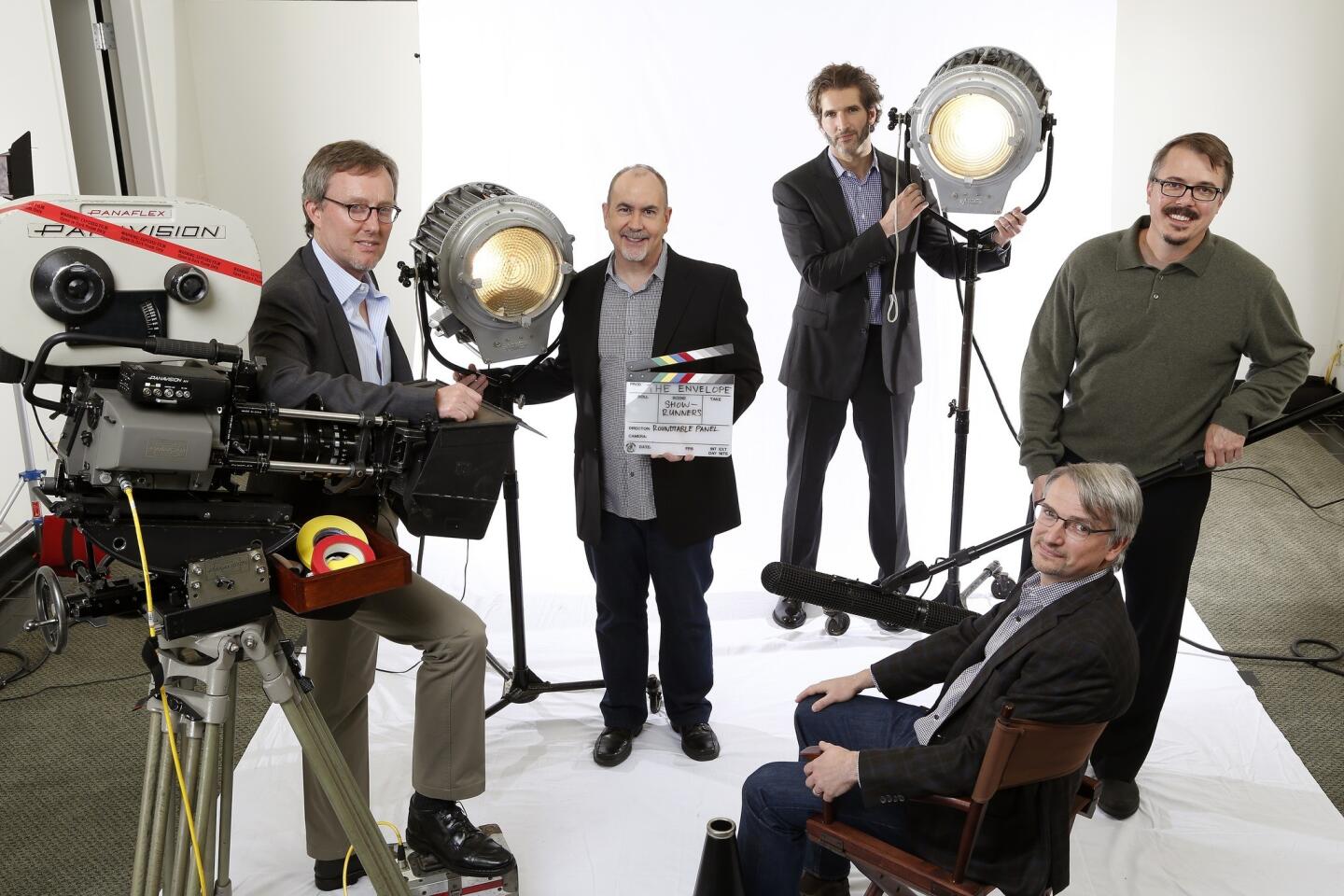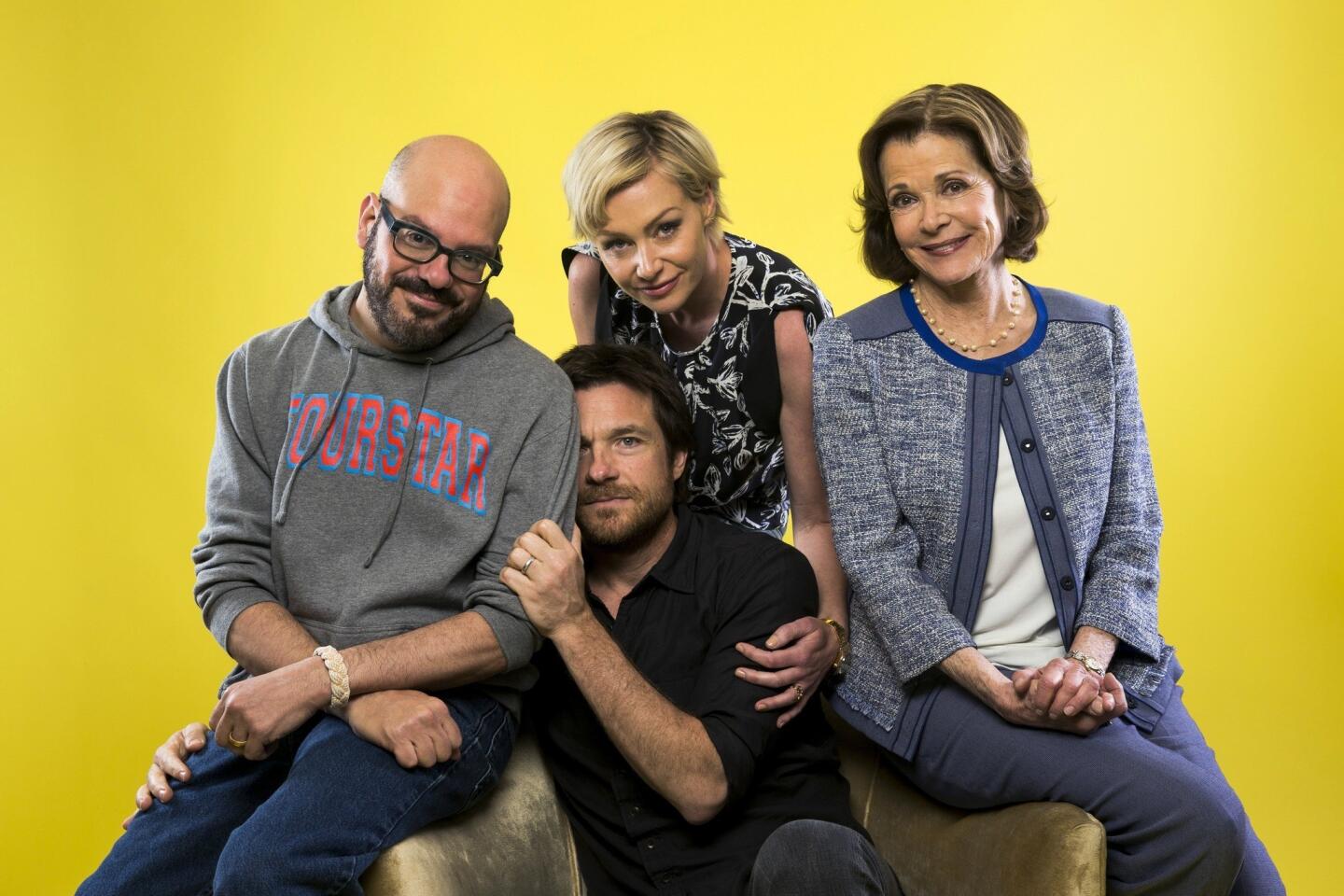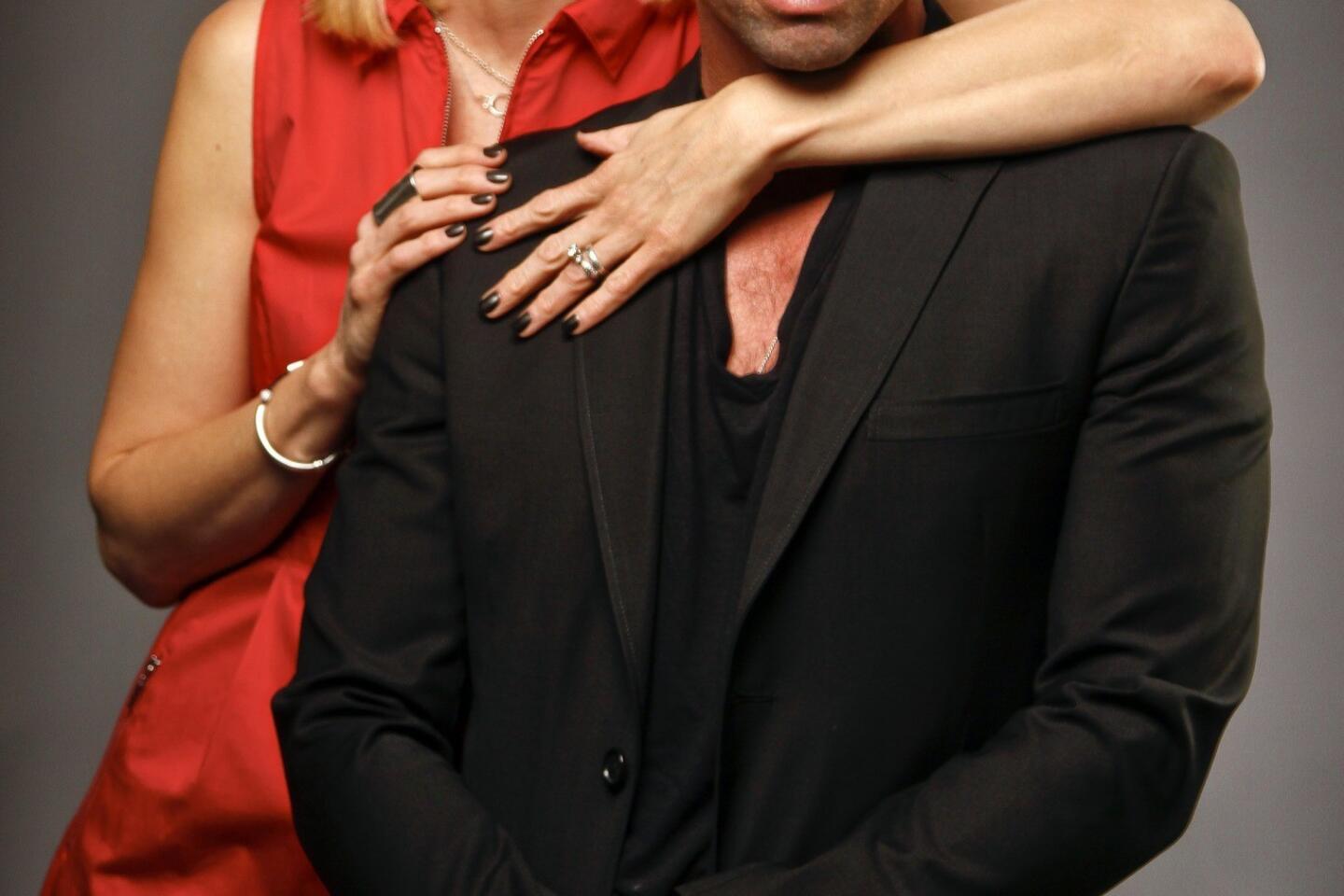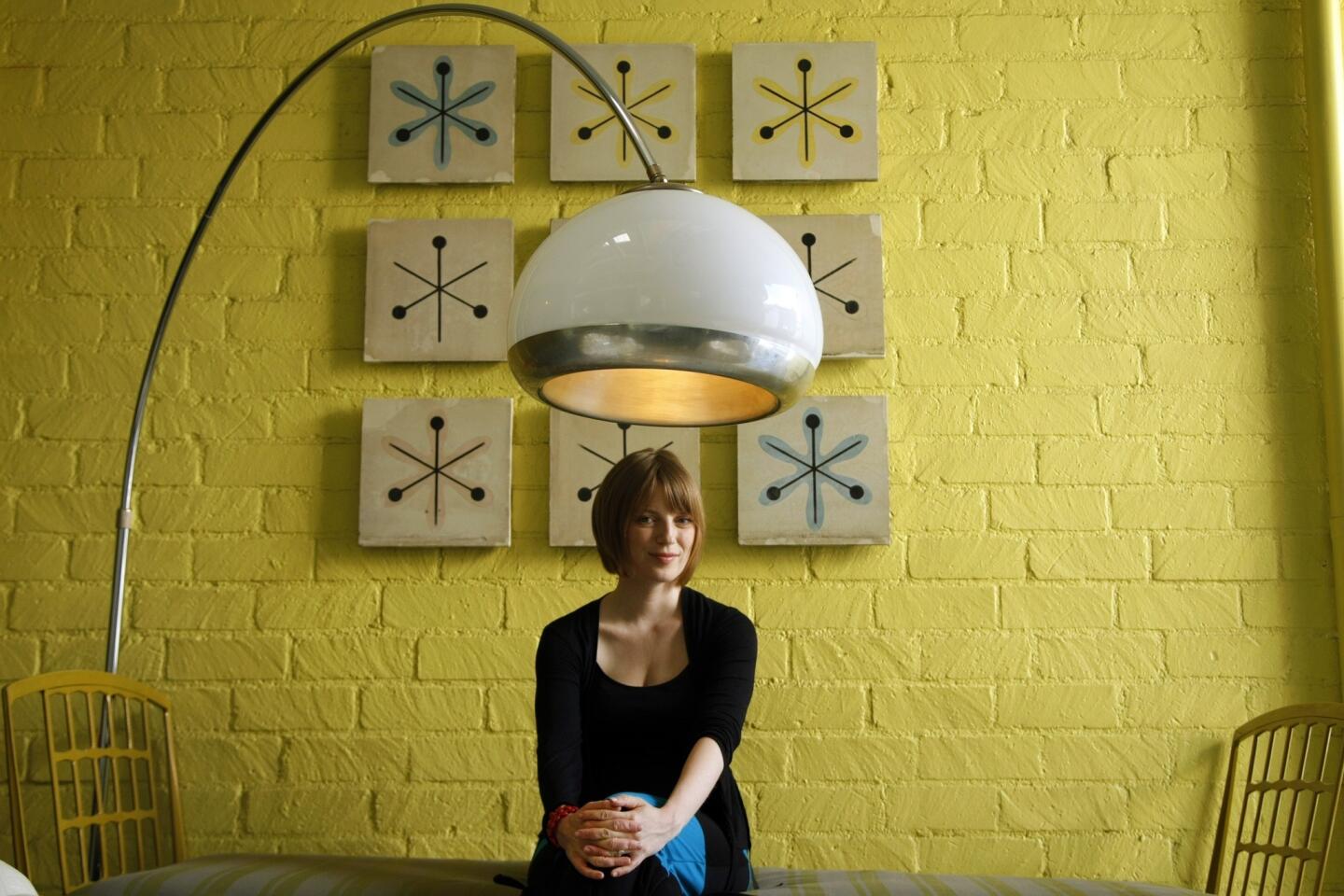‘Concussion,’ ‘Afternoon Delight’ examine women’s midlife crises
- Share via
“I hate this. I don’t want this. I don’t want it!” cries Abby, a mother who’s just been hit on the head by her son’s baseball in the opening scene of writer-director Stacie Passon’s new film, “Concussion.” Blood is gushing from the woman’s temple, but it’s her claustrophobic life — the school committee meetings, the spin classes and the light lunches in suburban New Jersey — that she’s protesting.
Abby’s grievances are echoed in Jill Soloway’s recent movie “Afternoon Delight,” which tracks fortysomething mom Rachel, who disrupts her affluent life in Los Angeles’ Silver Lake neighborhood by bringing a stripper home to live with her, her workaholic husband and their preschool-age son. “I want out. Not out of this marriage, out of this life. We have too much,” is her emotional outburst.
The restless, disgruntled American housewife has been an archetype in literature, film and TV for decades. Recently, directors such as Nicole Holofcener and Lisa Cholodenko have been addressing the female psyche in films including “The Kids Are All Right” (Cholodenko) and “Enough Said” (Holofcener). Television has explored it with characters as diverse as “Mad Men’s” Betty Draper, “The Good Wife’s” Alicia Florrick, even “Weeds’” Nancy Botwin.
PHOTOS: Billion-dollar movie club
In an era of a shrinking middle class, patience for the angst felt by such characters might be wearing thin, their discontent seemingly frivolous, their plethora of choices a luxury. Yet in many ways the malaise of Abby, Rachel and others of their cohort can be seen as quite fresh. These characters embody the conflicted generation of women whose mothers were part of the feminist movement. Many pursued careers, gave them up once their children were born and now are debating the wisdom of those choices.
Their real-world counterparts are grappling with books like Sheryl Sandberg’s “Lean In,” which encourages women to take a more aggressive stance in the workplace. And they are revisiting their decision-making in articles like Anne-Marie Slaughter’s in the Atlantic, “Why Women Still Can’t Have it All,” or “The Opt-Out Generation Wants Back In,” a much-discussed New York Times magazine piece on mothers who a decade ago left the working world for the greener pastures of a child-rearing lifestyle only to discover they want to return to their careers.
A number of these films and TV shows, however, are going beyond where some of these print discussions end: into the bedroom. Their female writer-directors see sex as a critical part of the conversation and an extreme catalyst for change.
“We assumed that we could have it all,” said Caroline Libresco, senior programmer and director of special programs at the Sundance Institute. Libresco oversaw the inclusion of “Concussion” and “Afternoon Delight” in this year’s festival. “Some women are able to achieve that and most are not. Most are exhausted, overworked or finding themselves as a ‘50s-style housewife, really dissatisfied and needing to reassess.”
‘Desperation’ responses
Passon and Soloway came to their projects as a result of their own midlife reevaluations.
For Passon, a commercial director and producer, “Concussion” was a response to her own malaise, experienced when she and her partner moved to Montclair, N.J., to raise their two young children. The financial crisis hit, and Passon saw her jobs dry up.
“I just stayed home and painted the house,” said Passon, 44. “I thought we would move to the suburbs and everything would be fantastic. But I looked around me and saw a modern-day Peyton Place, and it scared me. It happens when your kids go to school and they don’t need you so much anymore. If you’re not working, you find yourself isolated. A desperation sets in.”
Passon decided to write a film in which the main character, played by Robin Weigert, starts satisfying her unmet sexual needs outside the home — first hiring a hooker, then becoming a female prostitute herself, one who meets with her female customers ahead of time to learn their specific needs and desires. “I sort of paralleled what Abby was going through. I just didn’t do it with sex. I did it with filmmaking,” said Passon with a laugh. “I hired an emotional surrogate, and I shot it.”
PHOTOS: Celebrities by The Times
For Soloway, “Afternoon Delight” was born of her frustrations with a career that on paper looked perfect. Best known as a writer and producer on HBO’s “Six Feet Under” and Showtime’s “United States of Tara,” she was also married with two children yet anxious for more. Most of her frustrations came from always being the second-in-command on the popular shows. “I did have that middle-of-the-night phrase, ‘It’s not enough,’ always in my head. Life isn’t adding up to enough. You’re not doing enough, or if you died tomorrow, did any of it matter enough?” she recalled.
Like Passon, Soloway directed her midlife frustrations into her directorial debut. “It was my place I was running off to during the day. It was the place where I was seen, where I was myself, where I was growing. And all the while I was questioning, how do I make this fit with being a mom?”
Both Passon and Soloway’s films are in the micro, under-$1-million range, made in their hometowns using, in some cases, their own houses, minivans and sometimes even their children.
PHOTOS: Hollywood backlot moments
Holofcener, meanwhile, made her film in the studio system with Fox Searchlight as the backer, yet she is still able to address the complex emotions that come with motherhood in “Enough Said,” though the film, which stars Julia Louis-Dreyfus as a single mother, is more about grappling with her daughter’s pending departure to college.
Rather than focus on how a woman regains her personal identity once she has a child, Holofcener focuses on the redefining after the kids leave. “It is a massive transition, very similar to having a child,” said Louis-Dreyfus, who has one child in college and another set to leave in a few years.
“I liken it to living your life on one side of a wall you didn’t even know existed, and you can’t see what’s on the other side of it. Then you have a child and you’re on the other side of the wall.... Everything flips so dramatically.”
The role of sex
There is more at work in these films than women choosing between career and children. Sex is also central in the protagonists’ search for identity, as a way for these women to view themselves outside of the role of the mother and to connect to who they were before they had children.
When Soloway was beginning her work on the film, a colleague advised her that the movie needed to be about either motherhood or sex, that it couldn’t be about both. “People prefer their mothers to be focused on mothering,” quipped Soloway.
Passon’s film flips the premise of the 1967 Catherine Deneuve film “Belle de Jour,” about a young wife who takes an afternoon job as a prostitute in a bordello, on its head with a character 40 years in the future — gay, educated and living in a consumer-driven society, choosing prostitution as a way to reconnect to her sense of self the way a woman would visit a therapist to heal her psyche.
SNEAKS: Movie trailers, full coverage
“To me, it’s no accident that the only way she can rediscover her sexual passion is through a commodity exchange,” said Ann Pellegrini, associate professor and director of the Center for the Study of Gender and Sexuality at New York University, who calls the film an updated version of Betty Friedan’s feminist manifesto “The Feminine Mystique.” “I think the film is deeply exposing of a feminism that’s produced through individual empowerment or economic achievement, but it is stripped of any movement or context.”
Weigert’s character in the beginning is quite recognizable, one of the many affluent women who, after they send their children off to school, spend hours in the gym trying to combat the march of time. Weigert, best known for her role in “Deadwood,” spent three months on a no-sugar, 1,400-calorie-a-day diet coupled with twice-daily workouts. It was a punishing regime that completely lessened her emotional swings, enhancing her detached affect, where her character’s journey begins.
“I have empathy for the actresses who make this a regular practice,” said Weigert, who has since returned to the land of refined sugars and carbohydrates. “I can see why they seem so vacuous and so vapid. They just need a bit of a peak and a valley in the course of their day. That’s what sugar gives you.”
In “Afternoon Delight,” Rachel tries to “save” stripper-turned-sex-worker McKenna (Juno Temple) by letting her live with her family. In actuality, the character is trying to live out the dangerous side of herself, even going so far as accompanying McKenna on a “prostitution playdate,” where she gets to watch McKenna at work.
For Soloway, it was an effort to balance the role of a mother with that of a sexual being. “All the things we want from marriage involve safety, and the worst thing for sex is a feeling of safety,” said Soloway. “It really is unnatural to be a great mom, to be really concerned with the needs of your children and also have access to the most transgressive sides of yourself.”
More to Read
Only good movies
Get the Indie Focus newsletter, Mark Olsen's weekly guide to the world of cinema.
You may occasionally receive promotional content from the Los Angeles Times.







